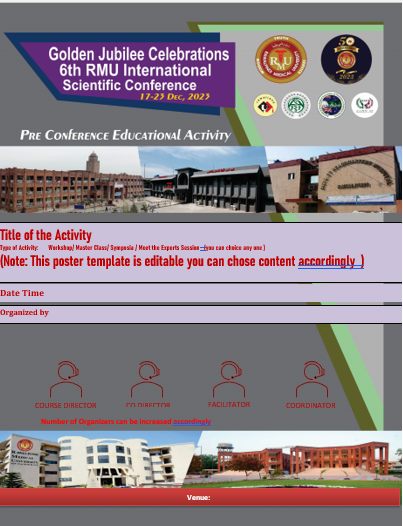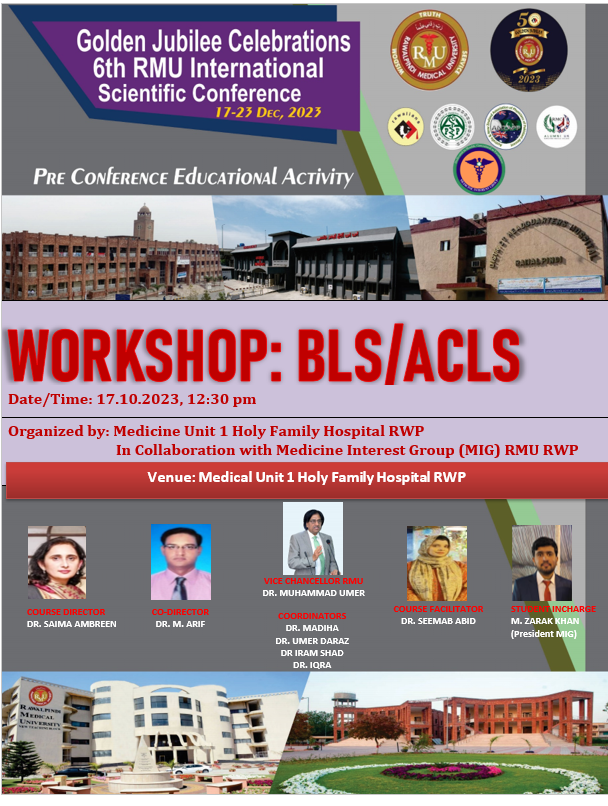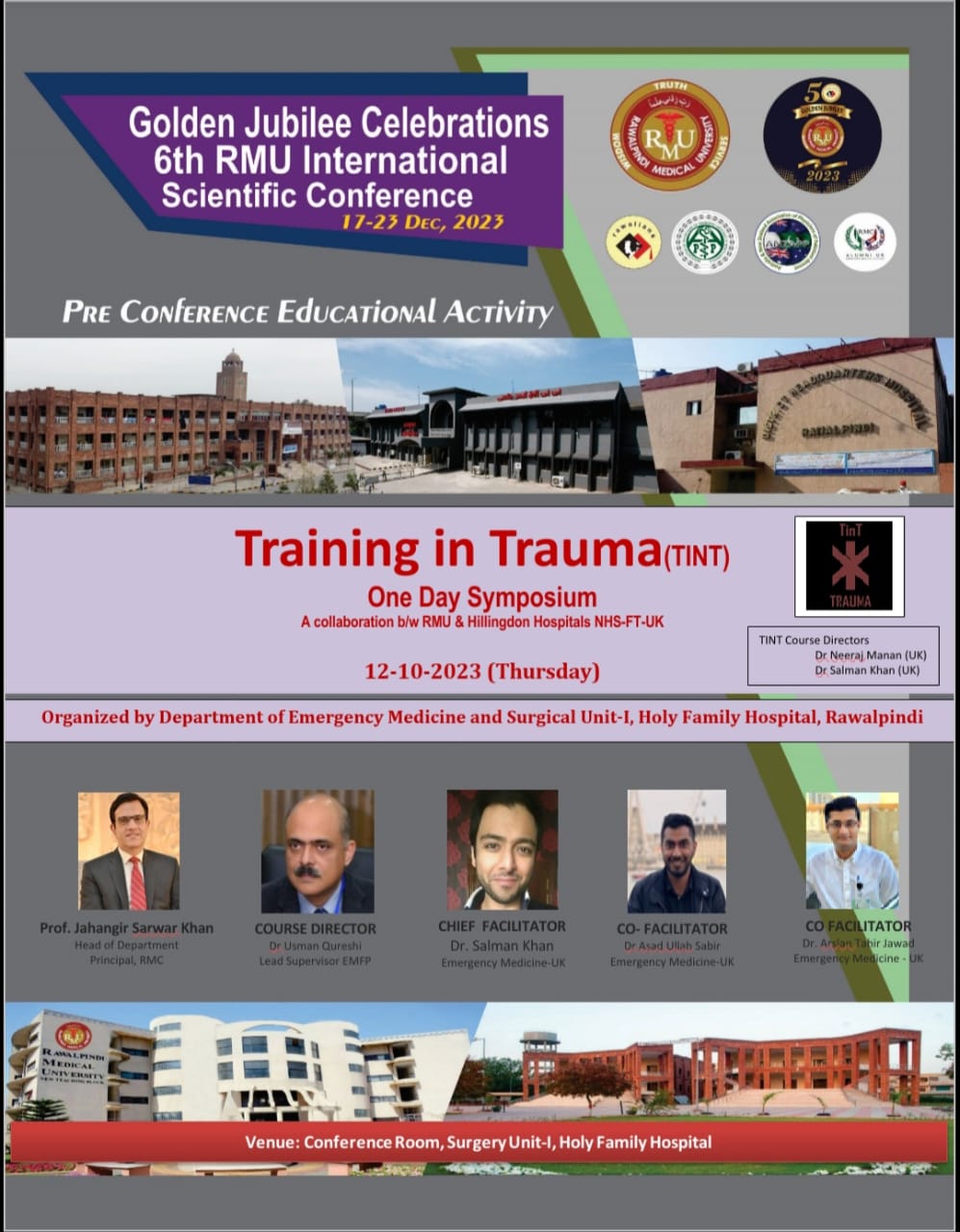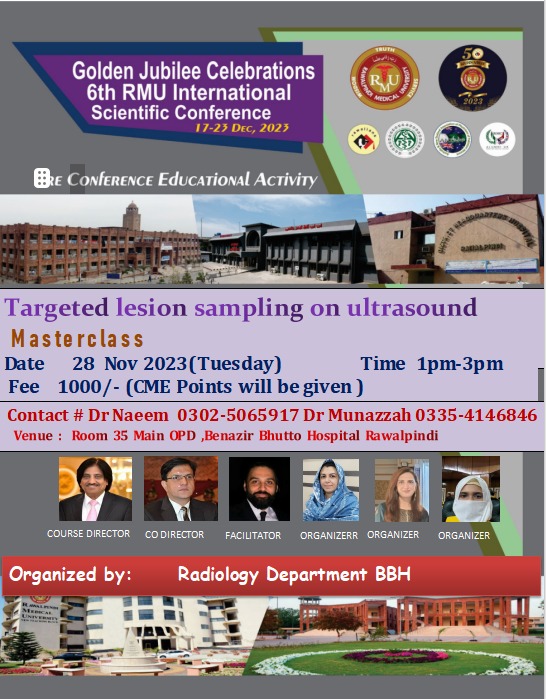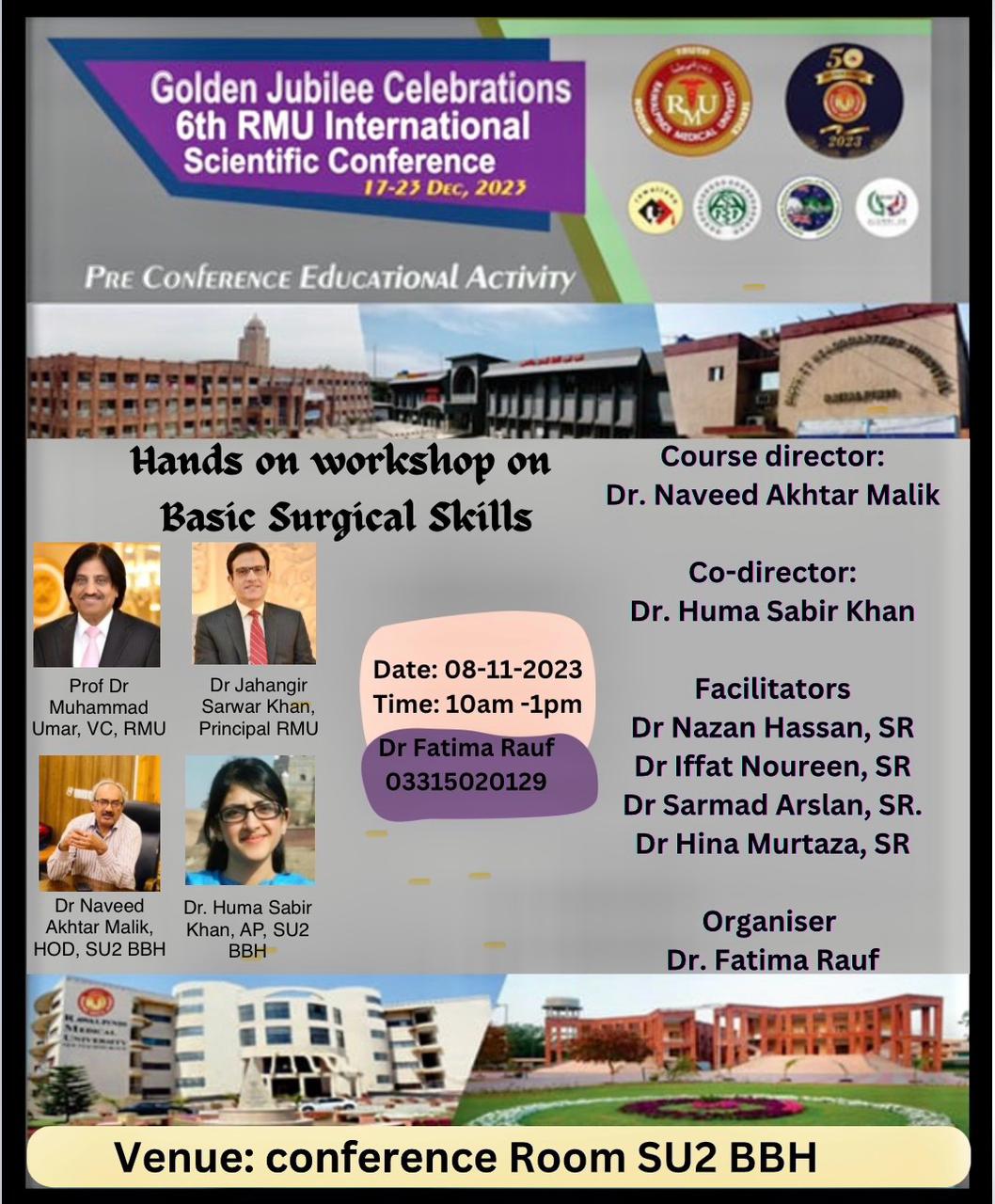Pre-Conference Educational Activities

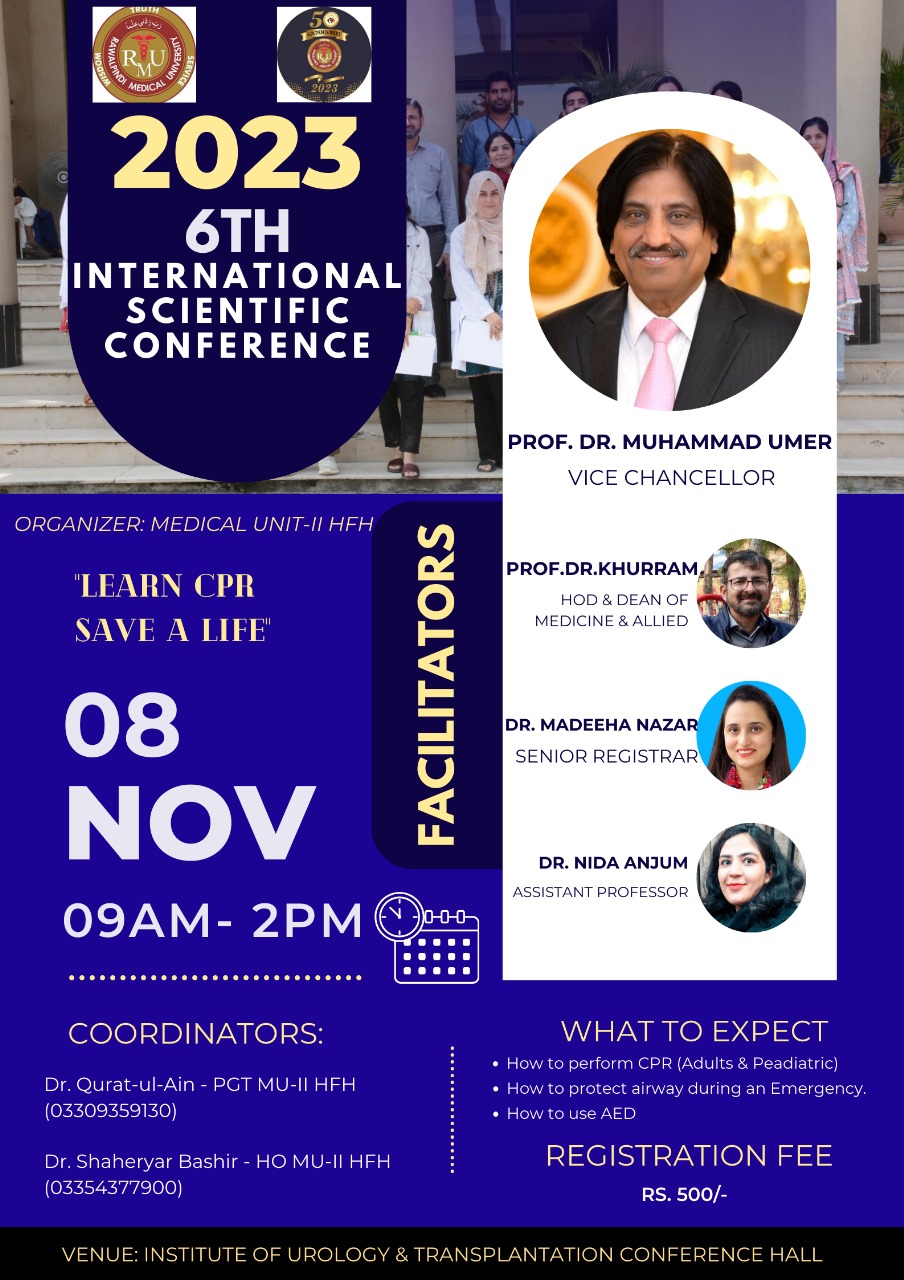
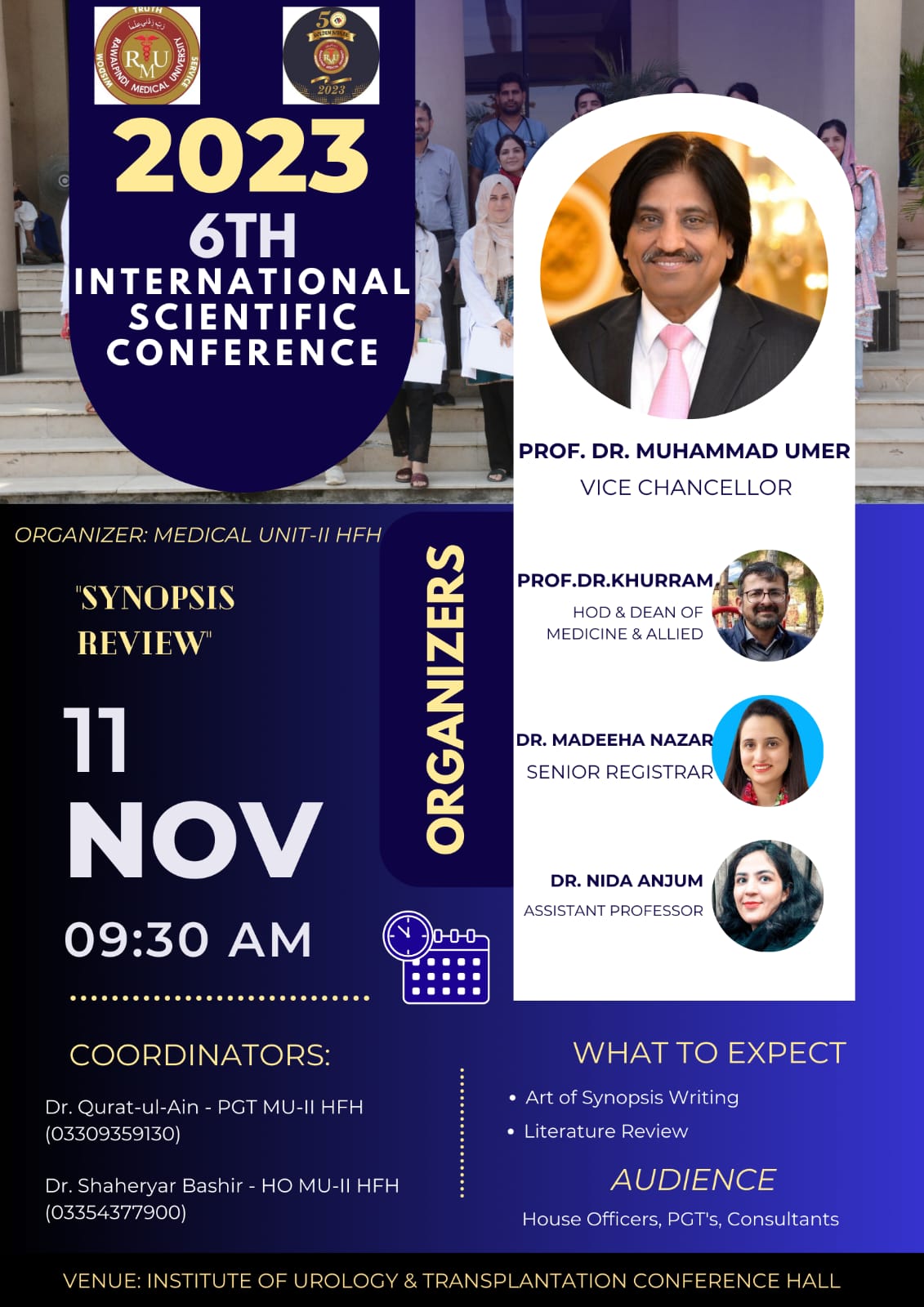
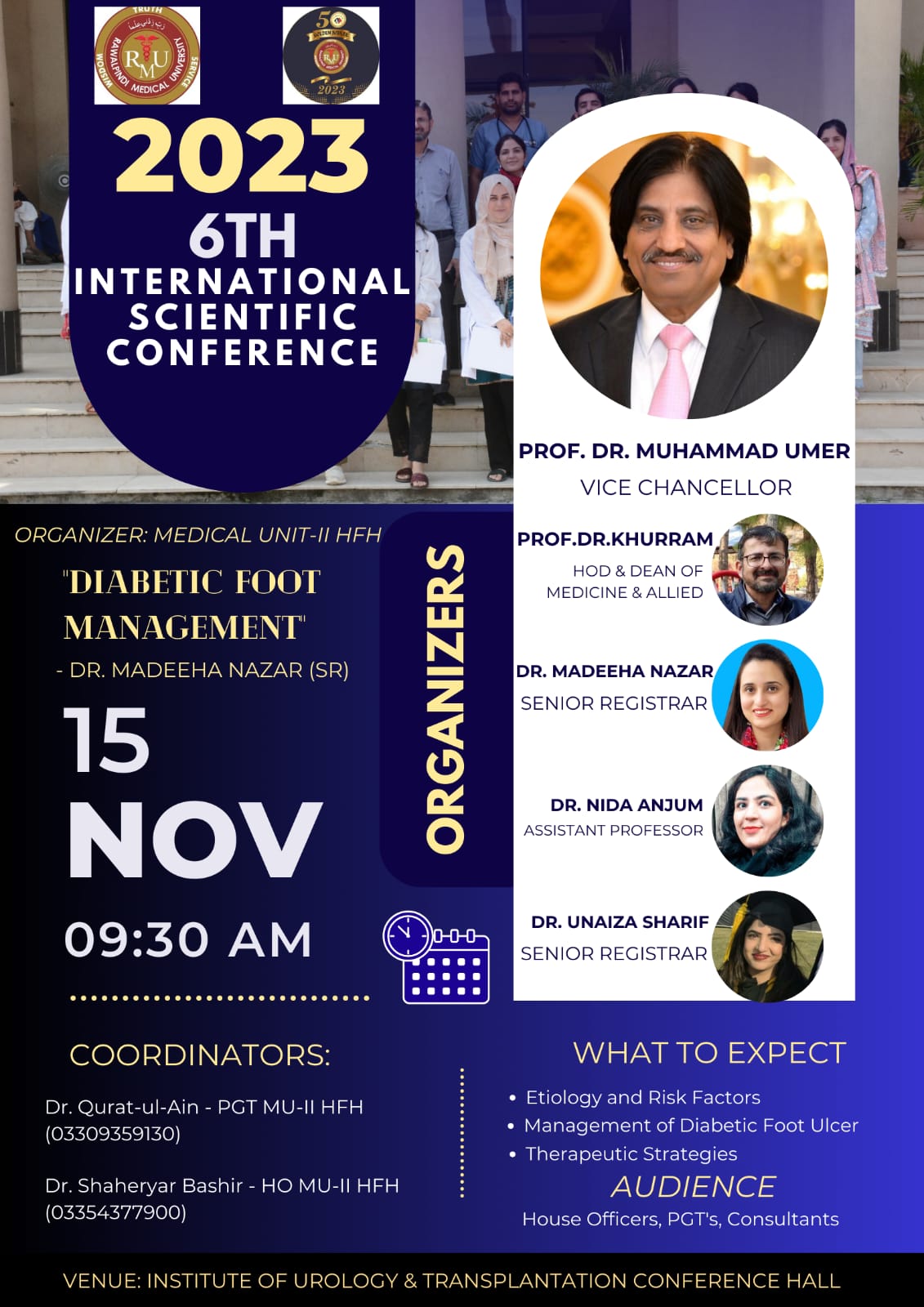
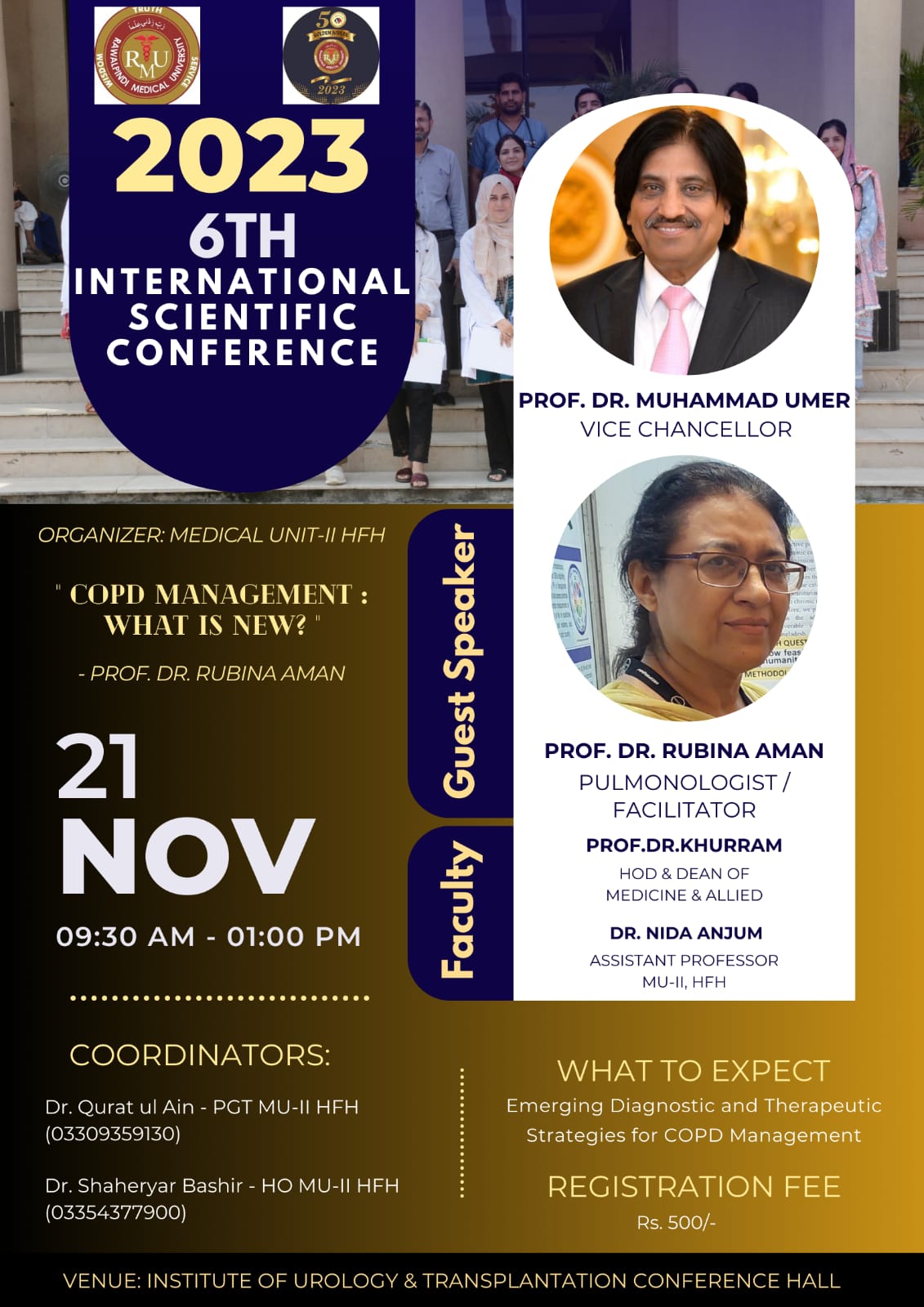
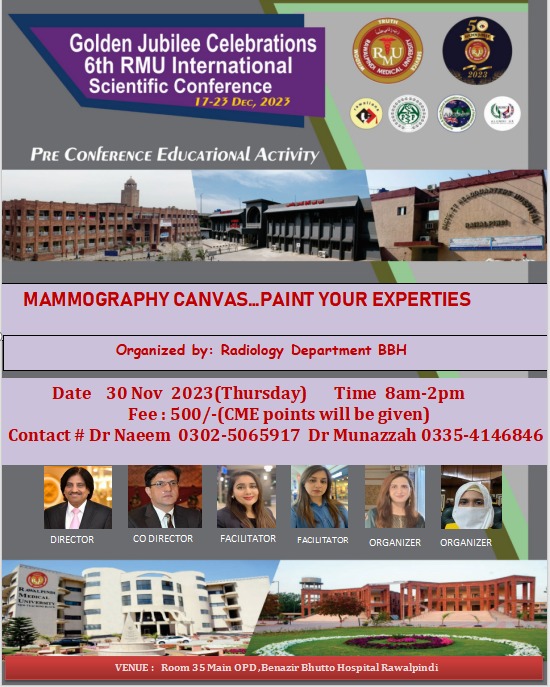
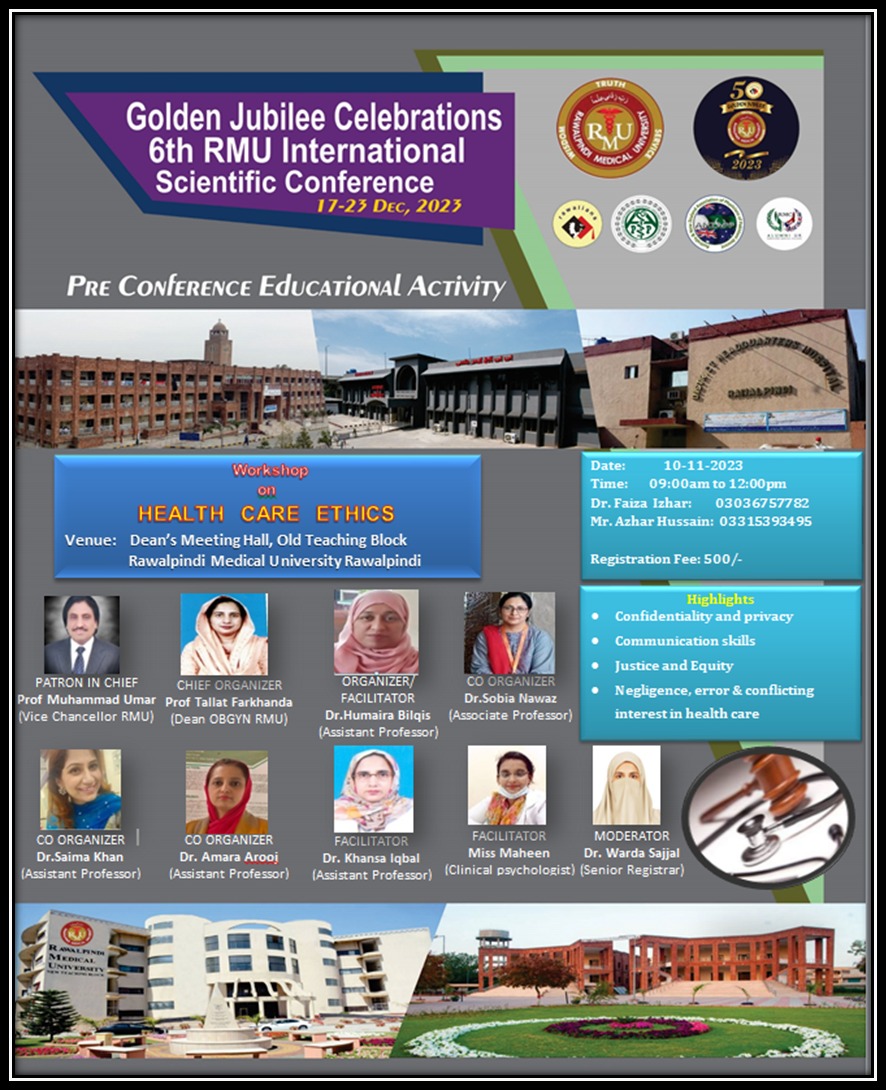
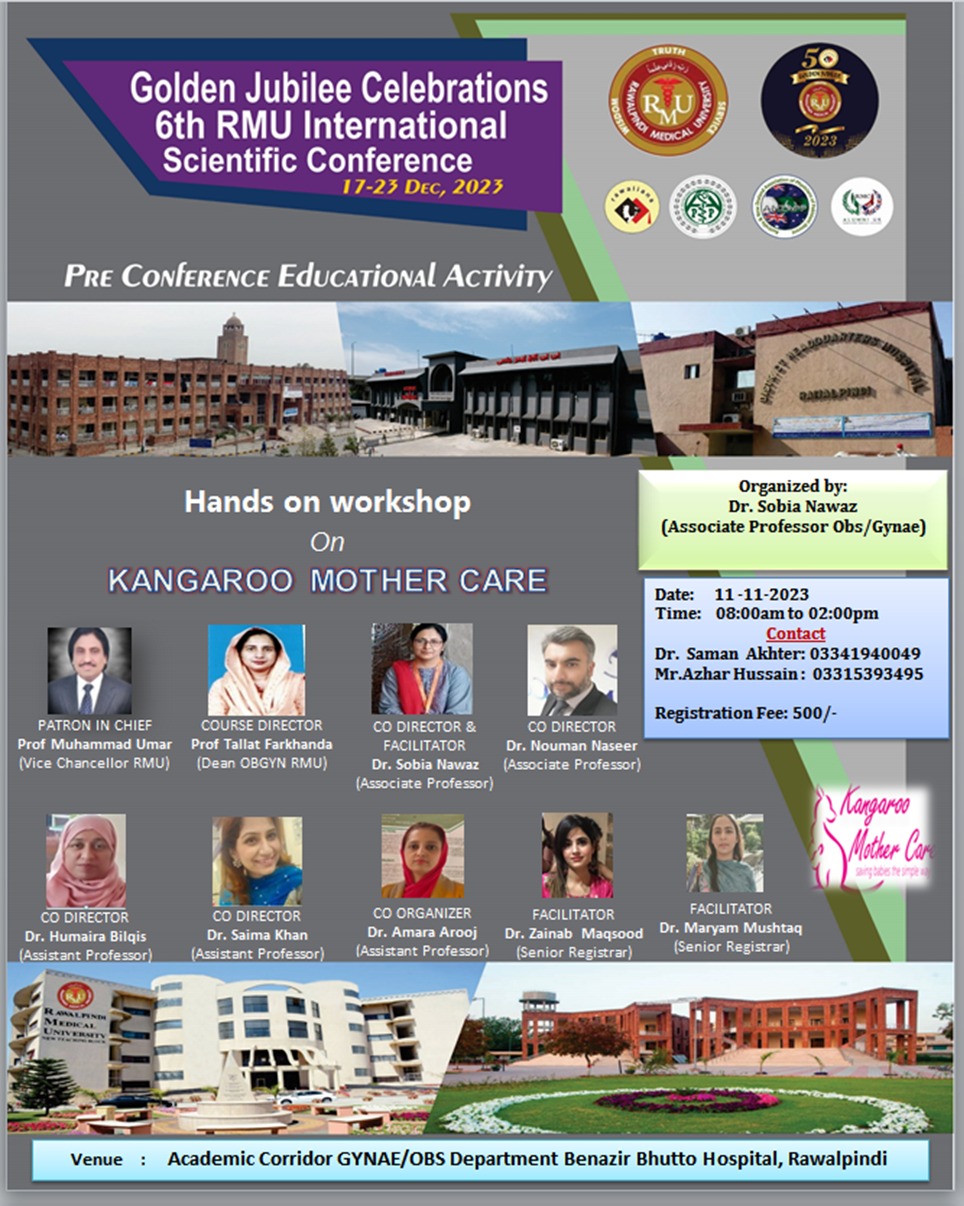
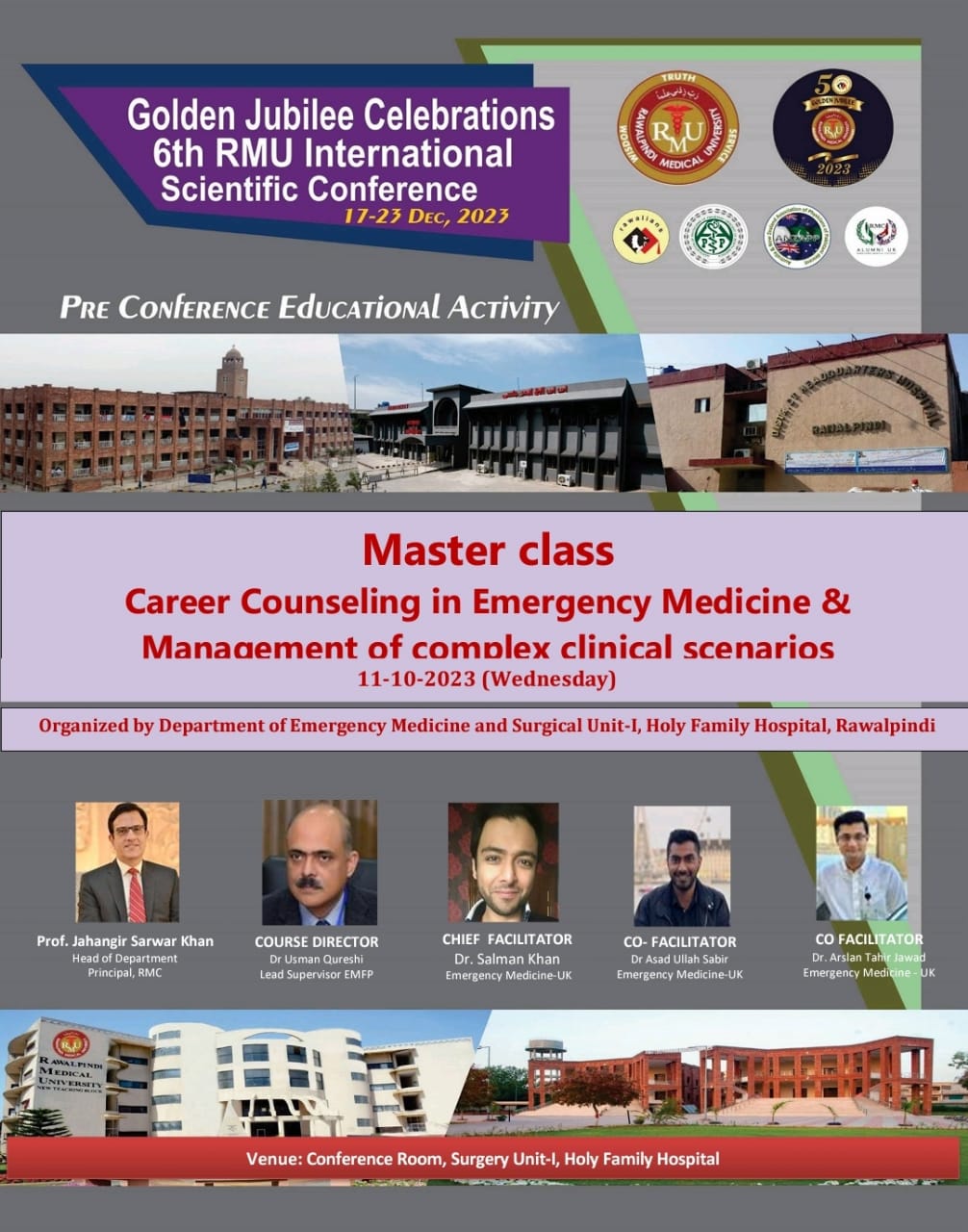

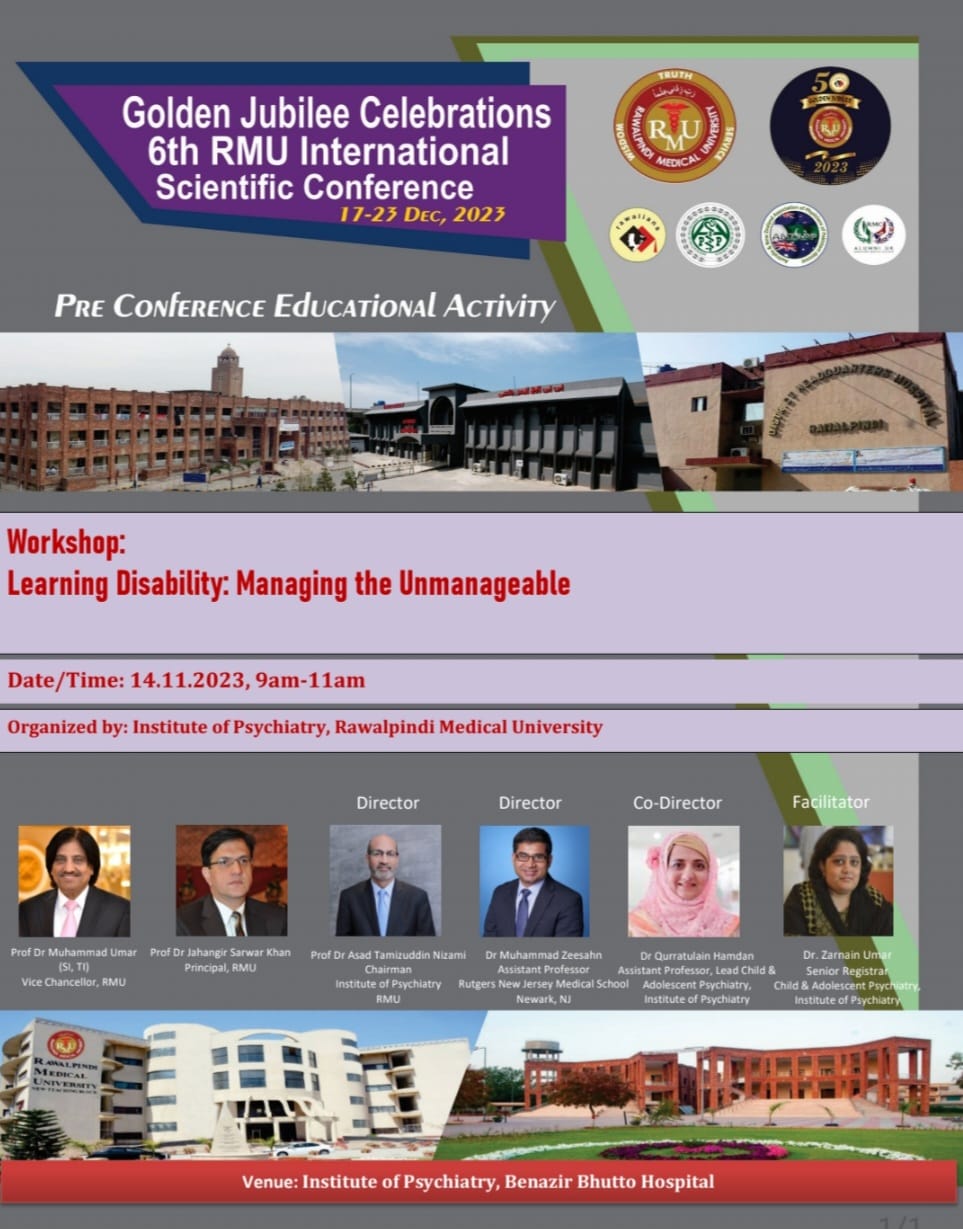
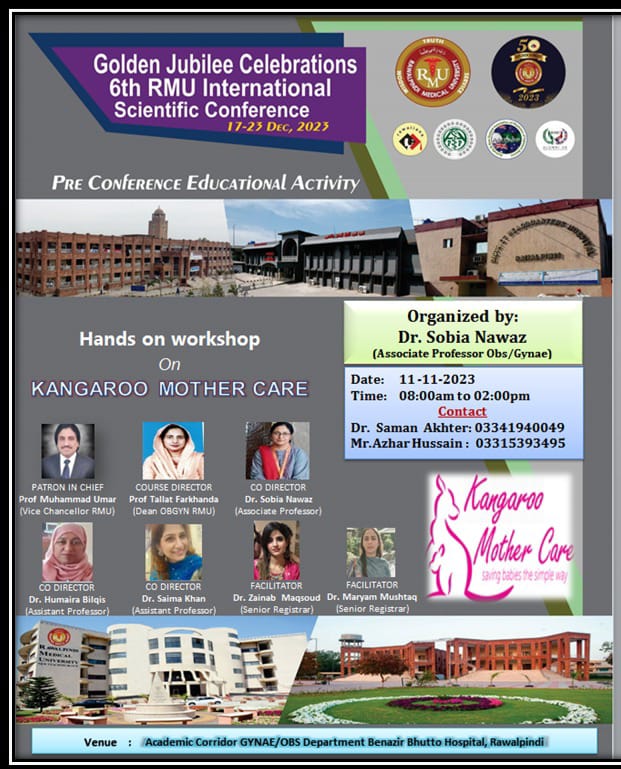
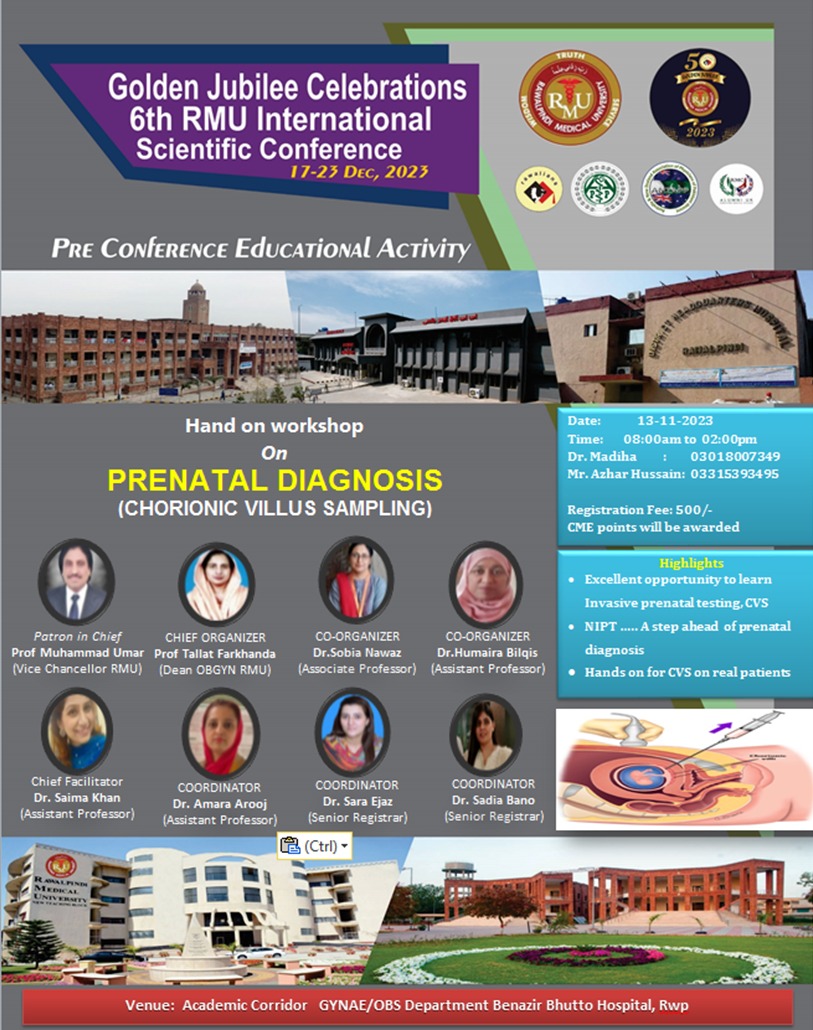
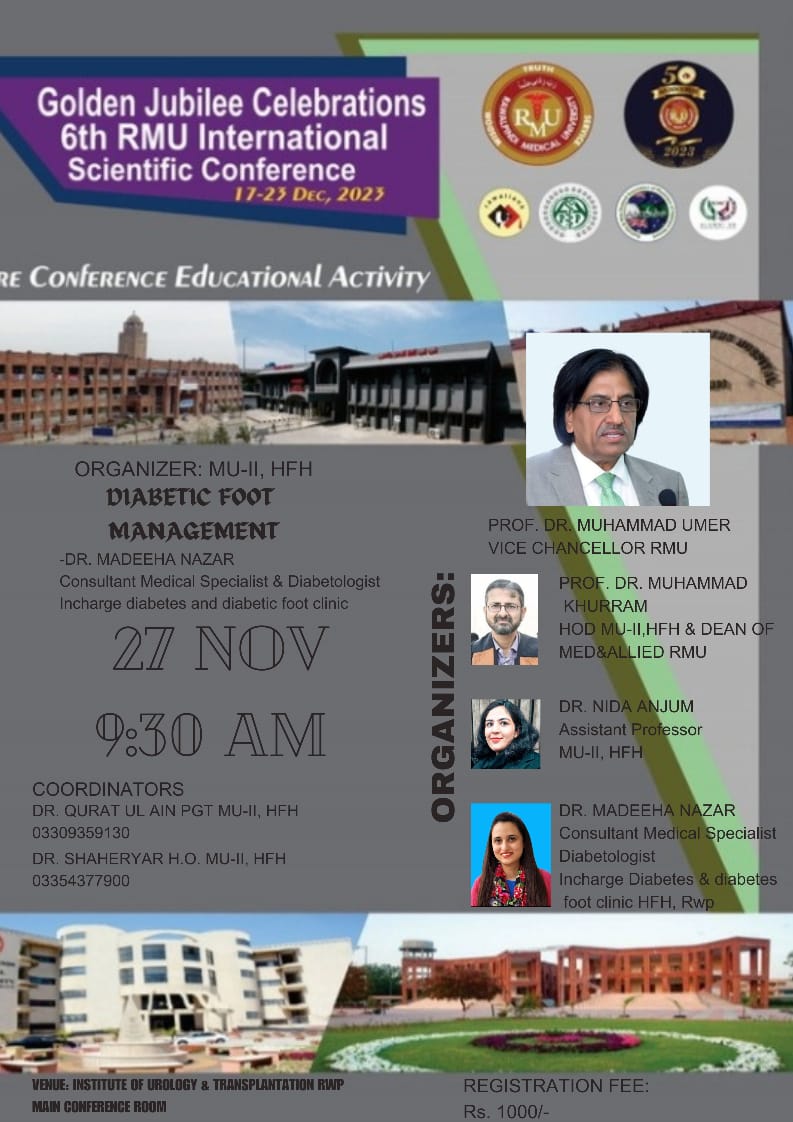
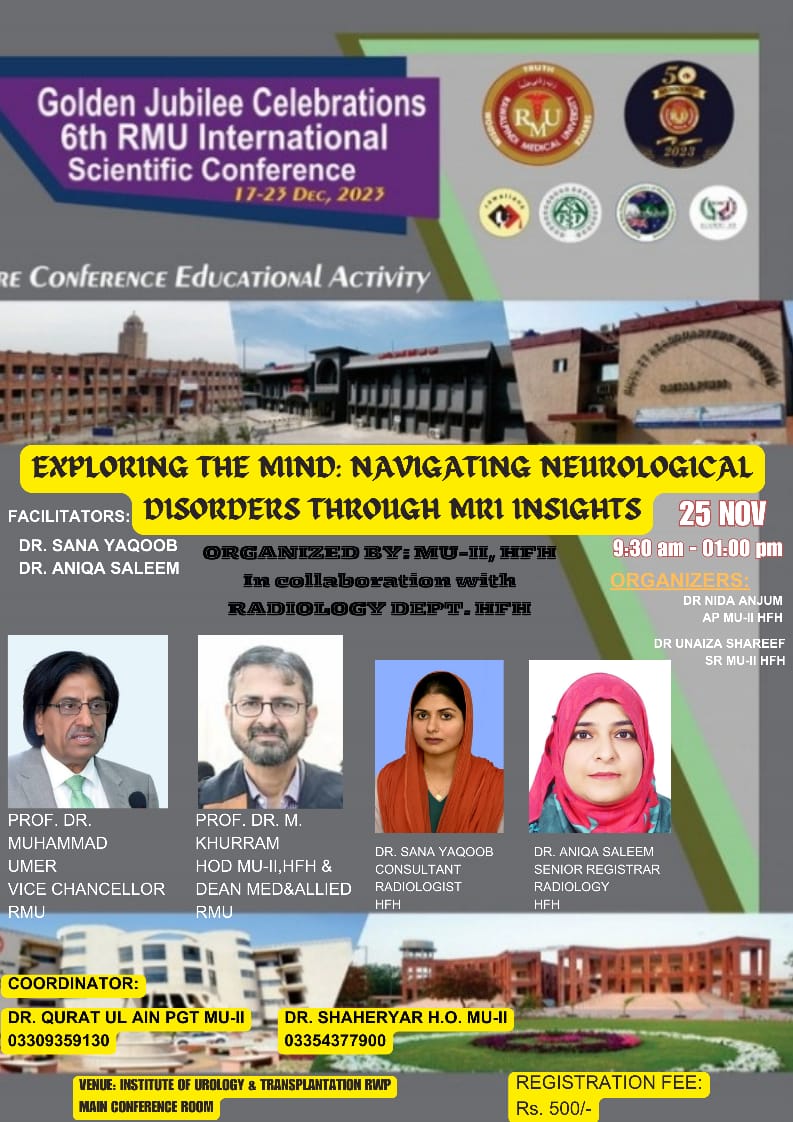
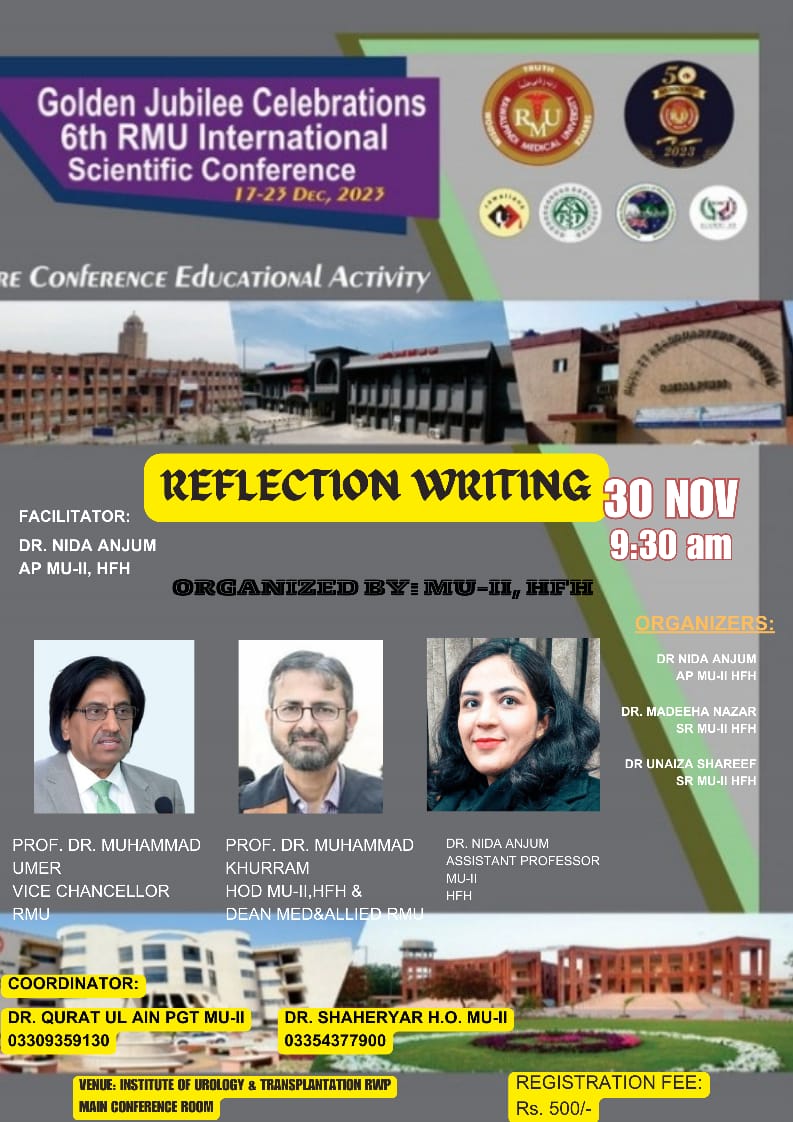
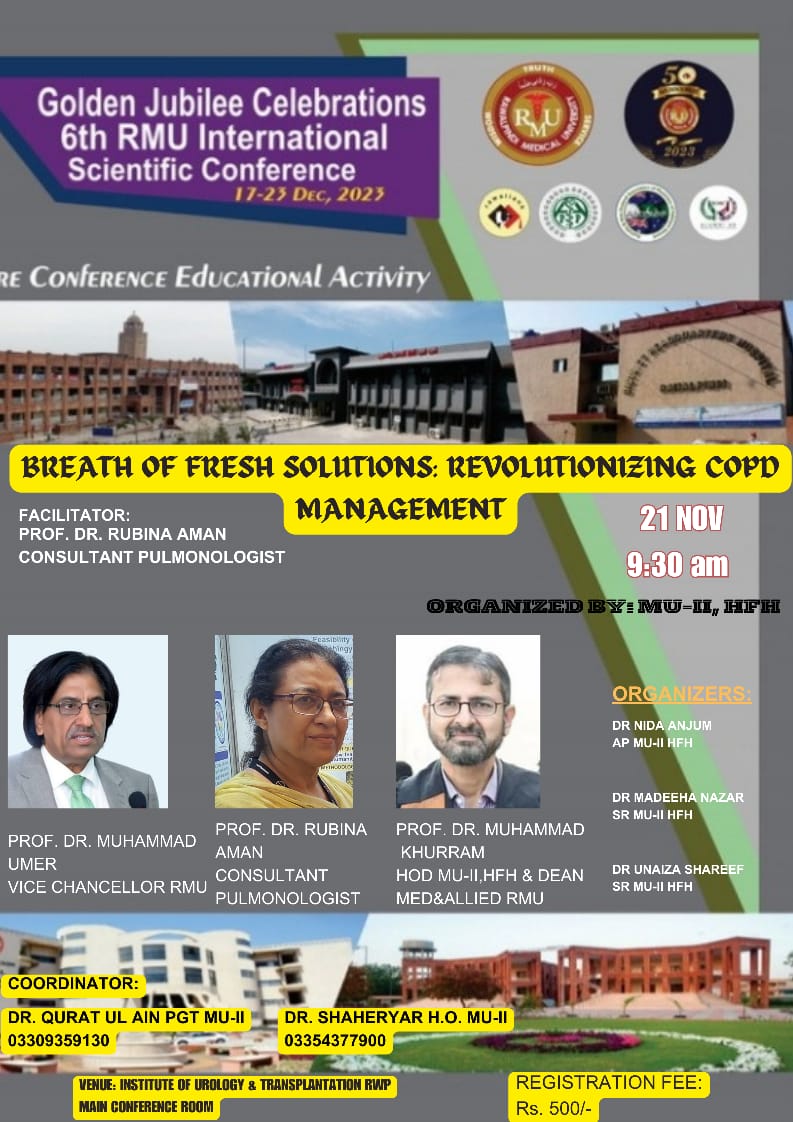
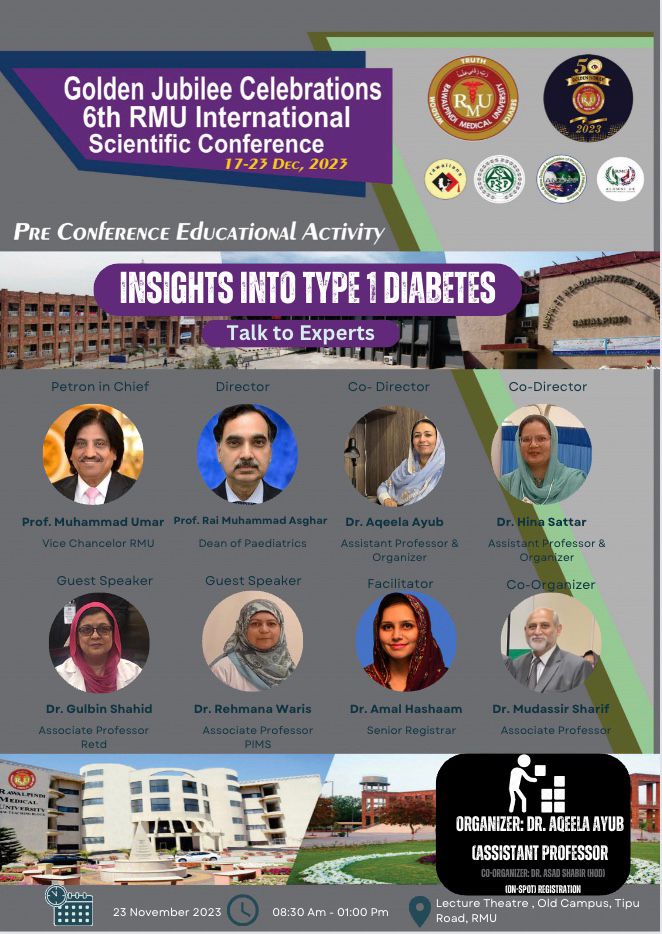
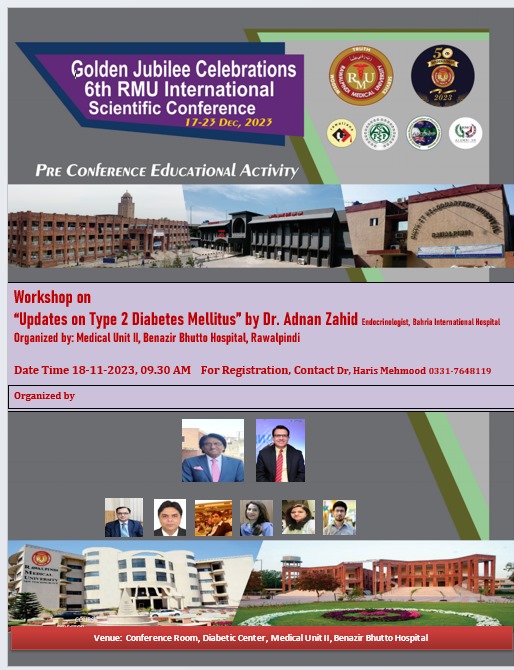
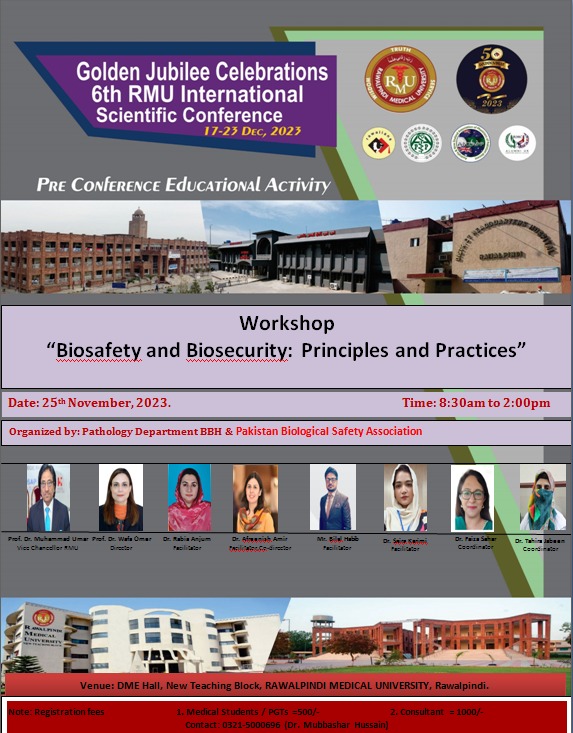
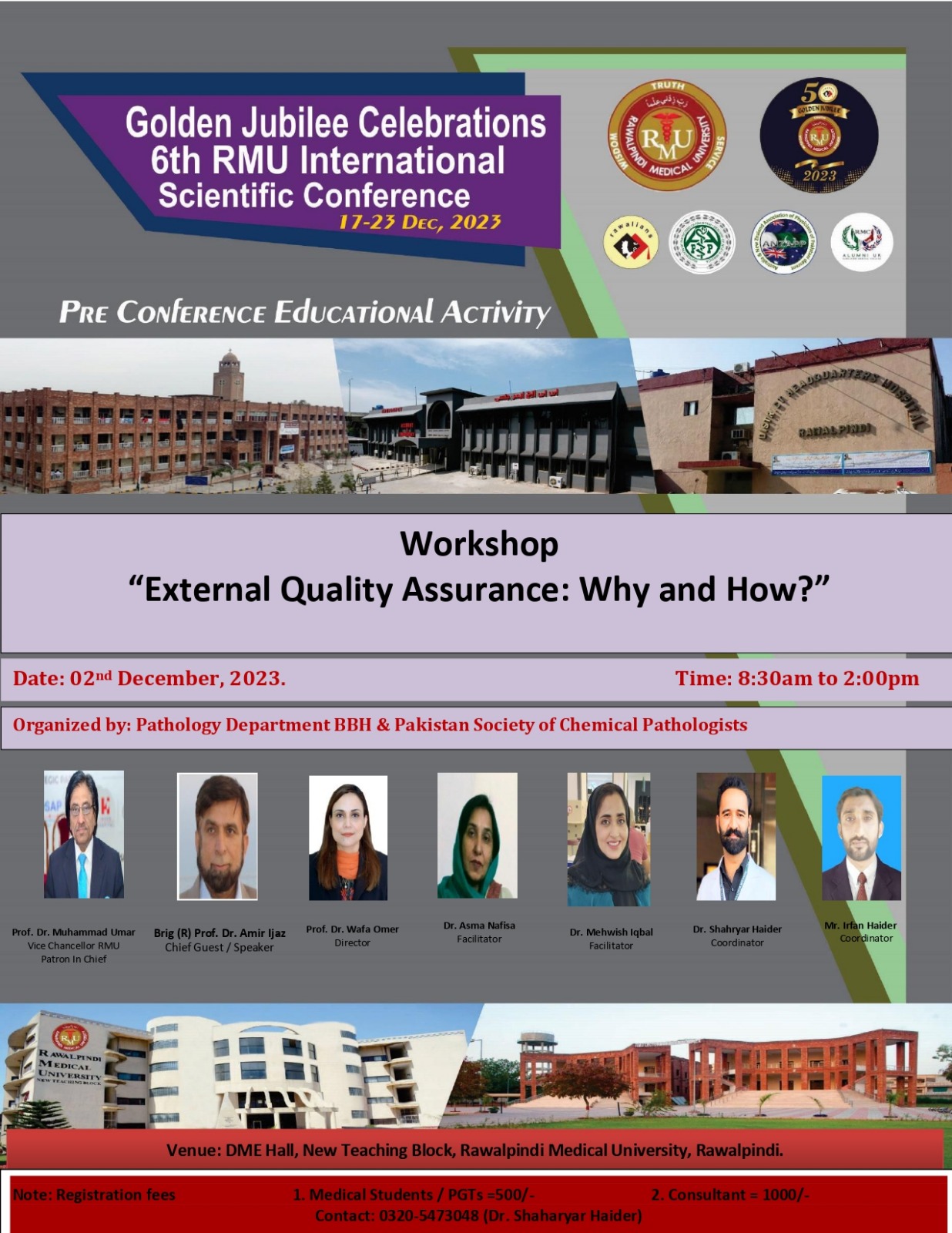
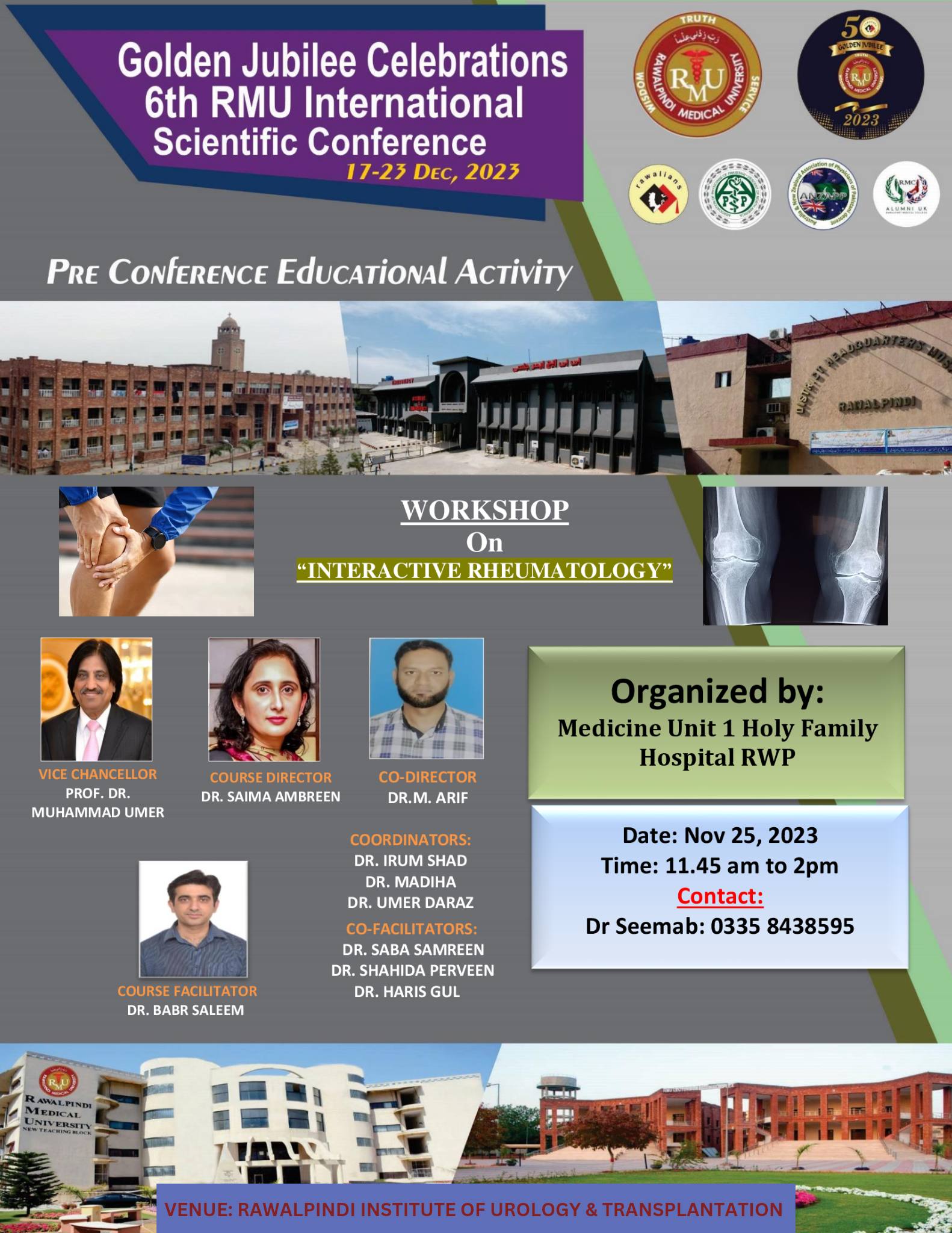
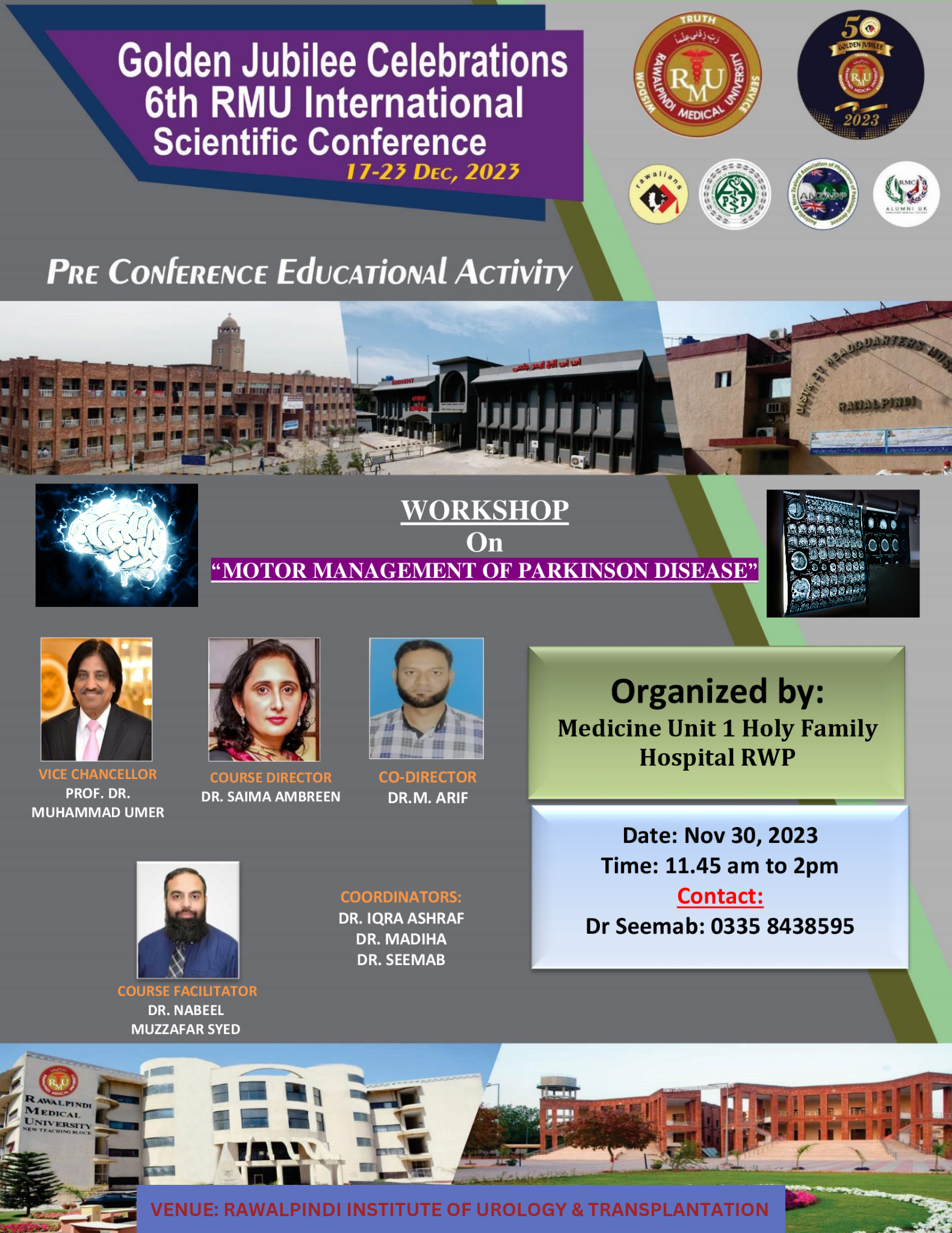
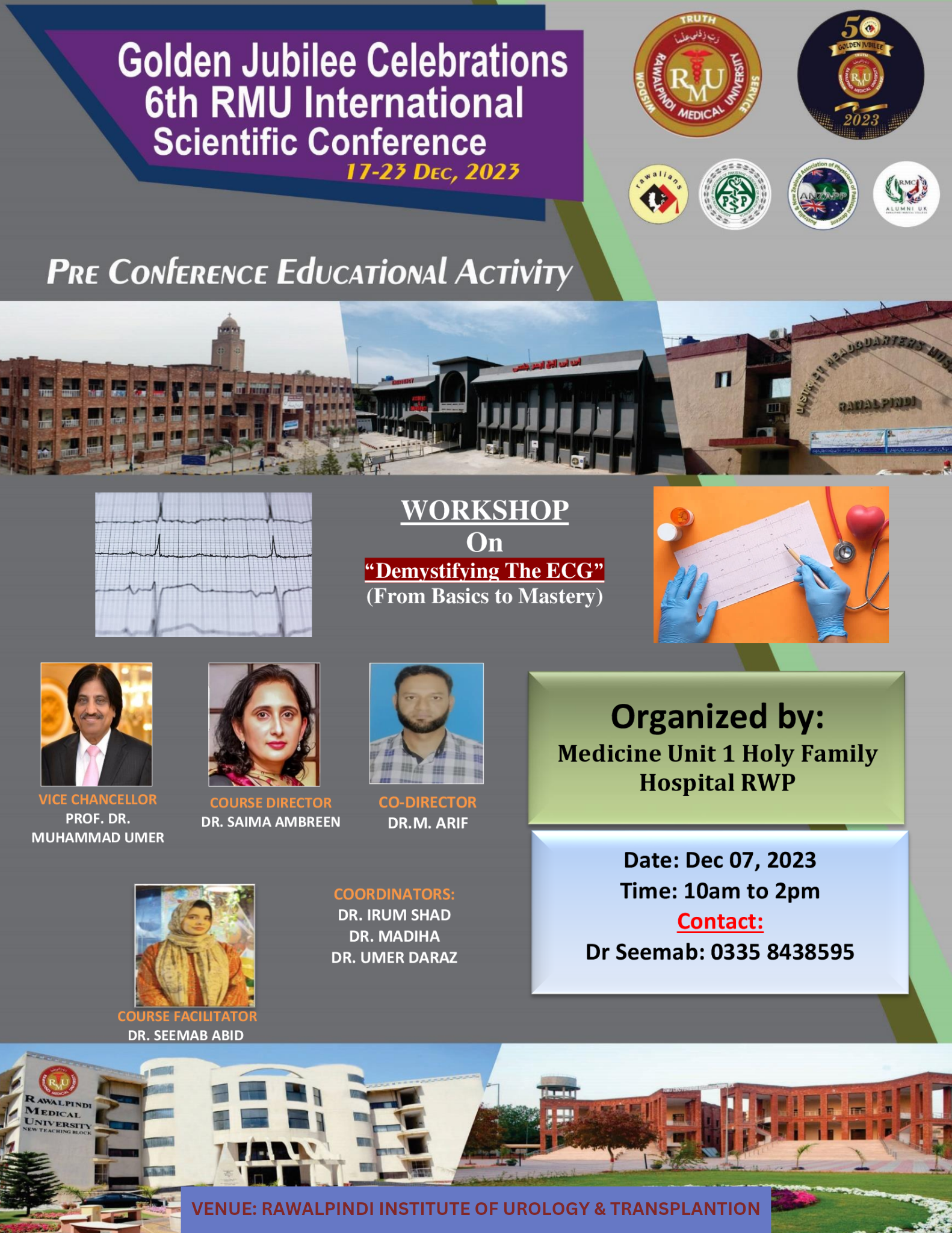
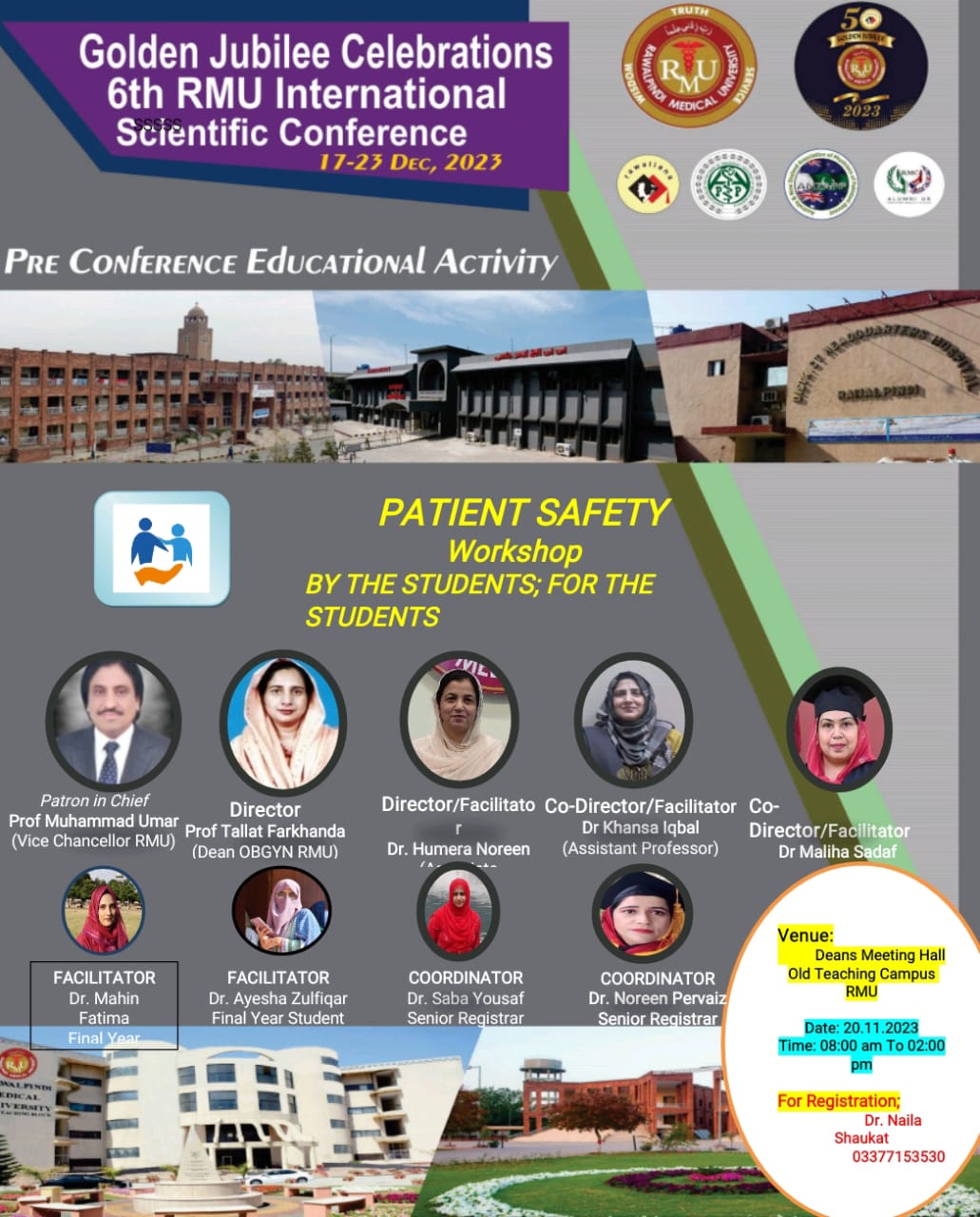
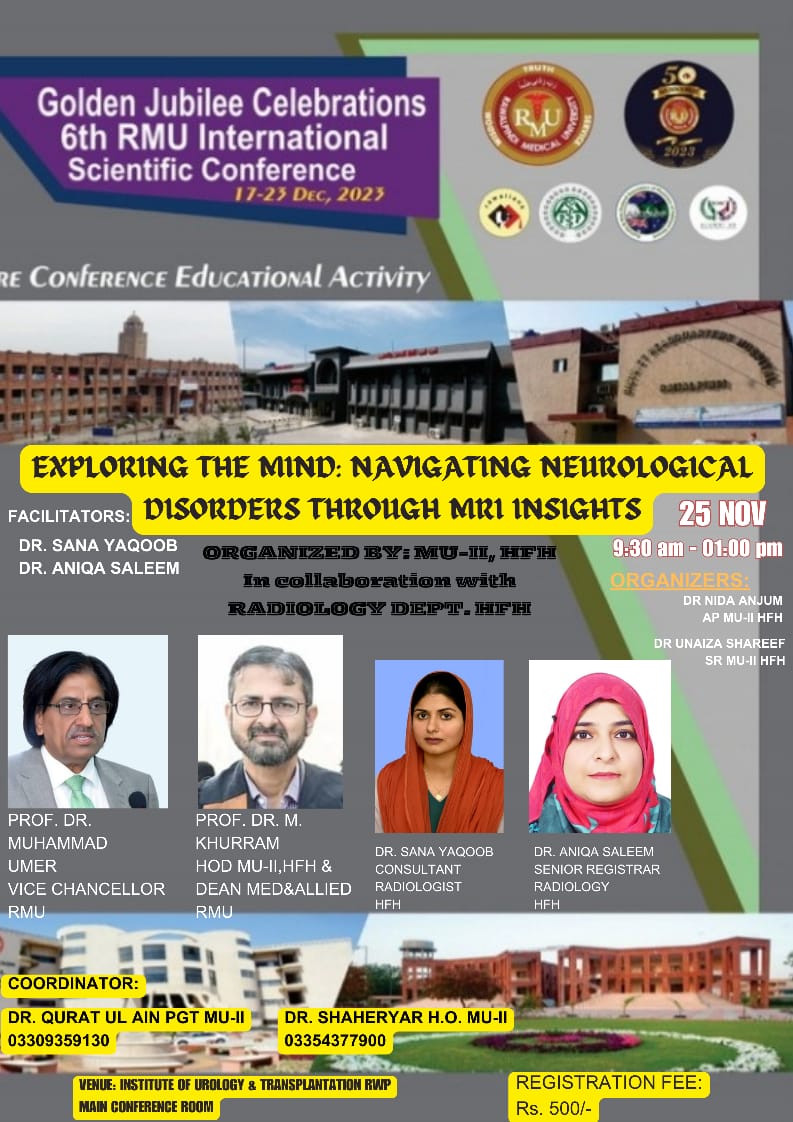
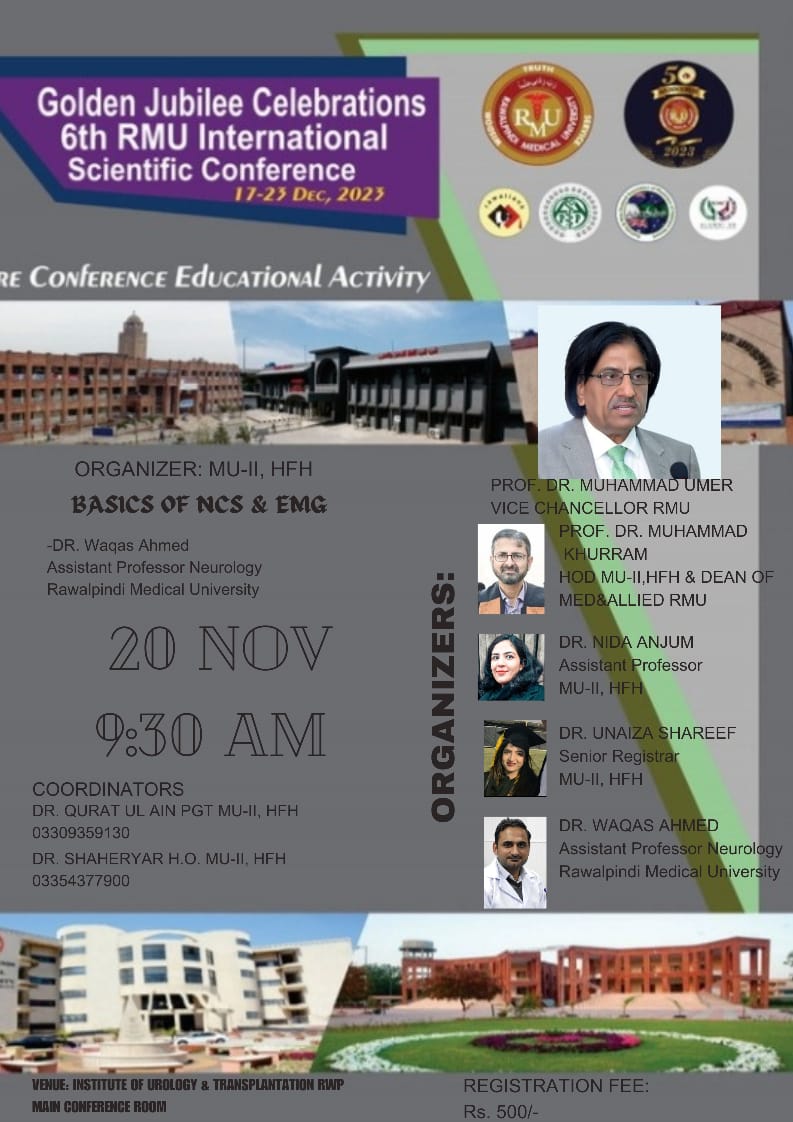
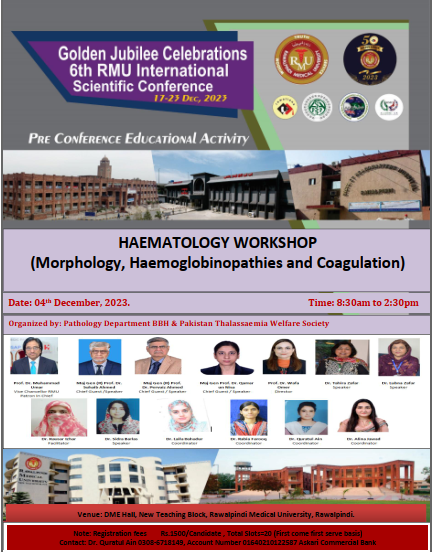
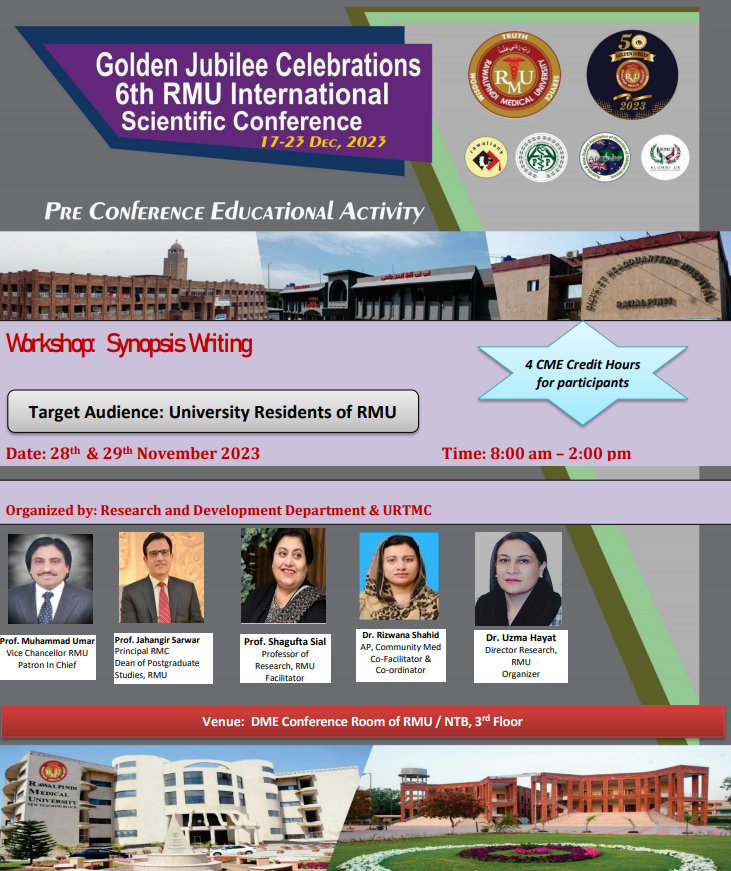
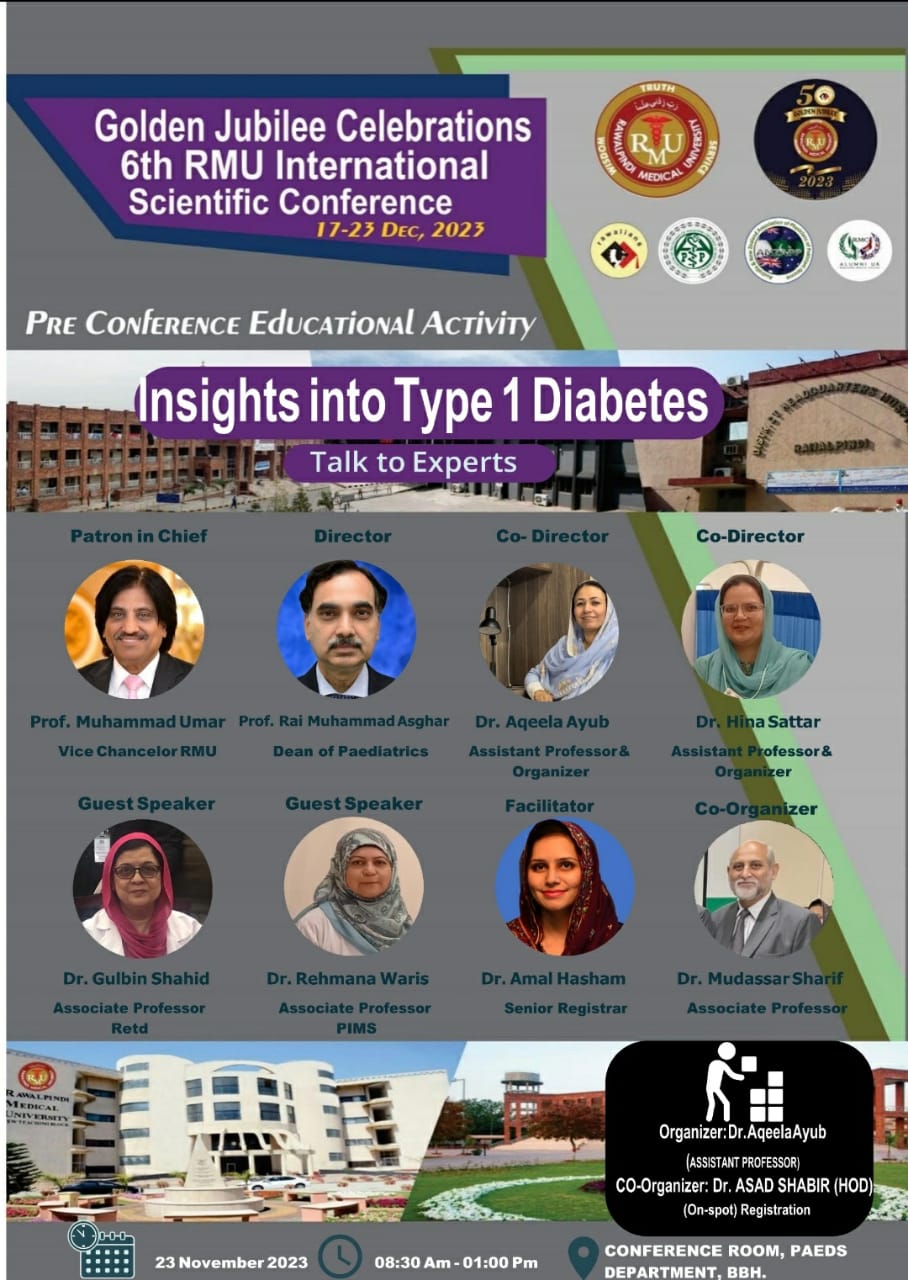
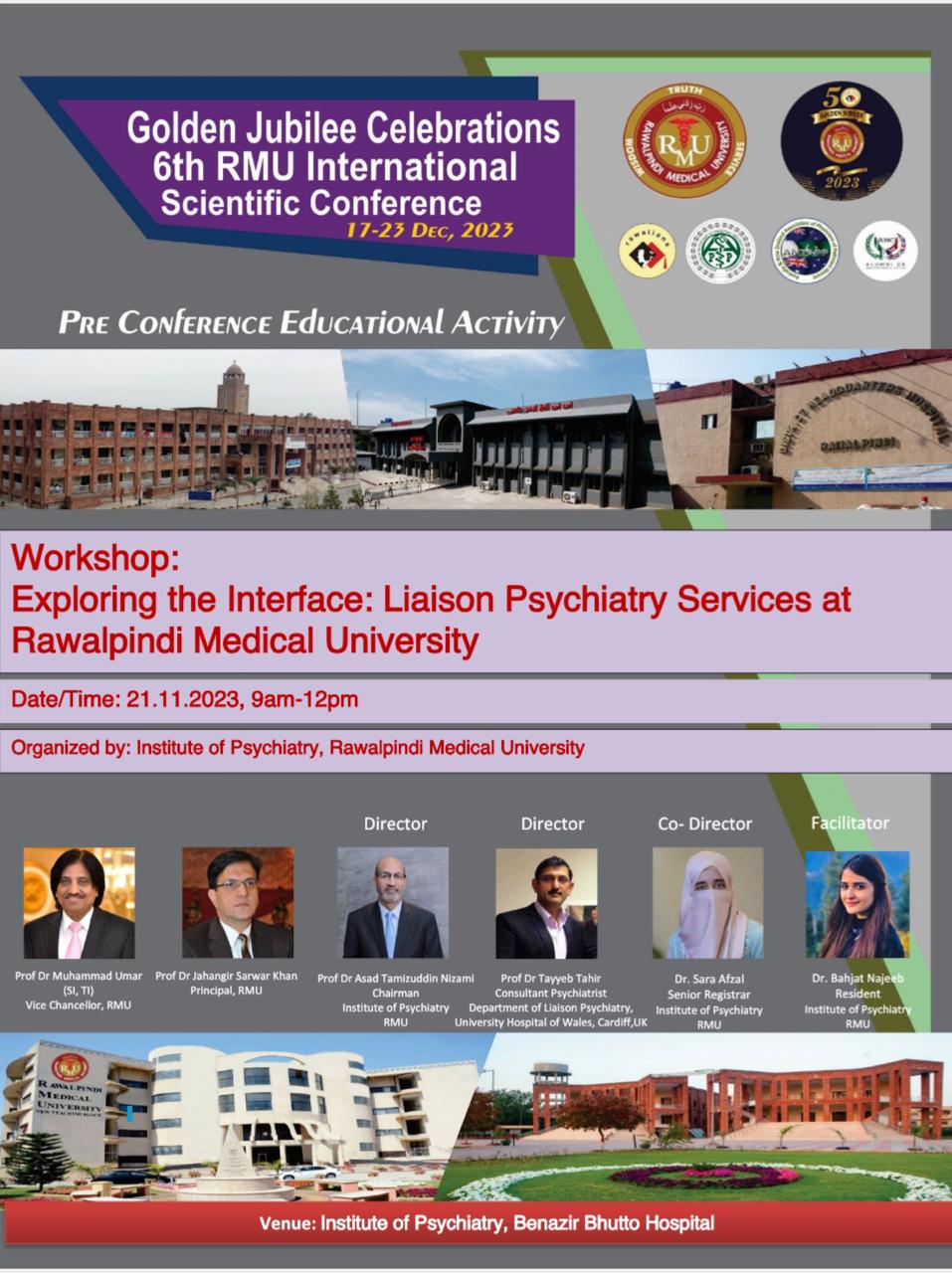
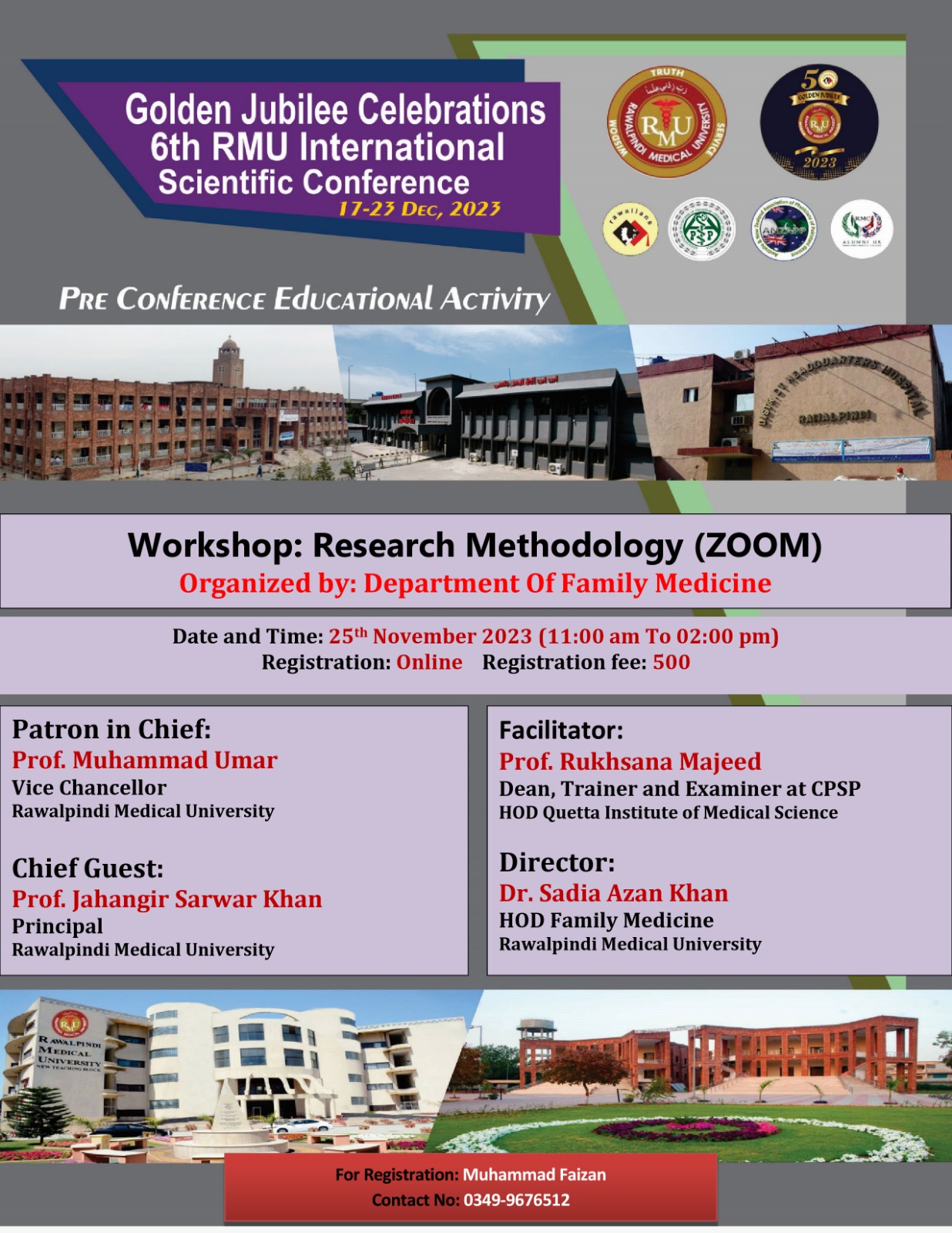
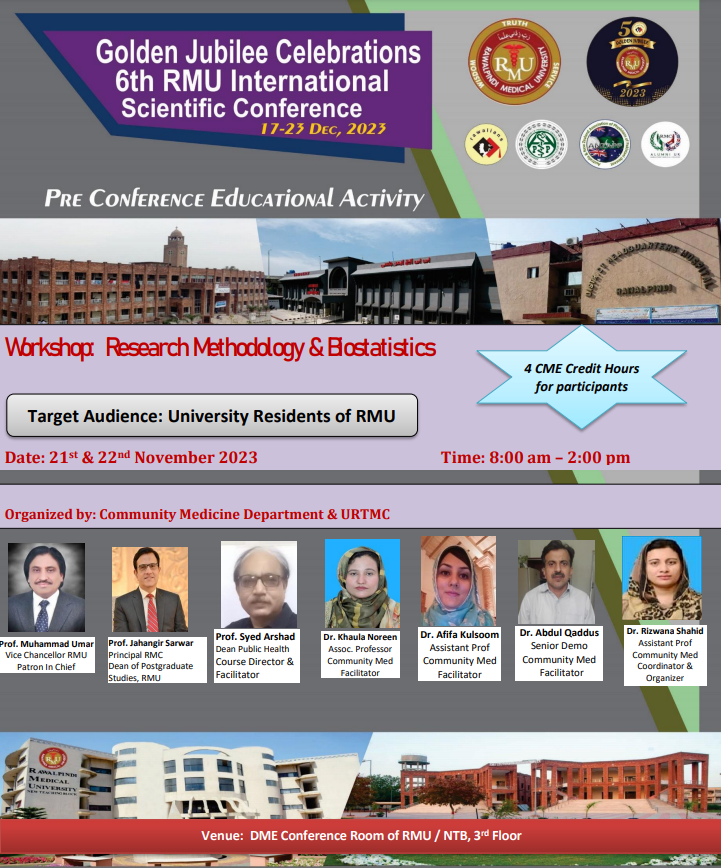
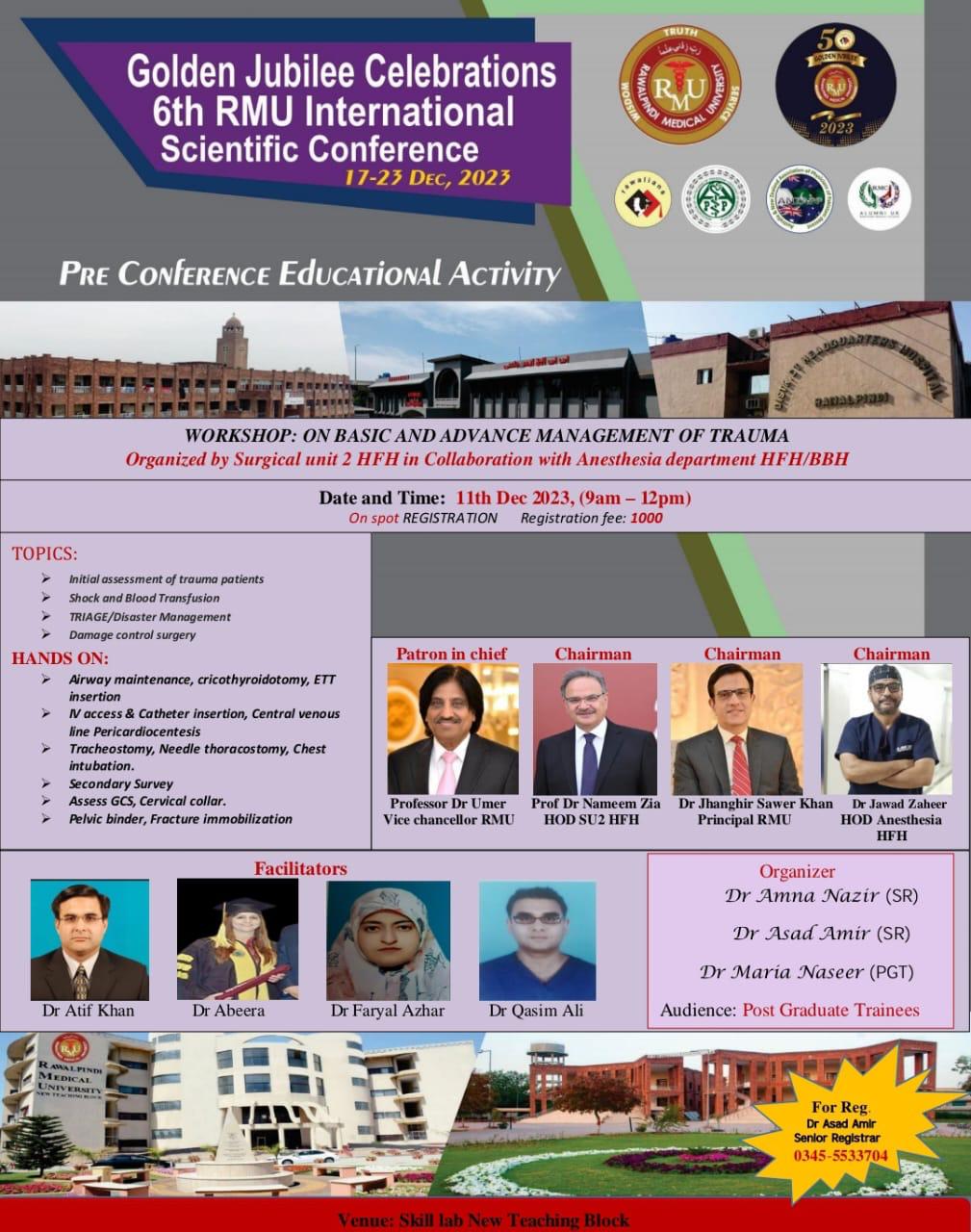
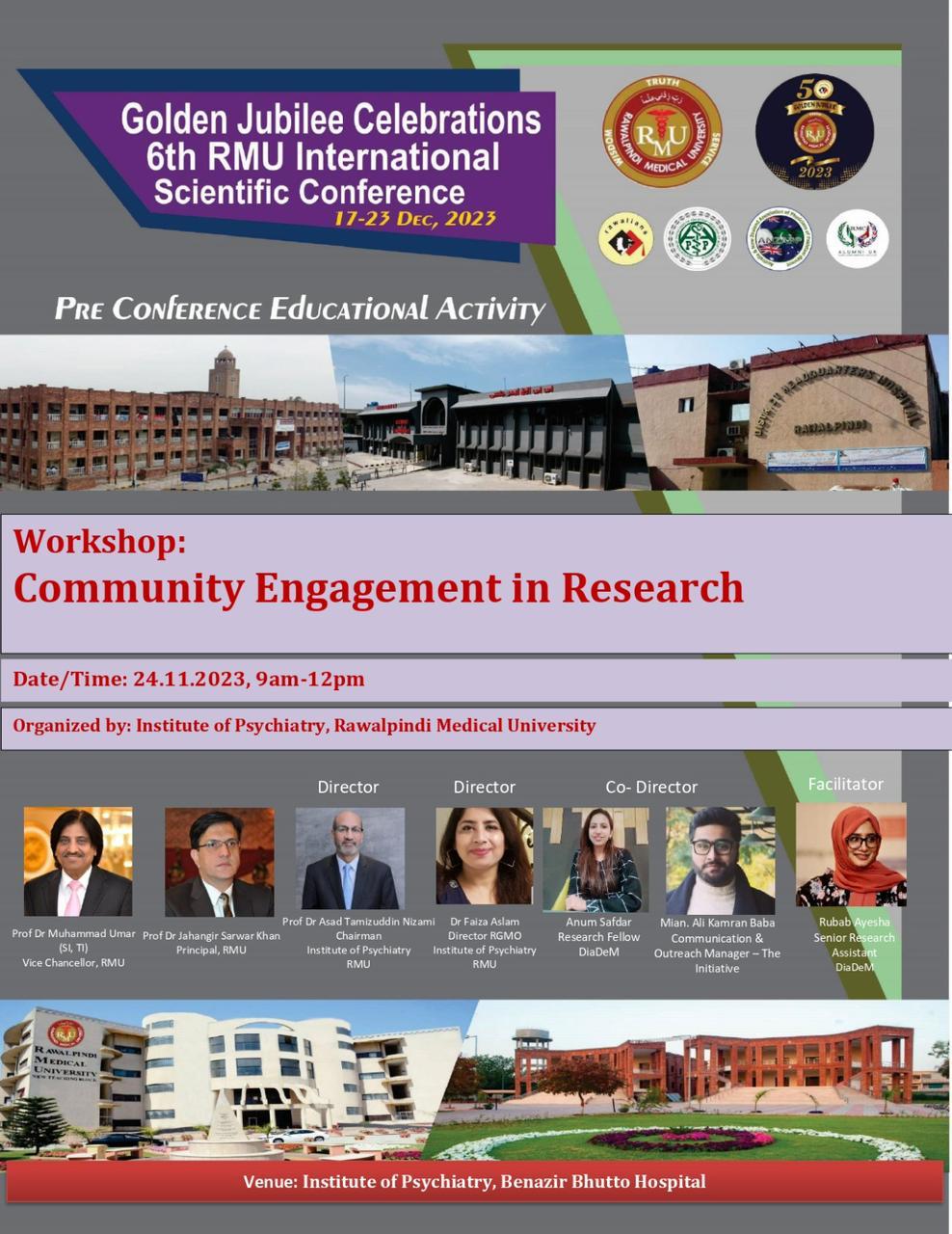
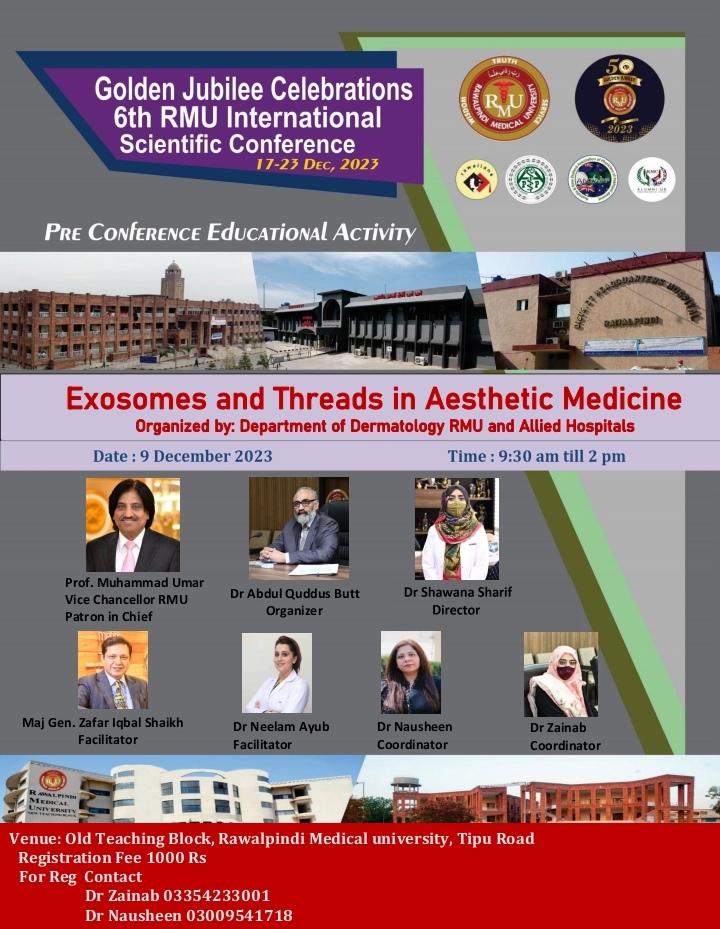
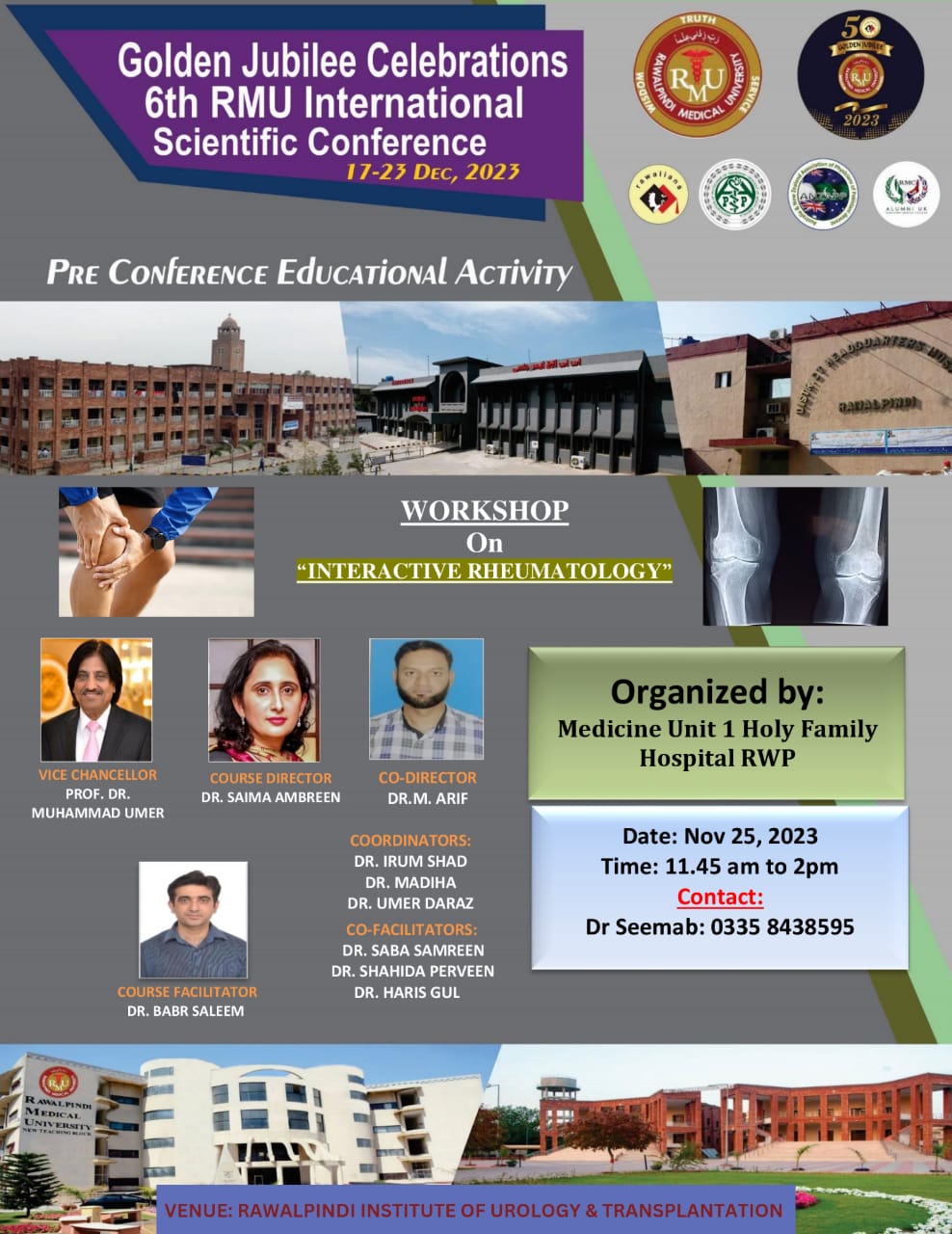
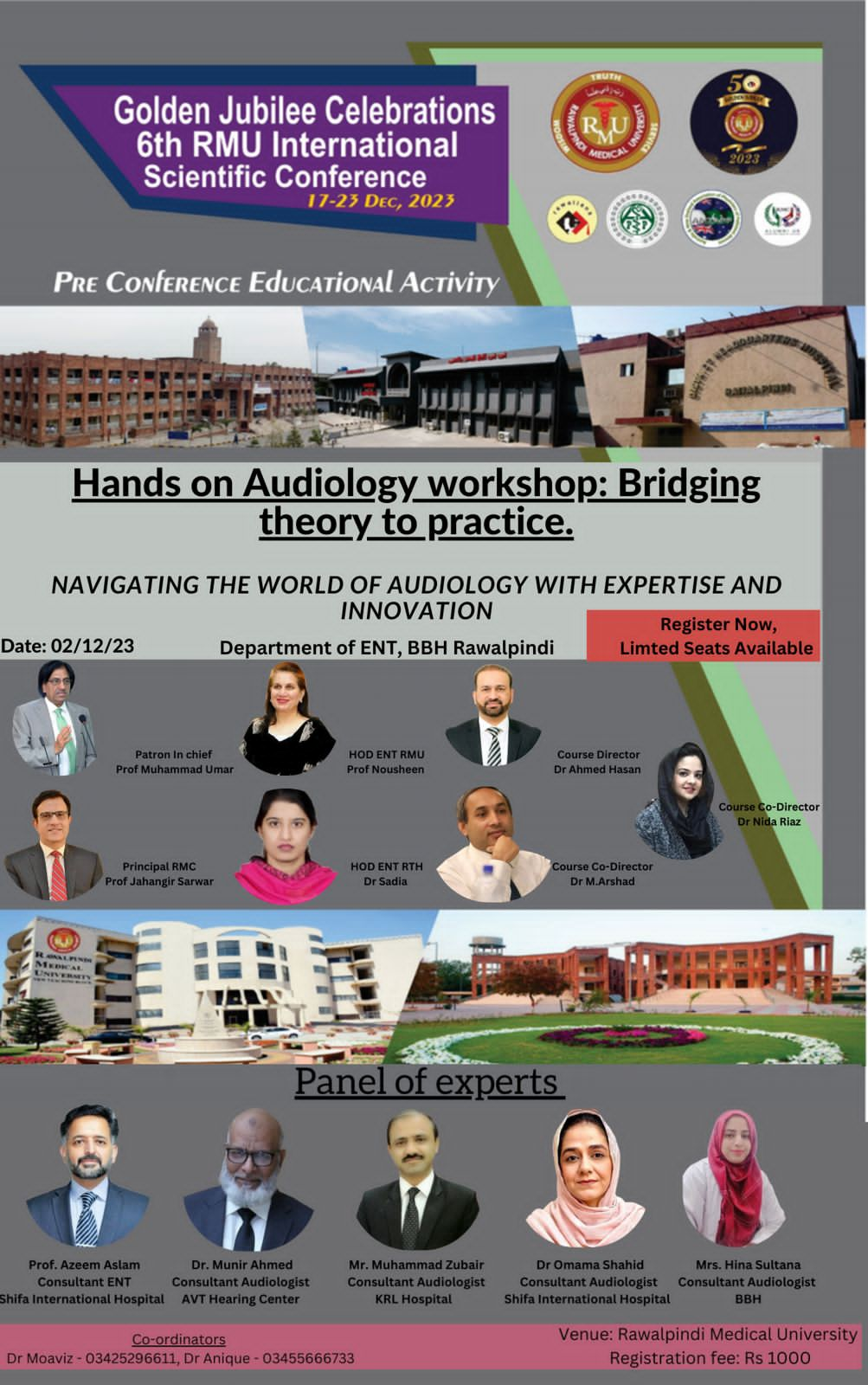
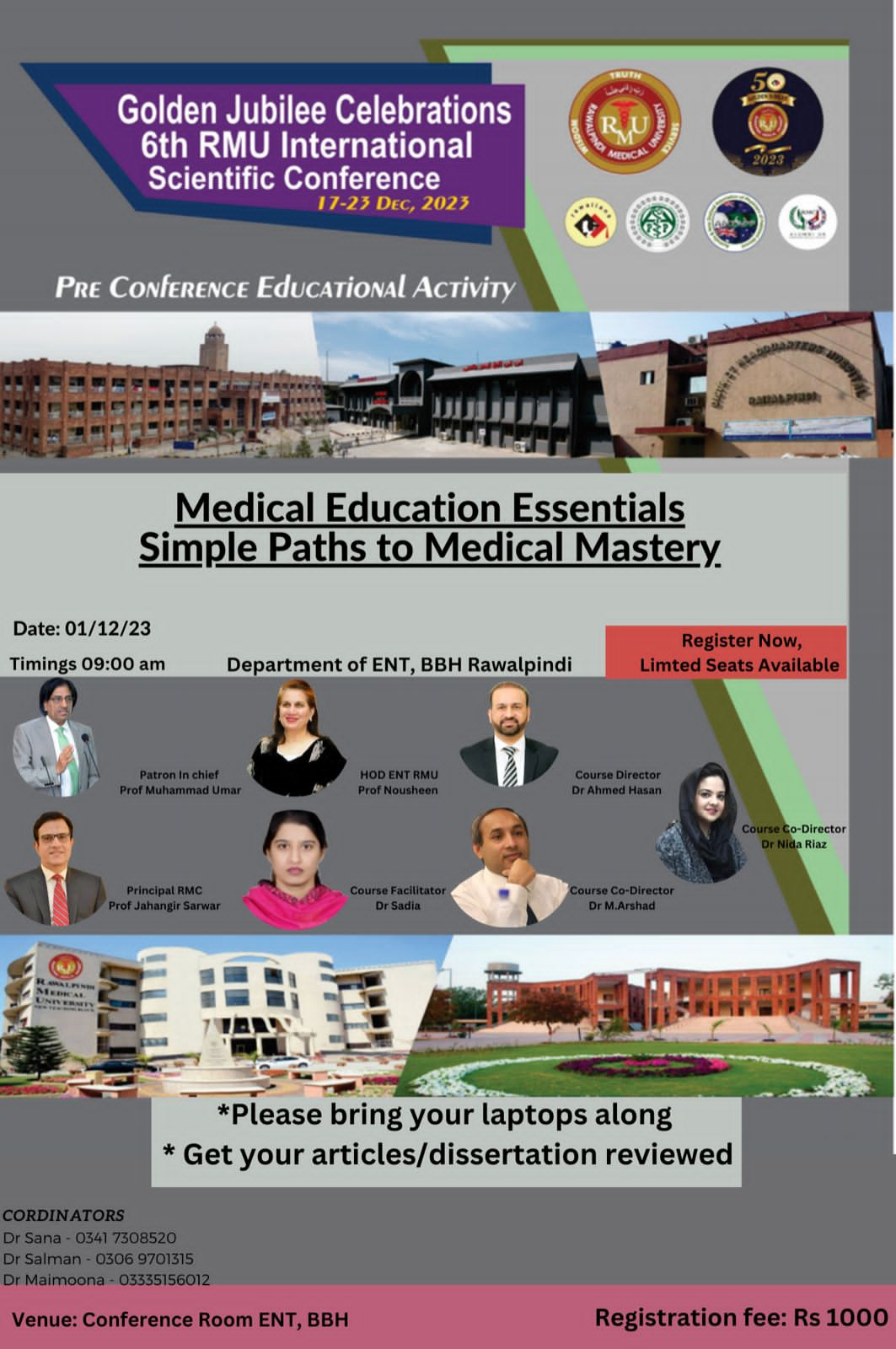
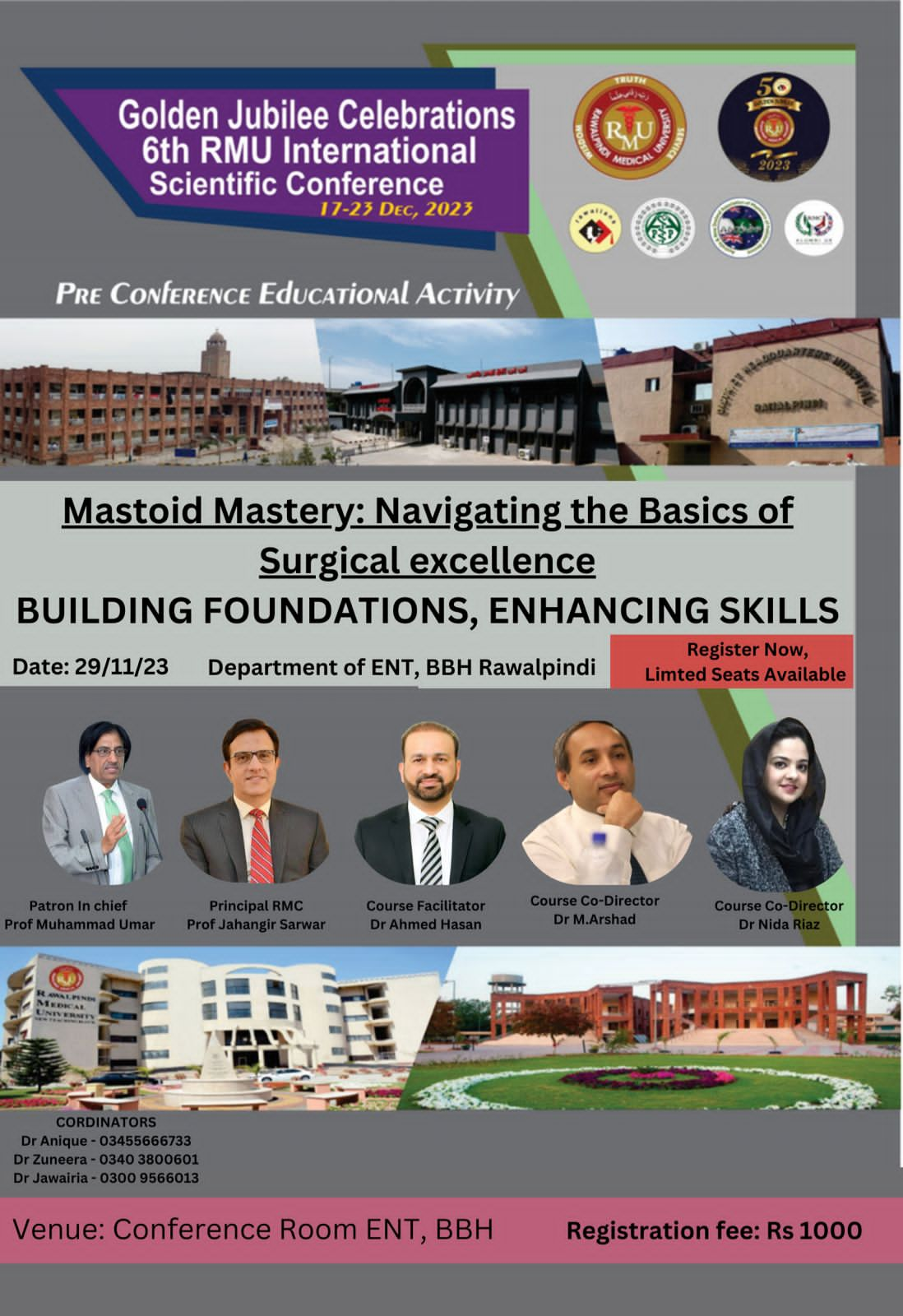
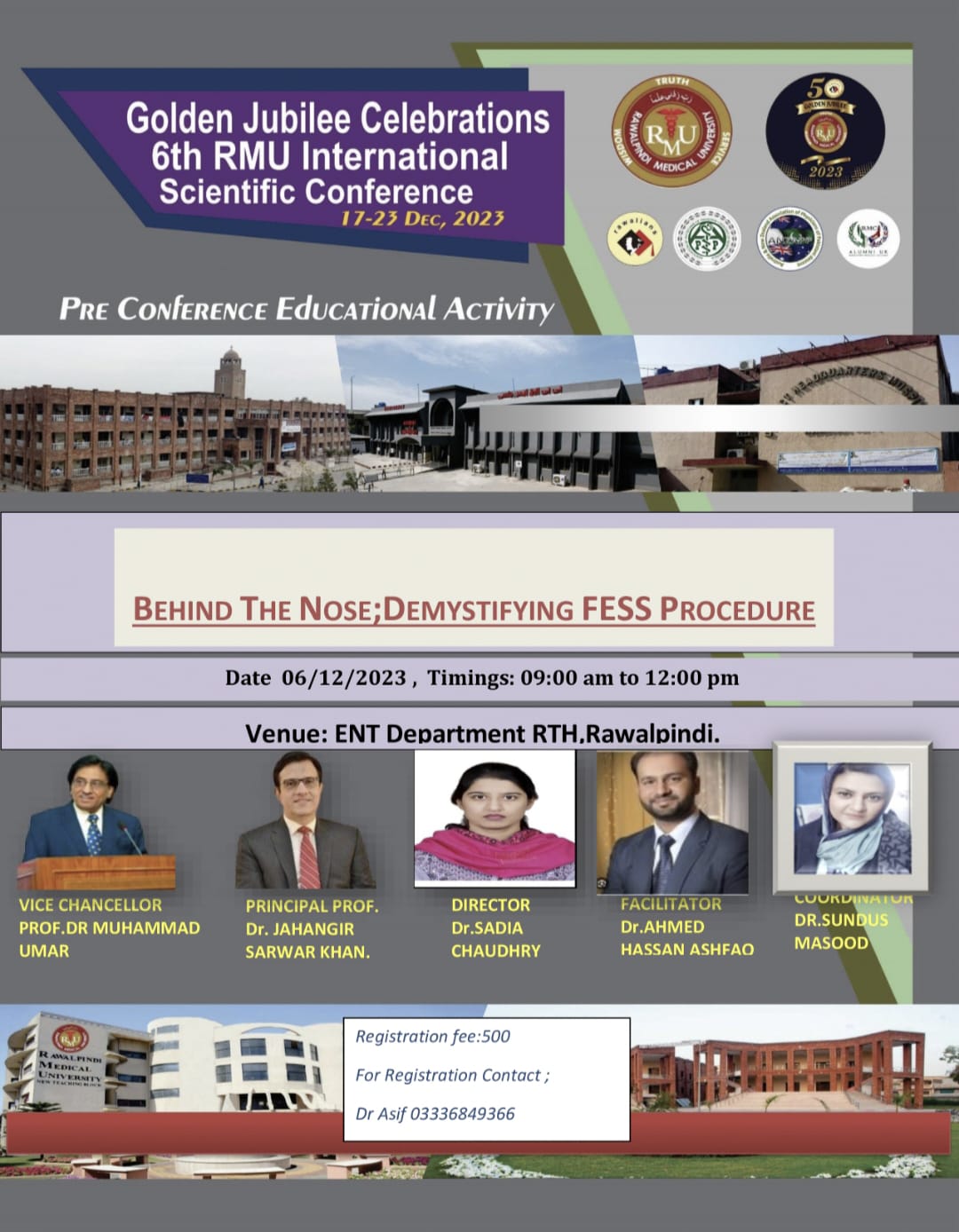
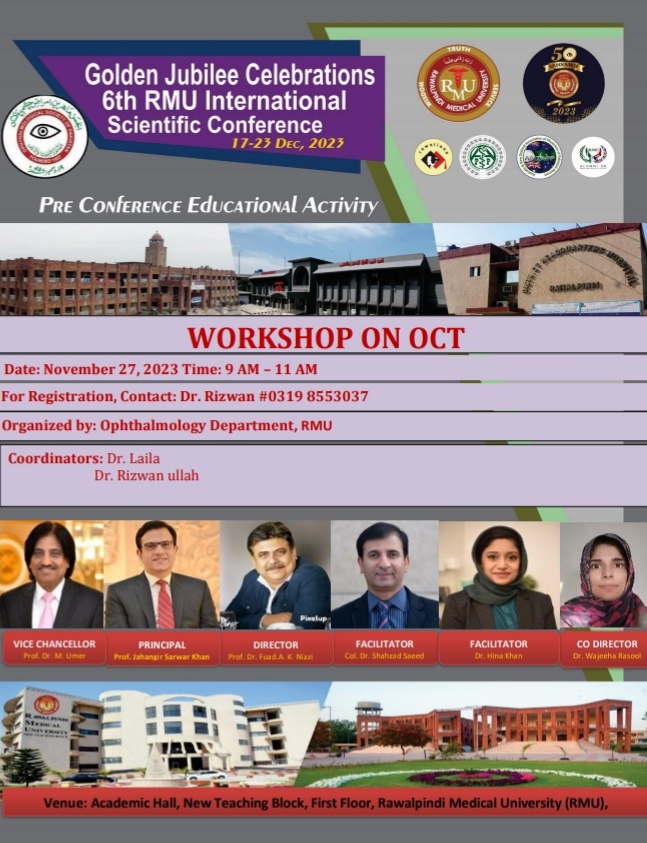
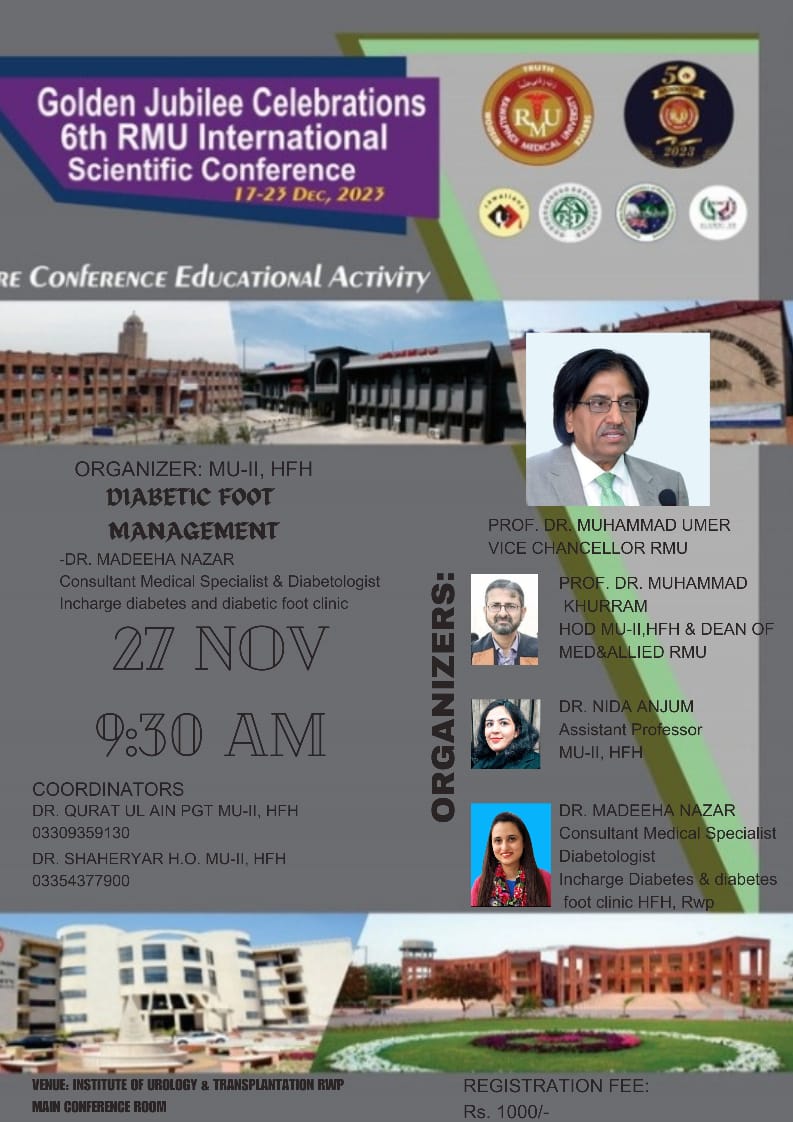
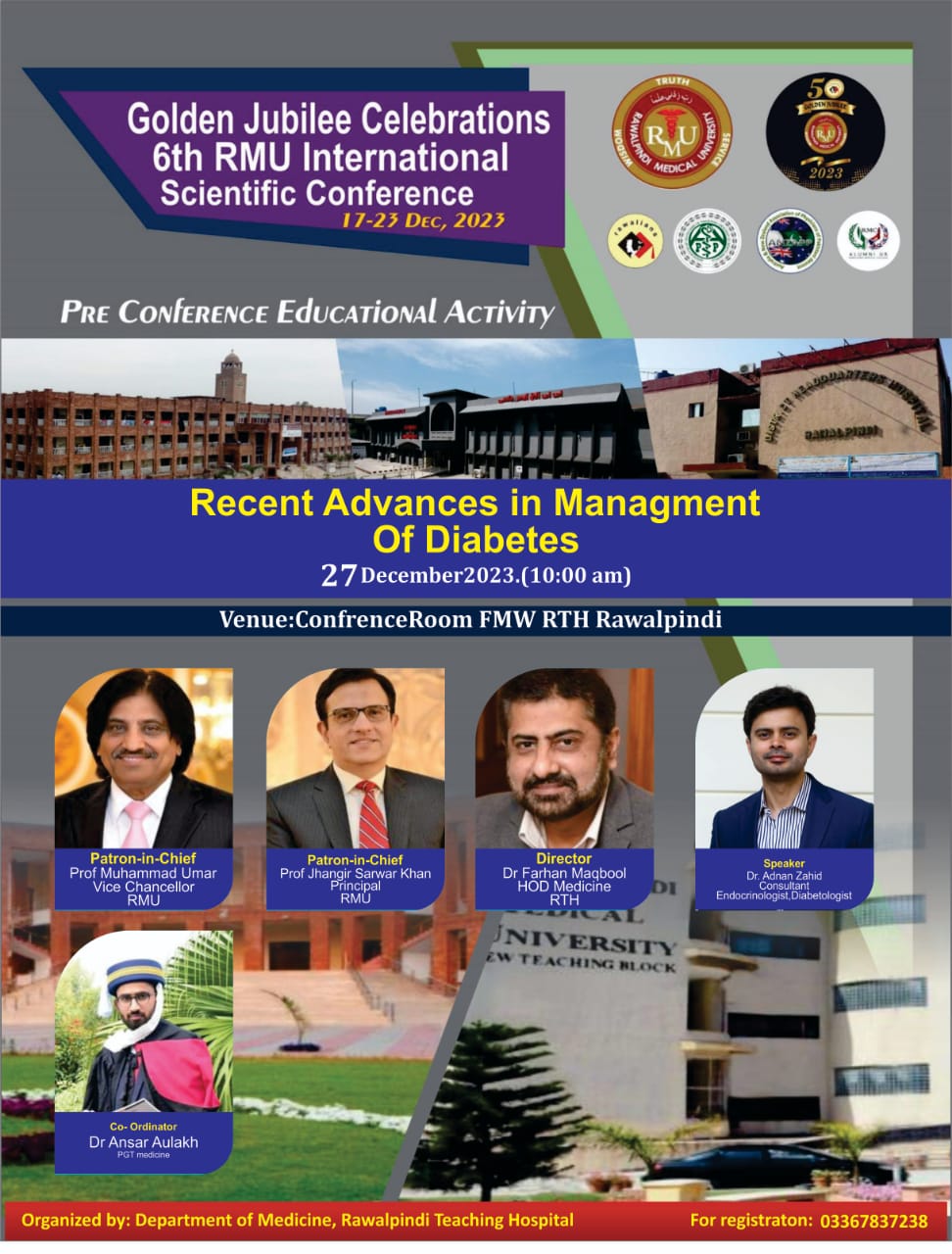
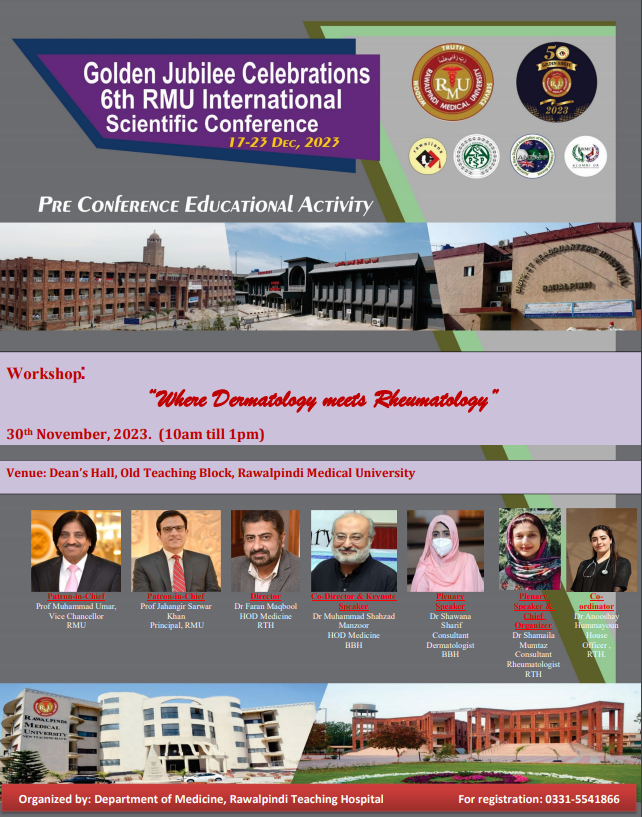
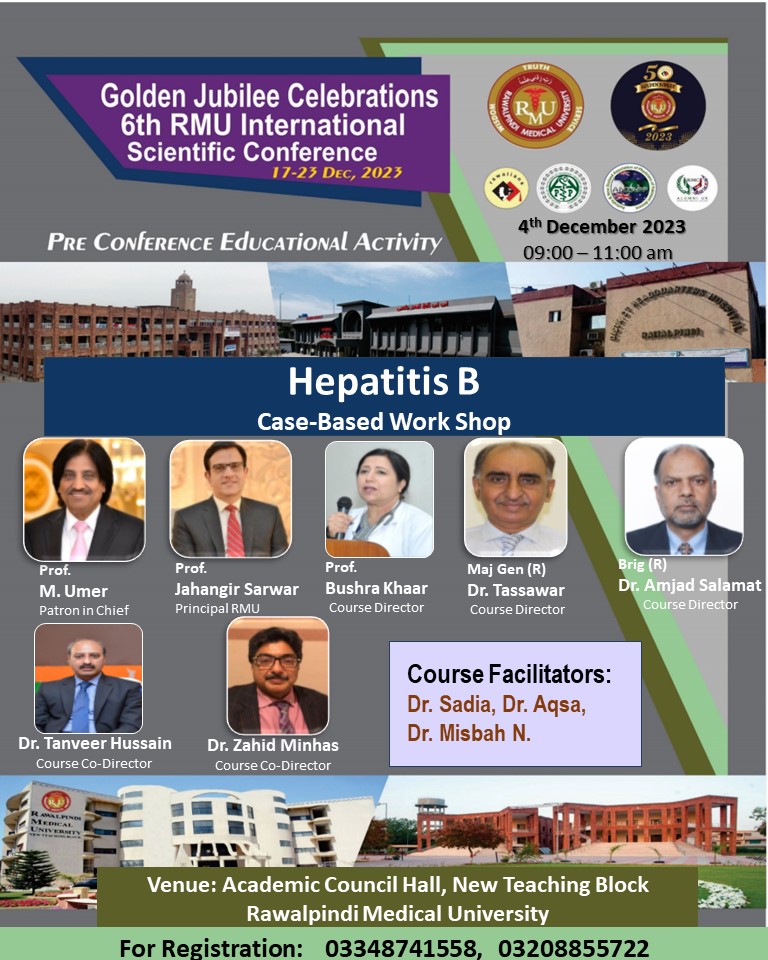
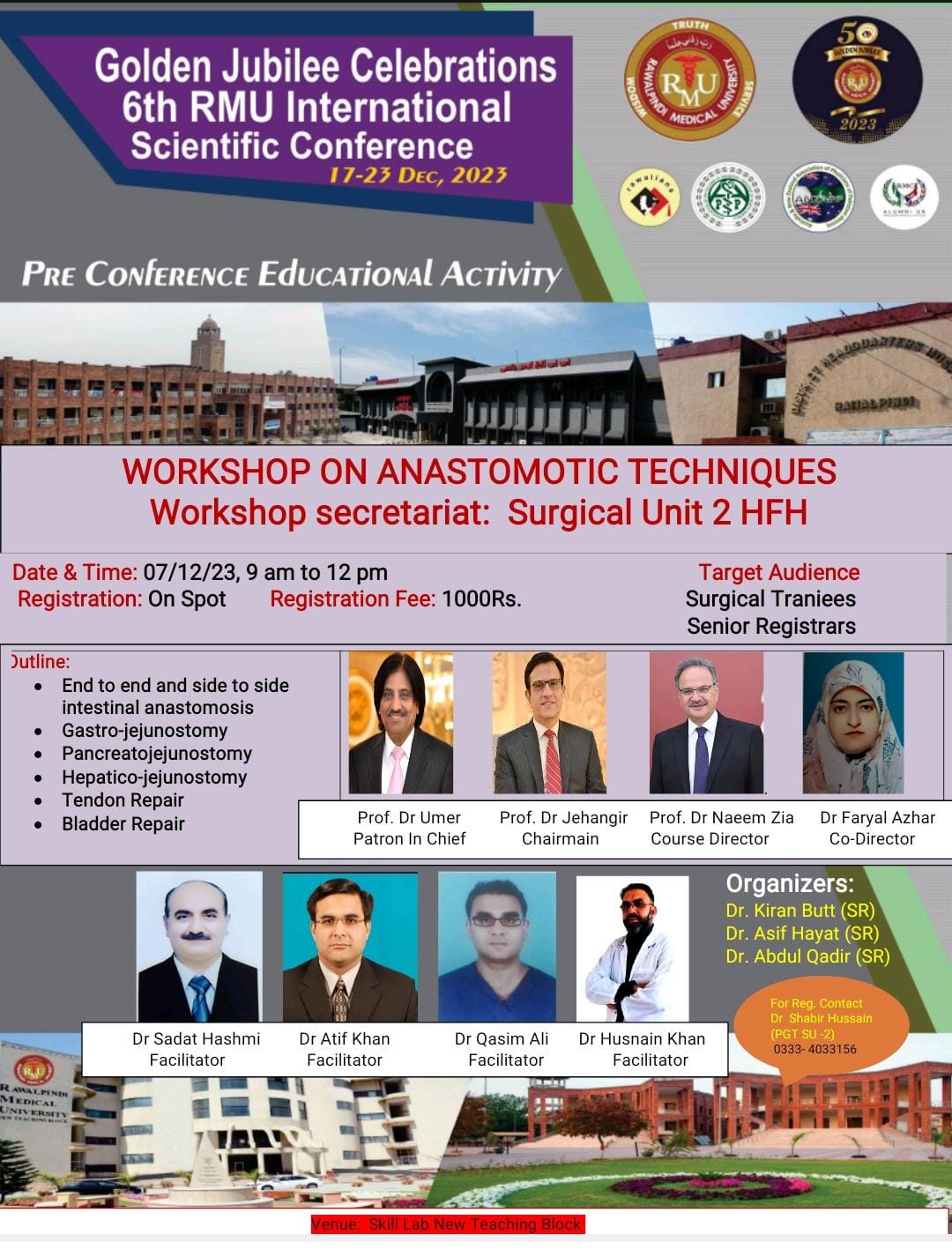
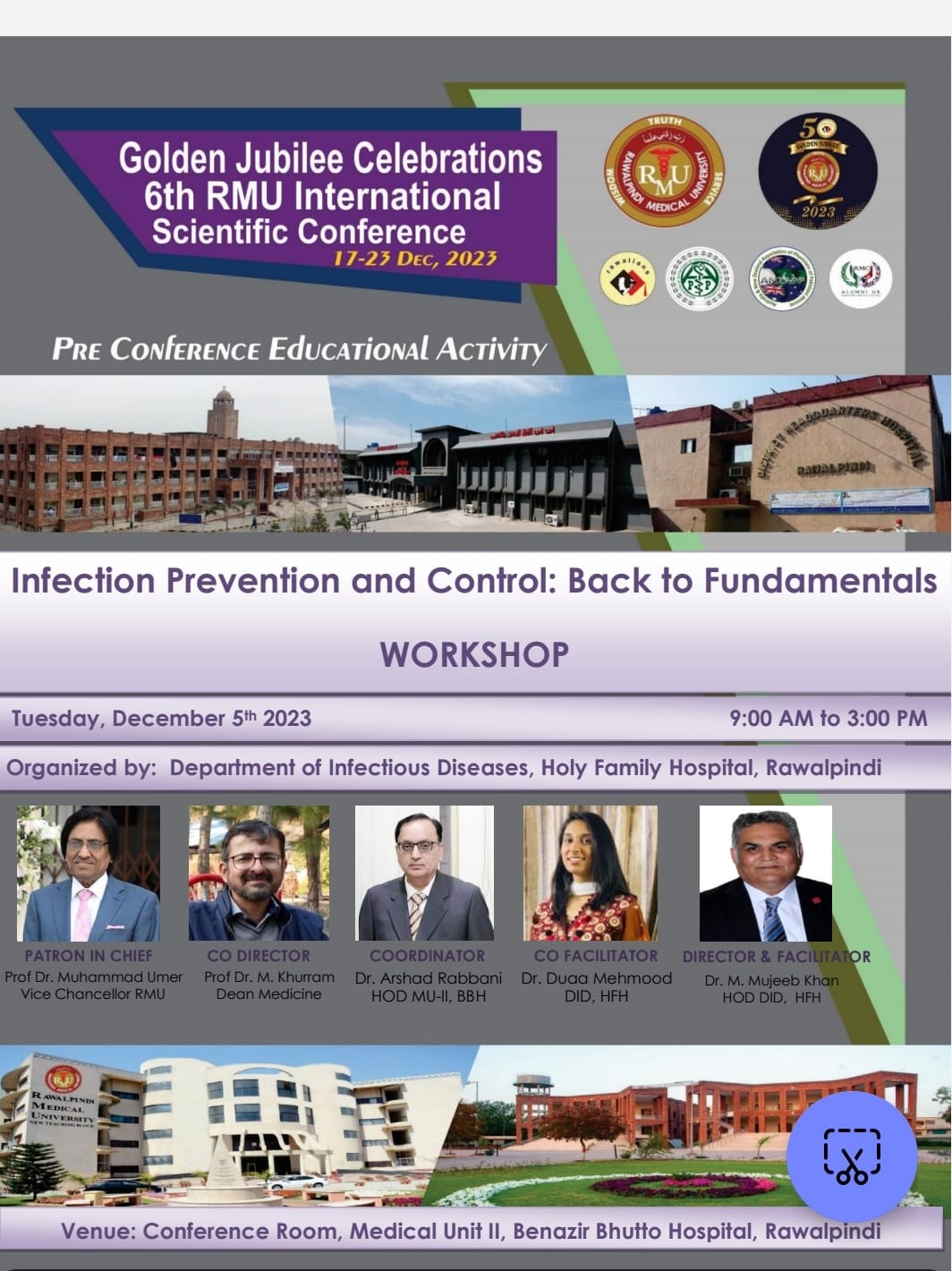
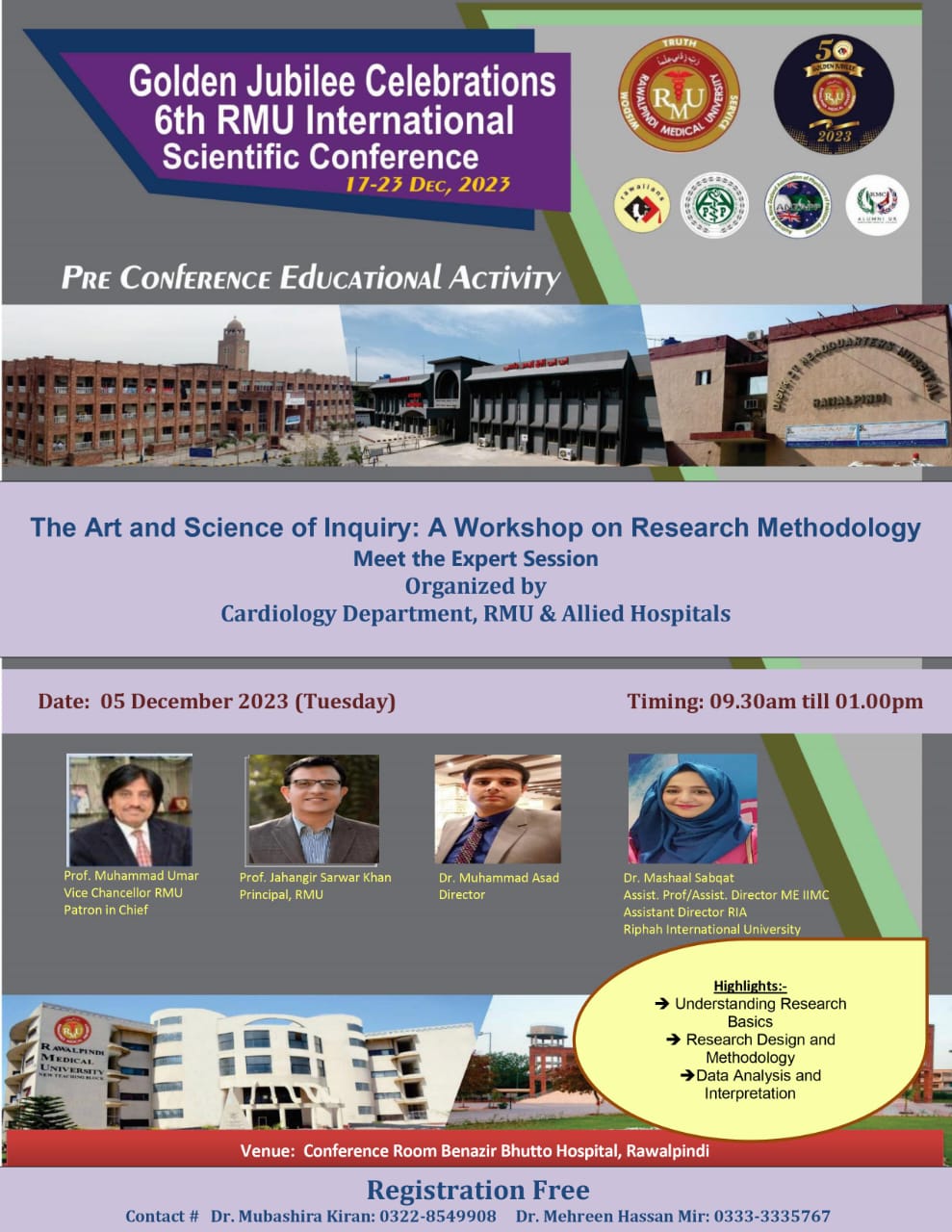
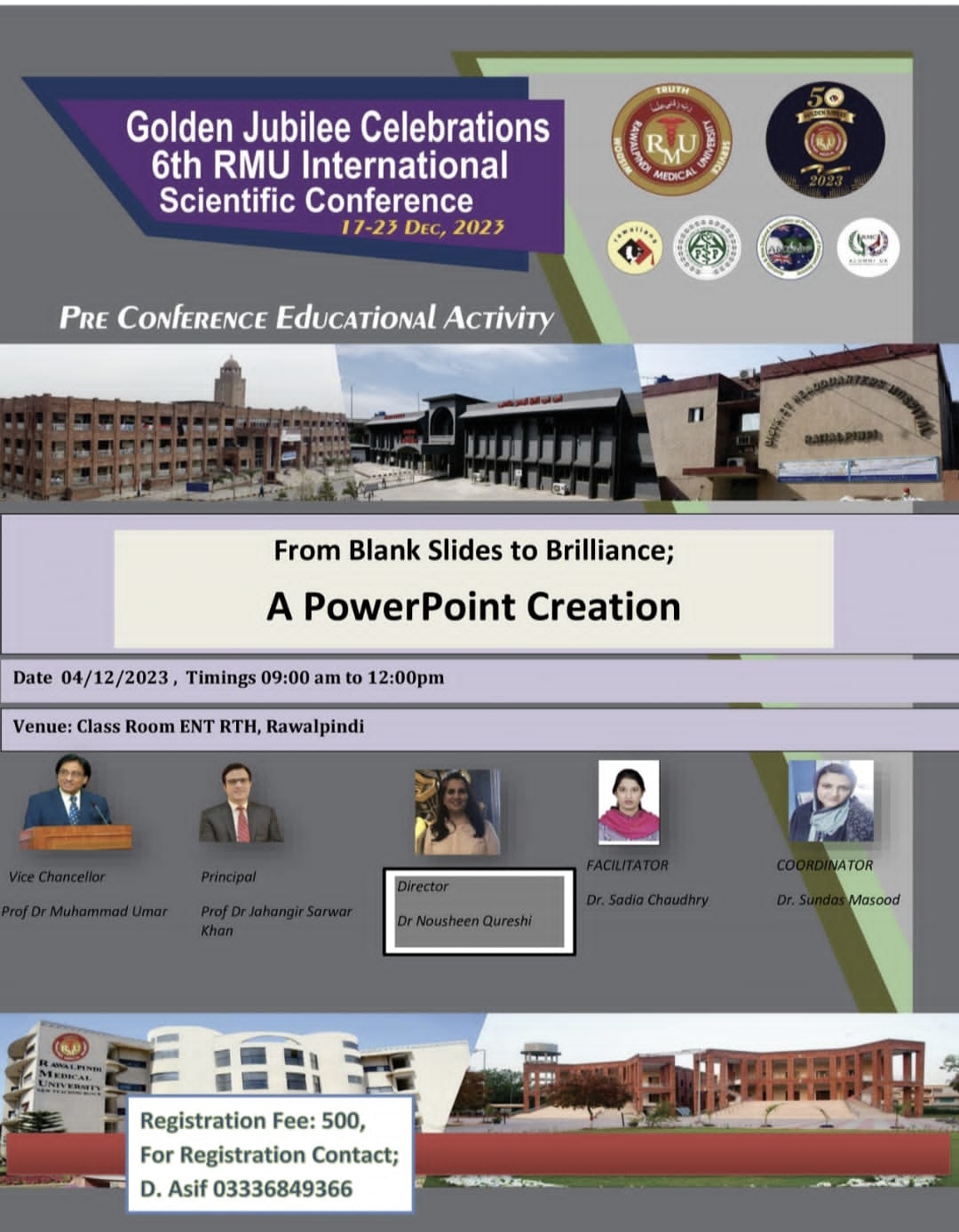
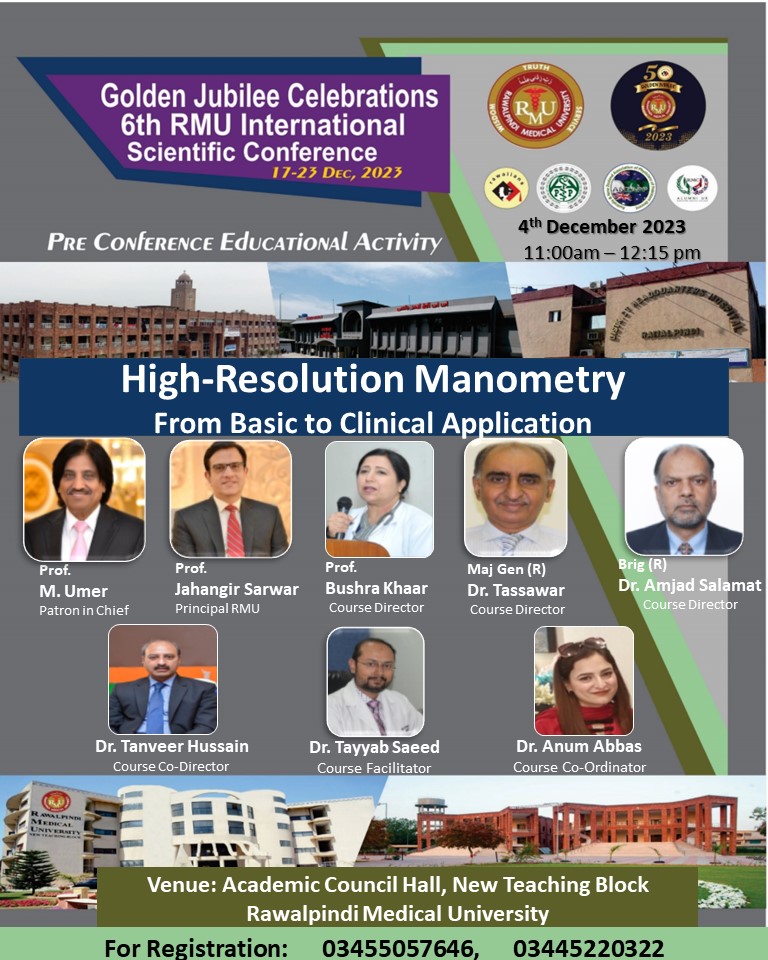
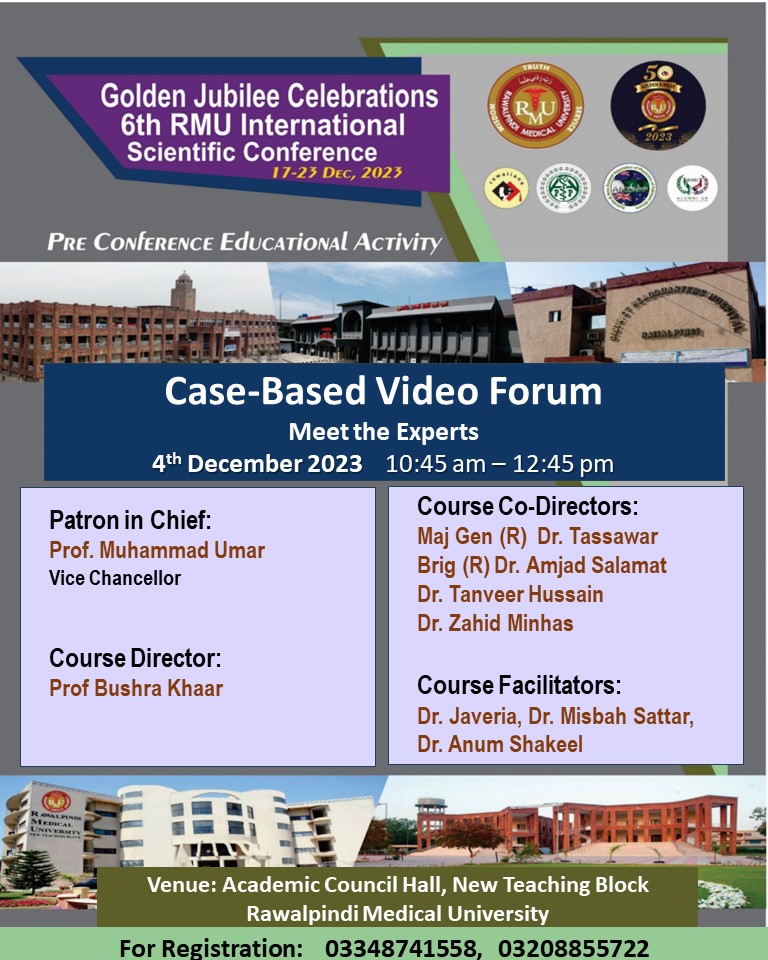
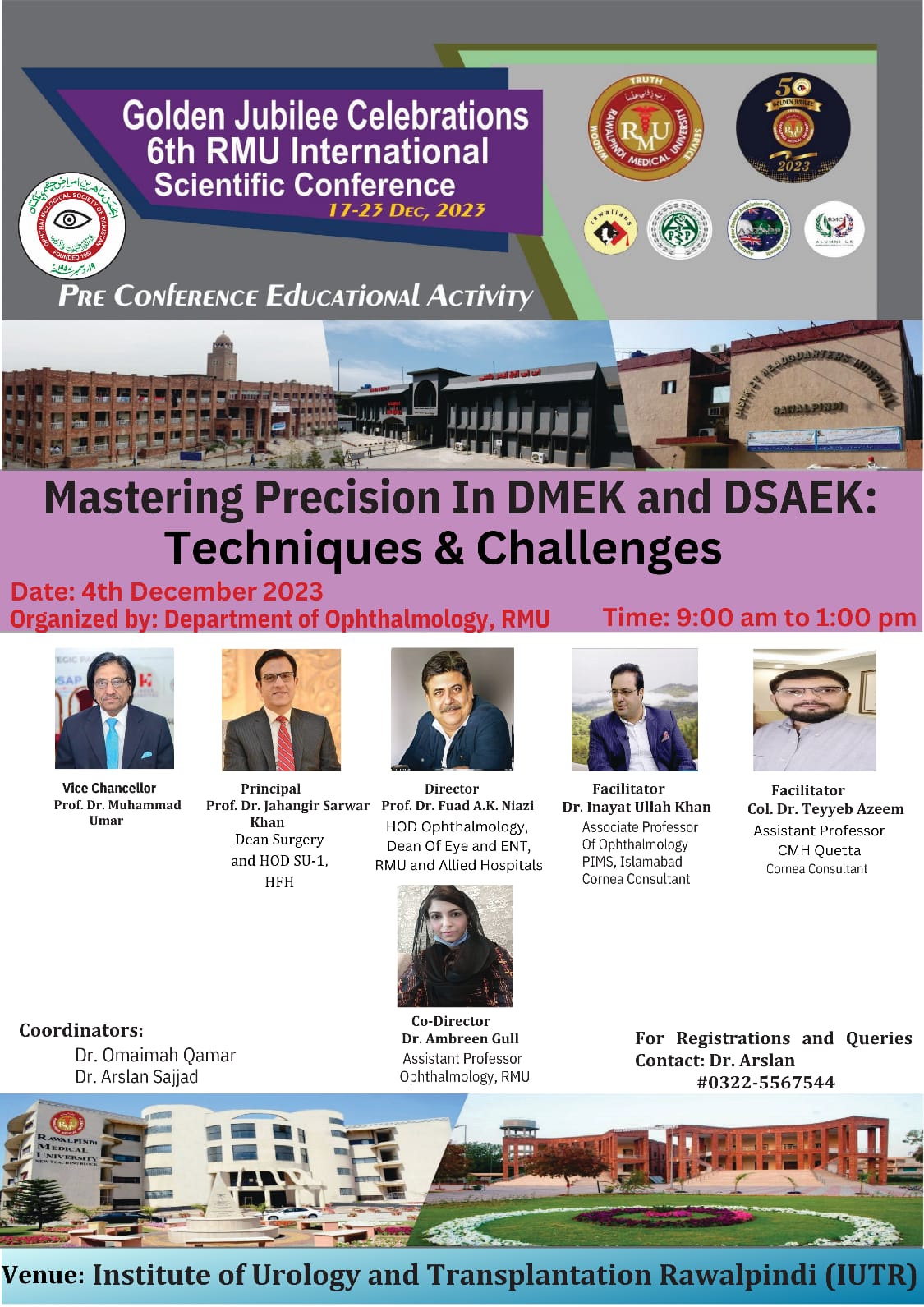
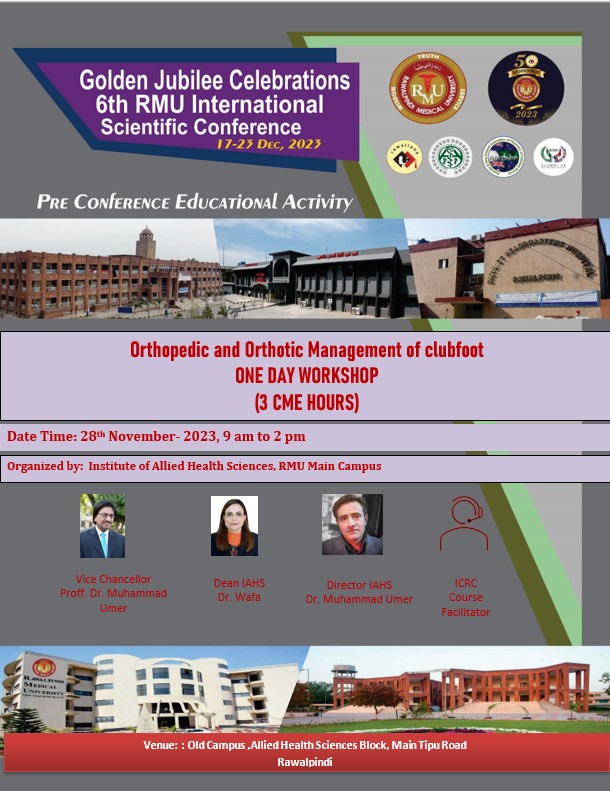
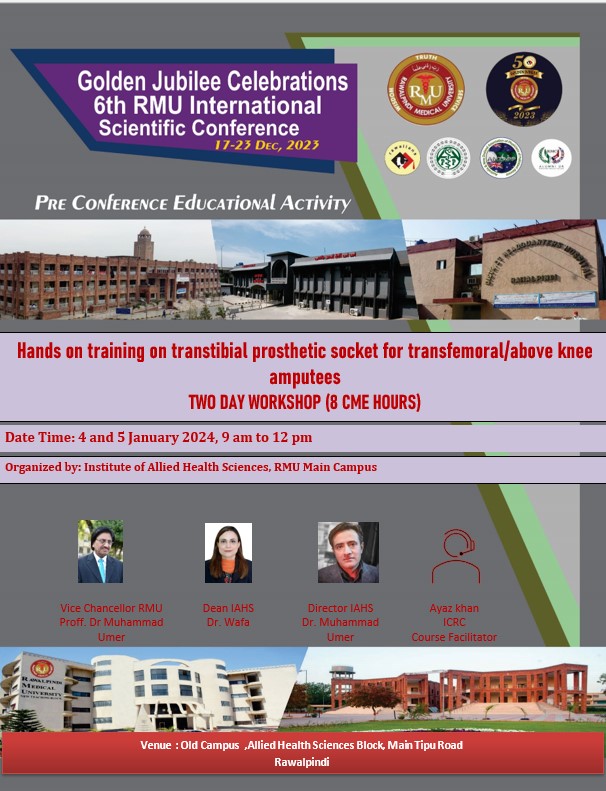
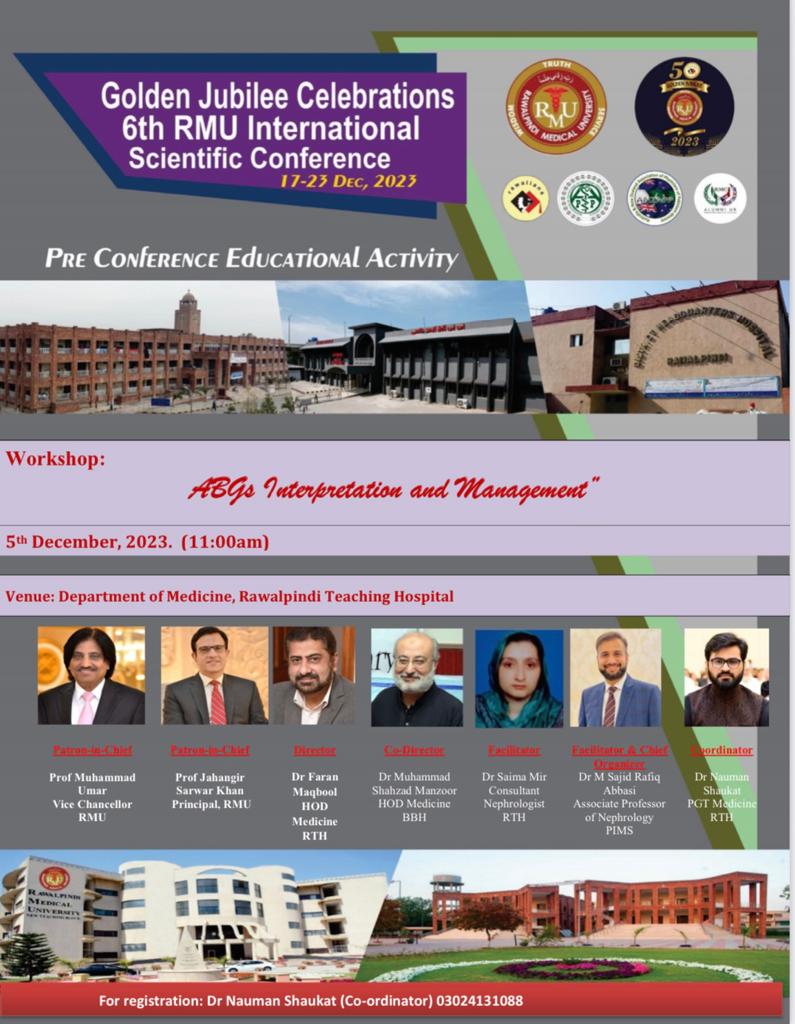
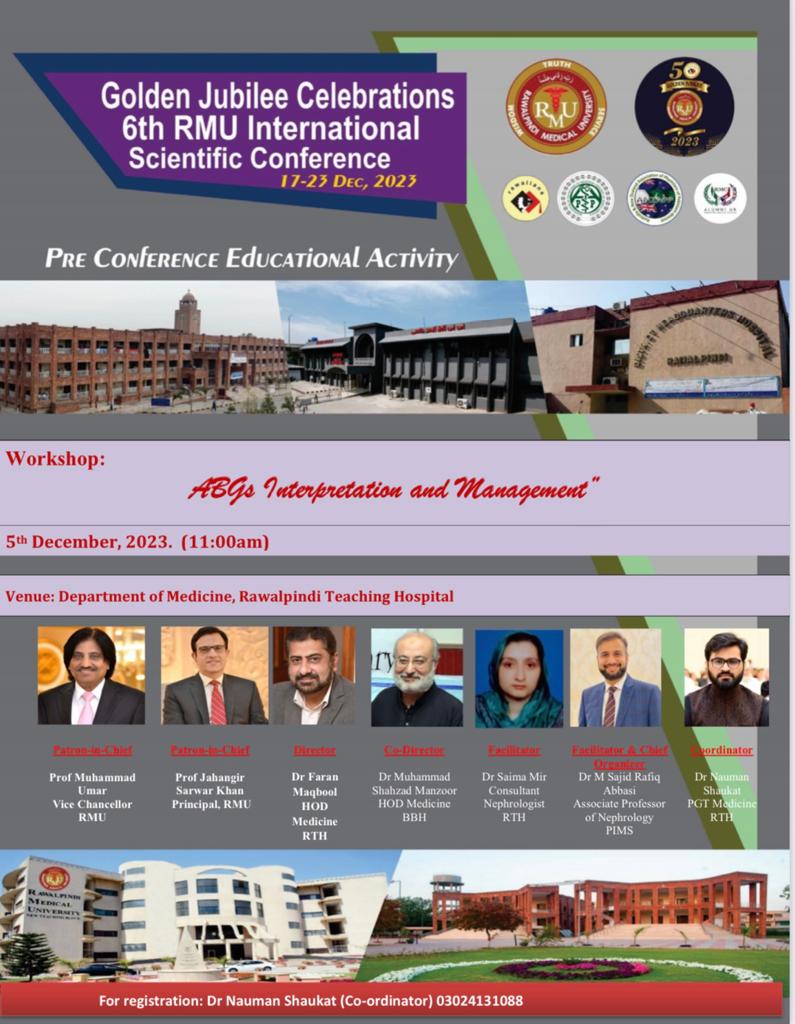
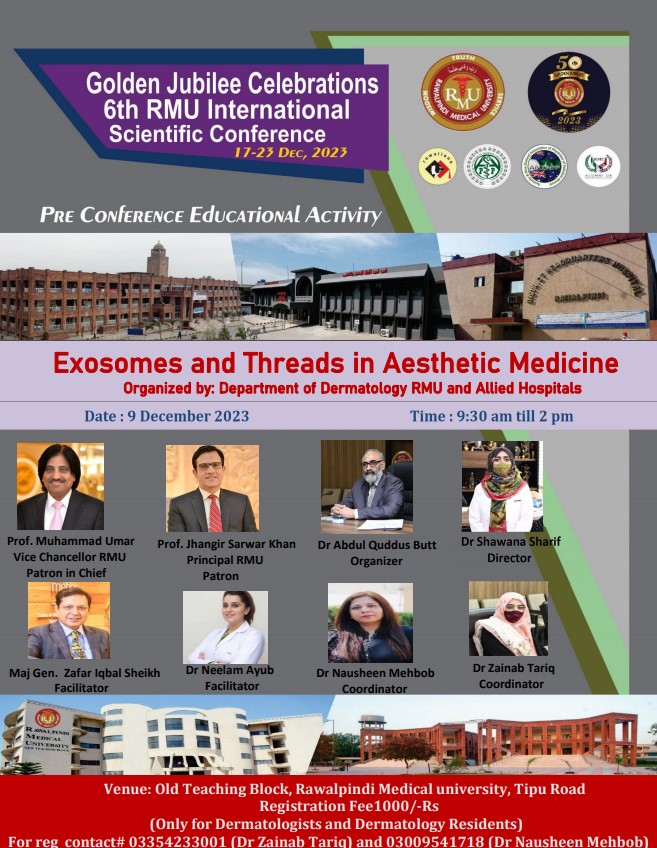
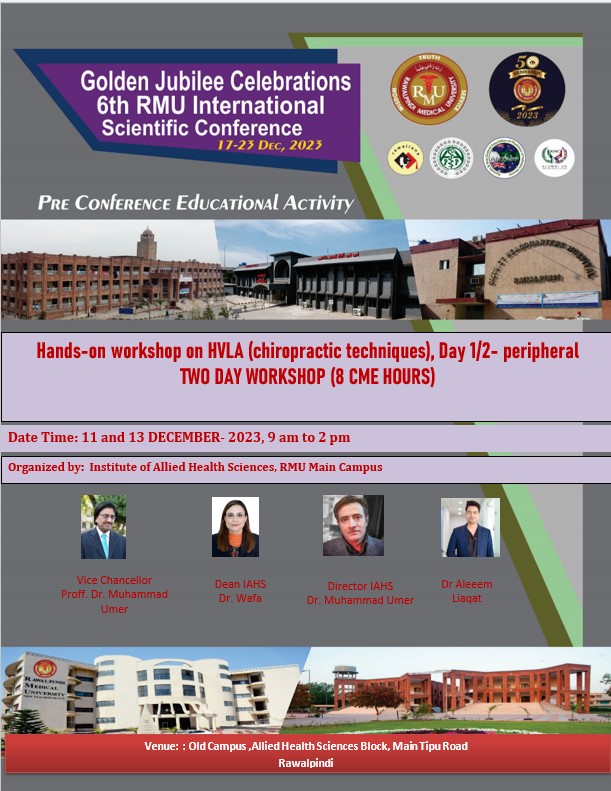
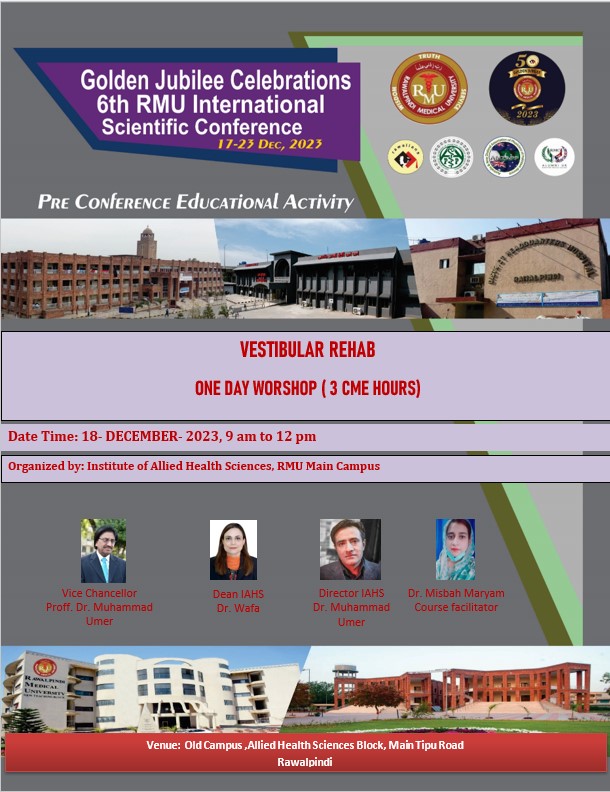
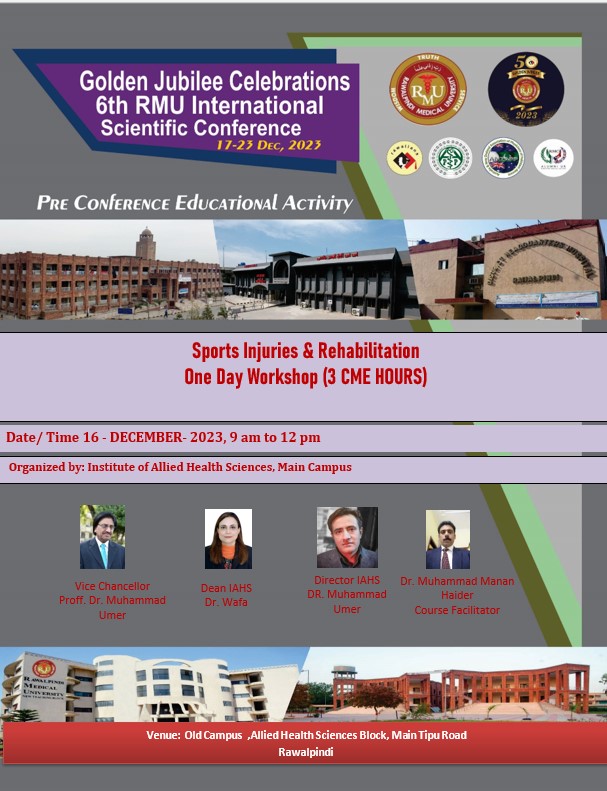
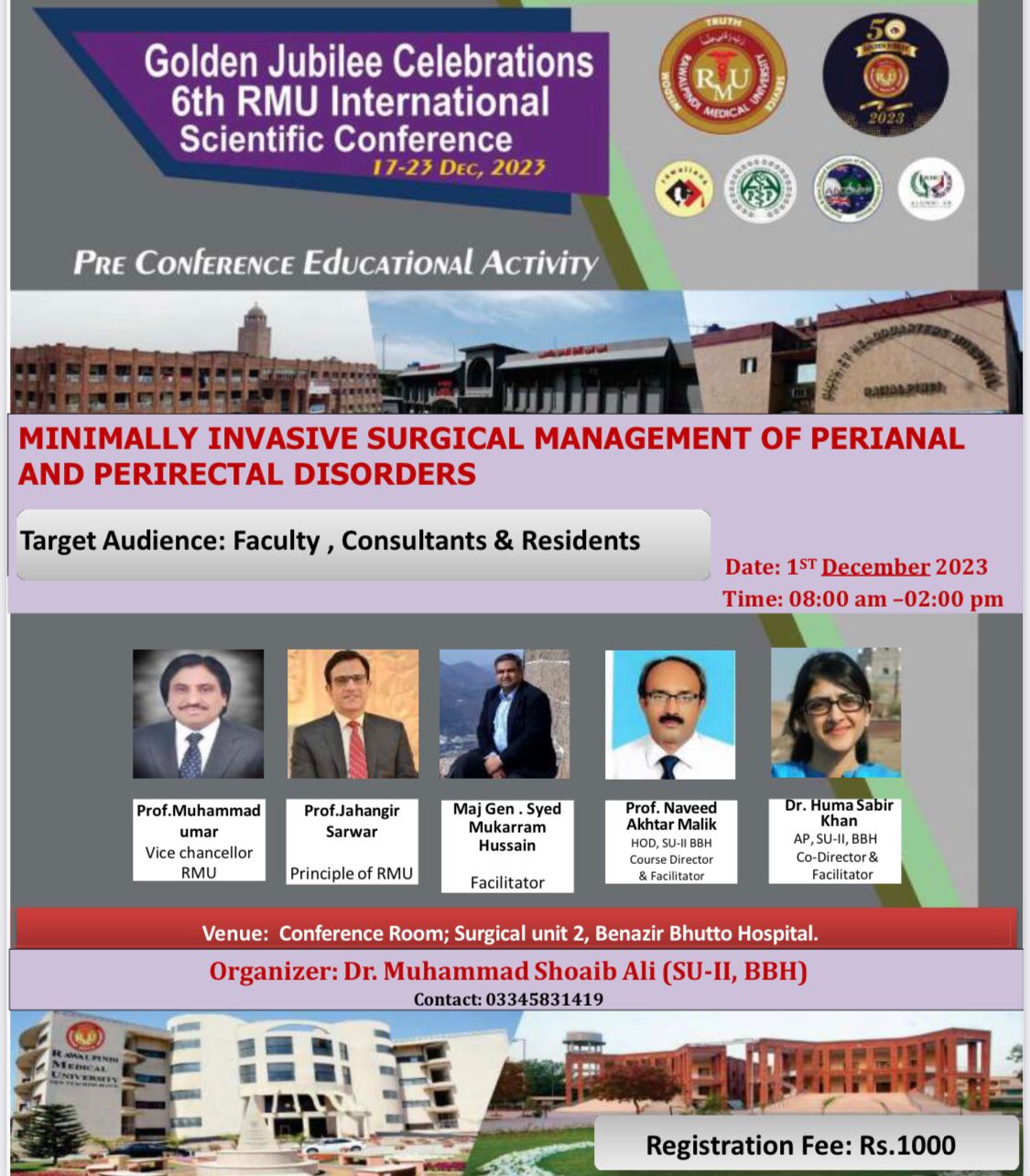
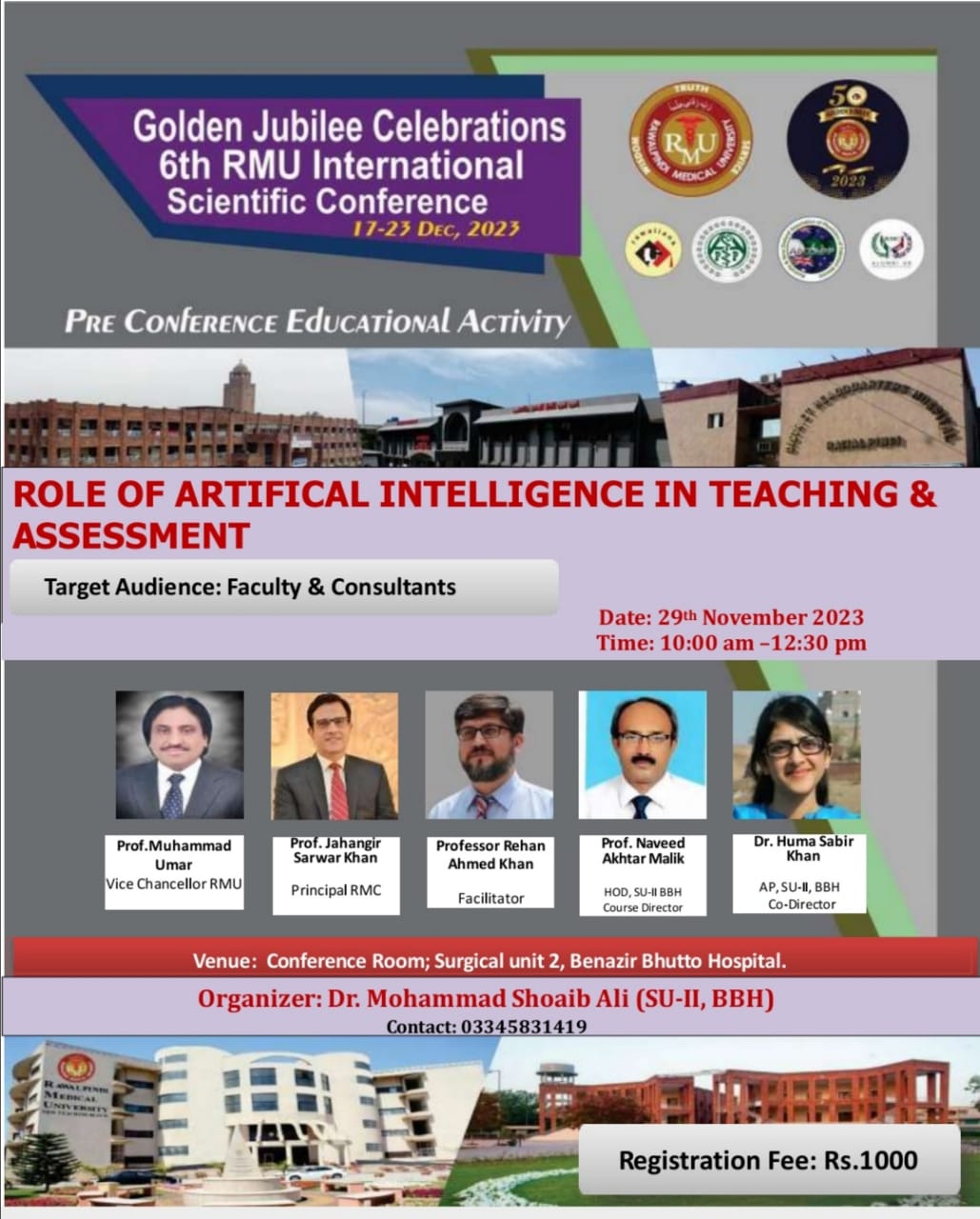
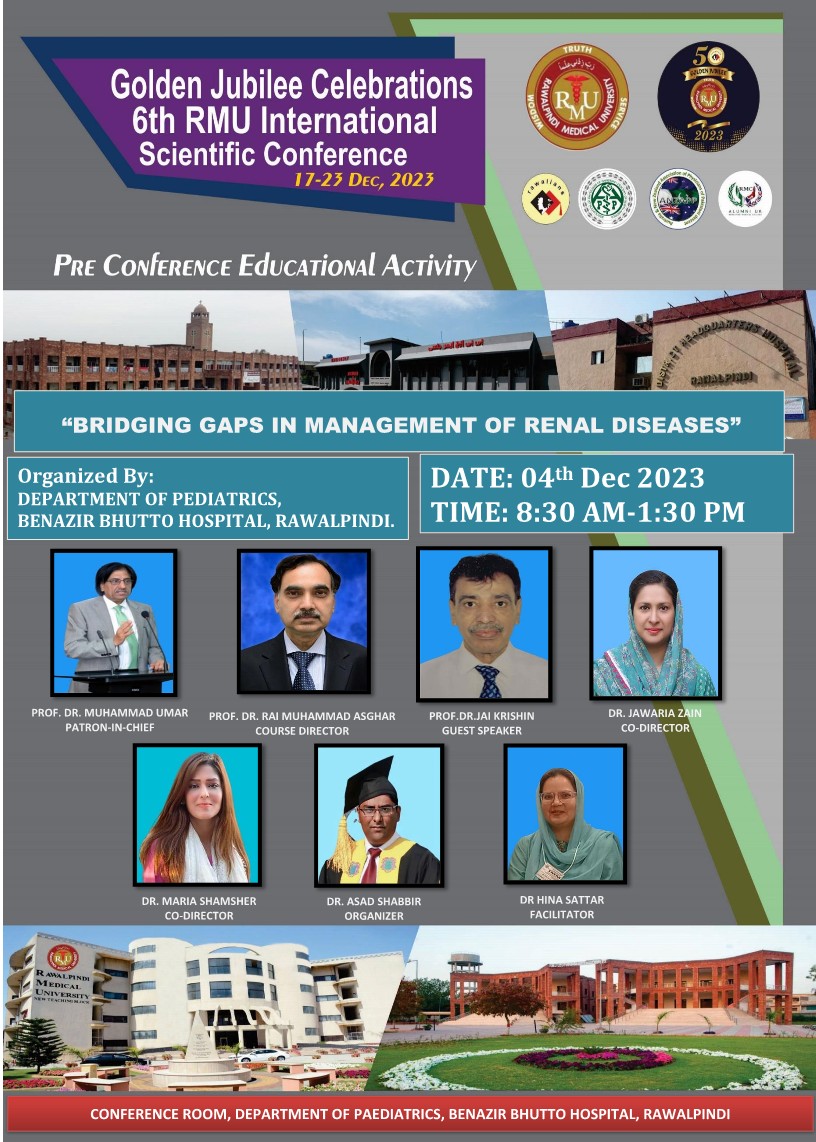
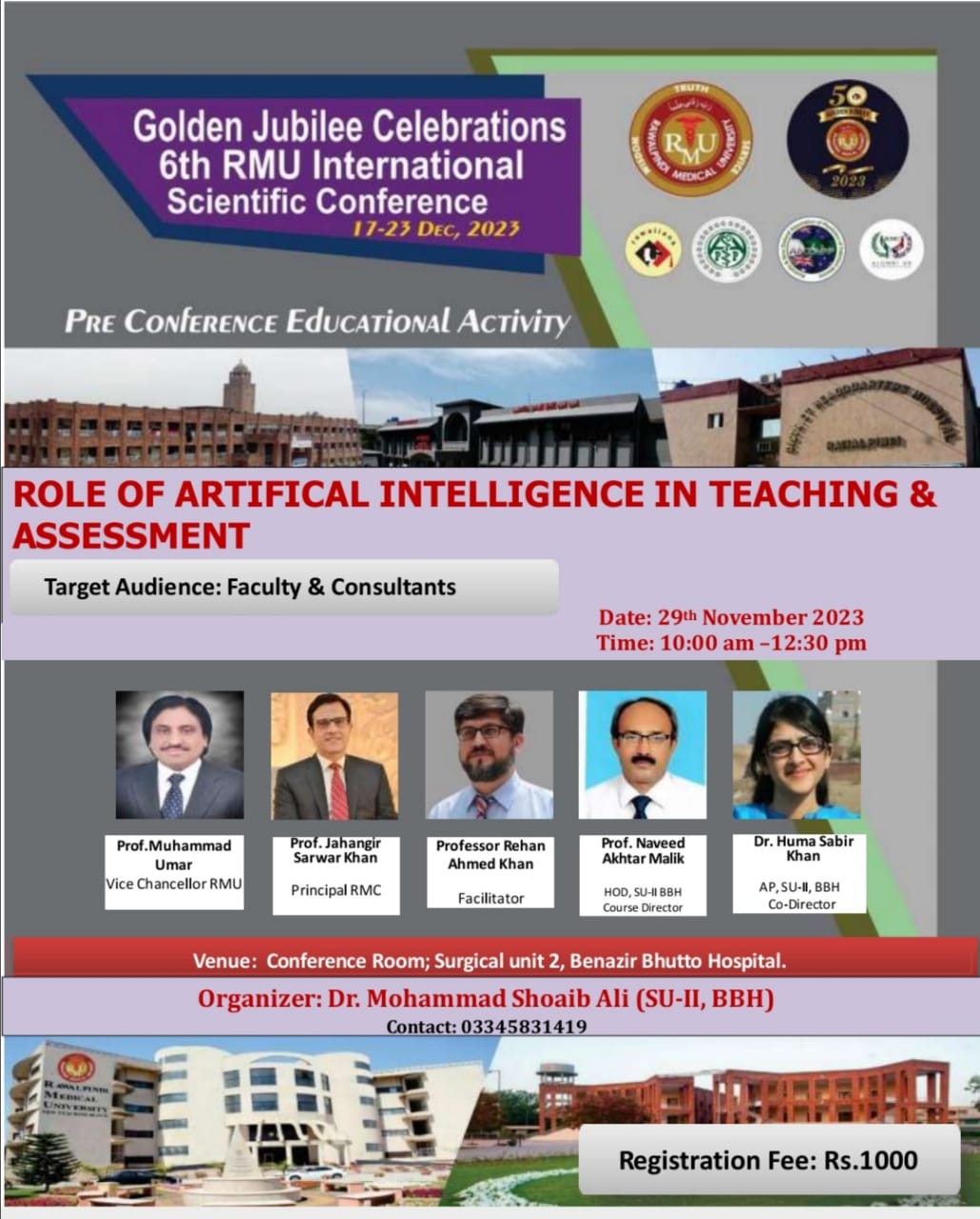
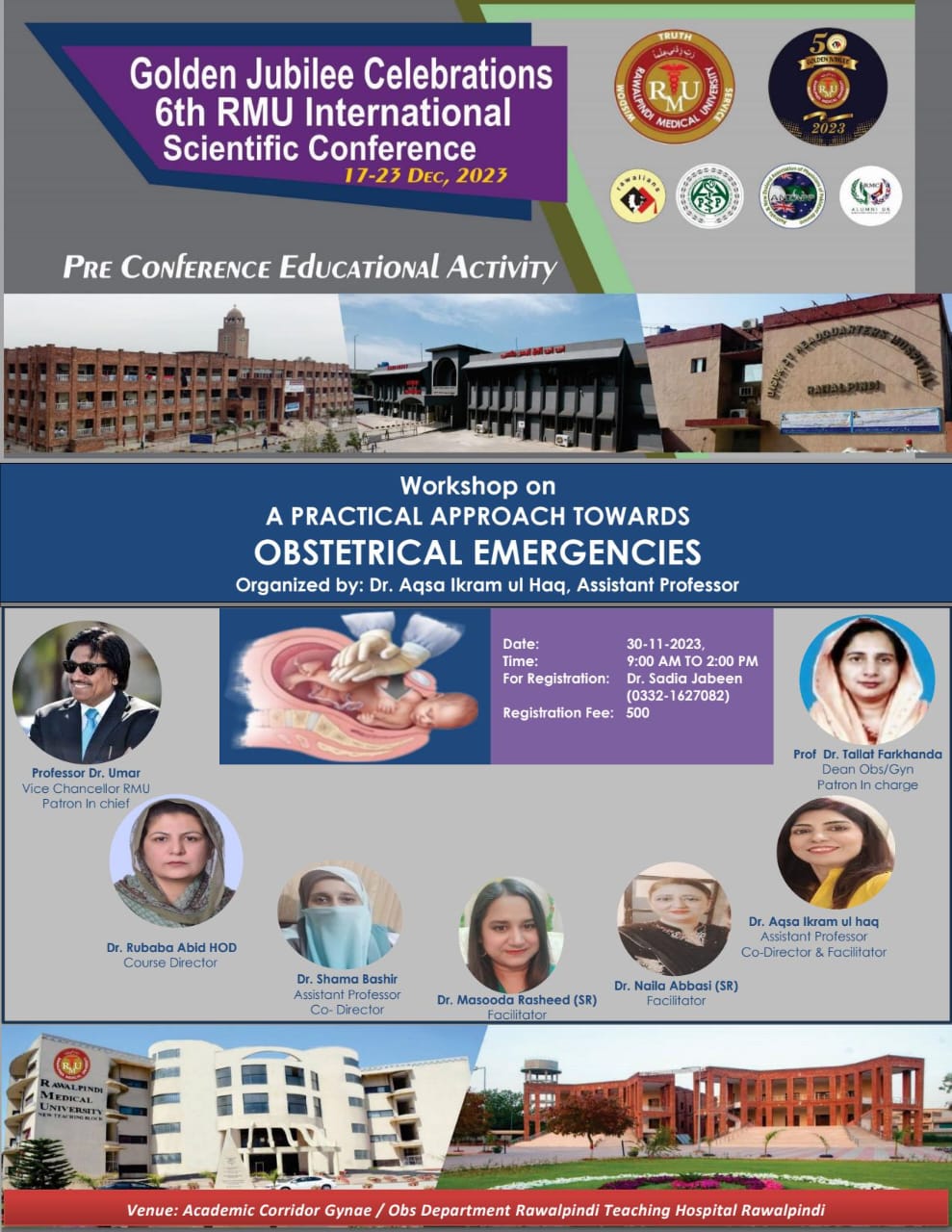
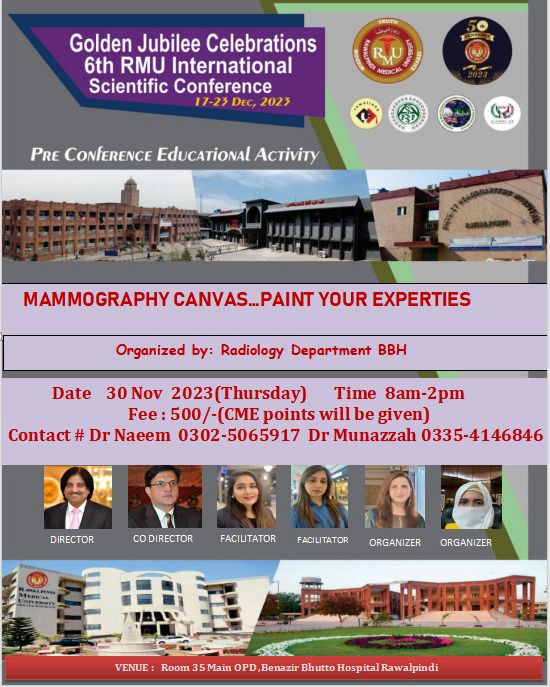
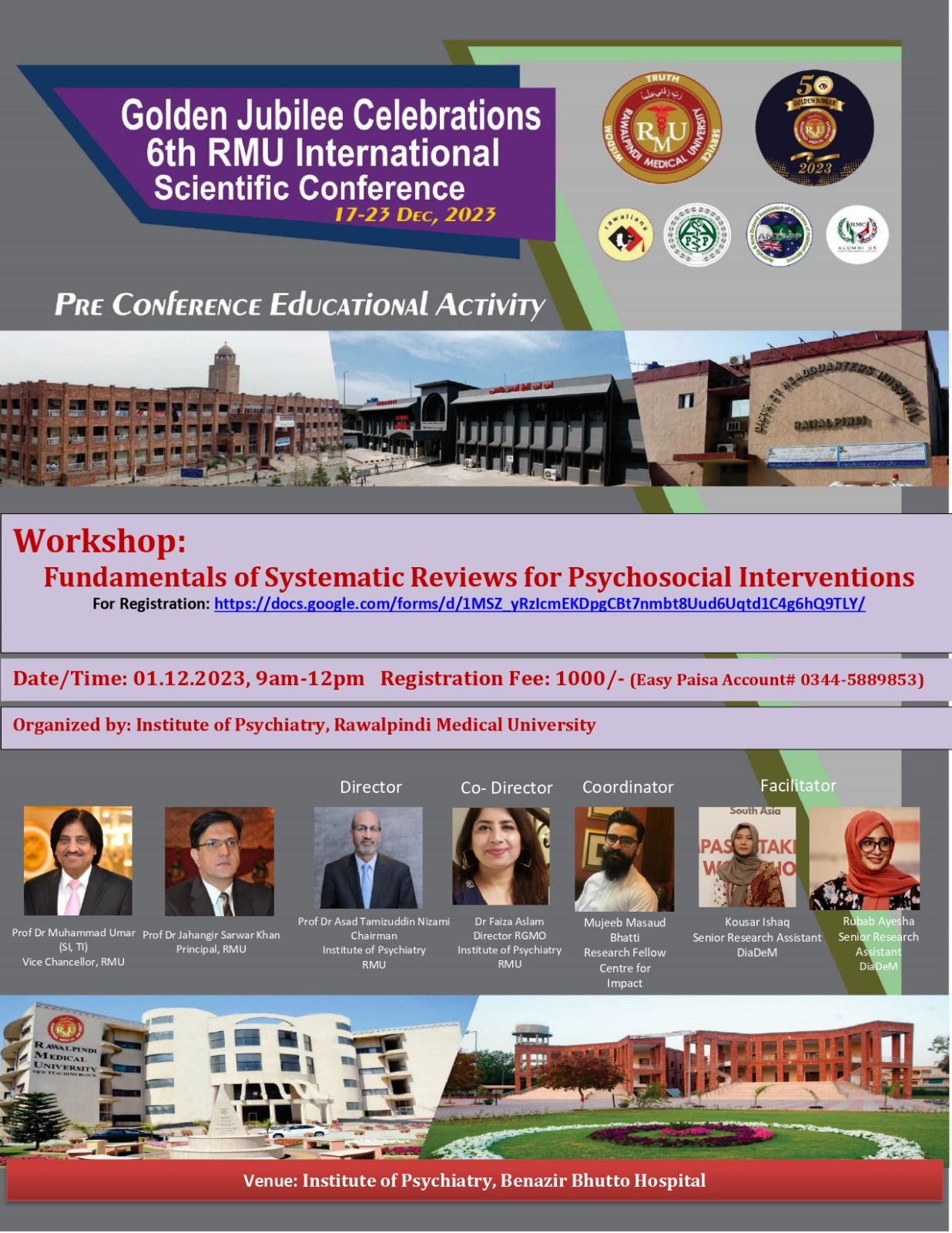
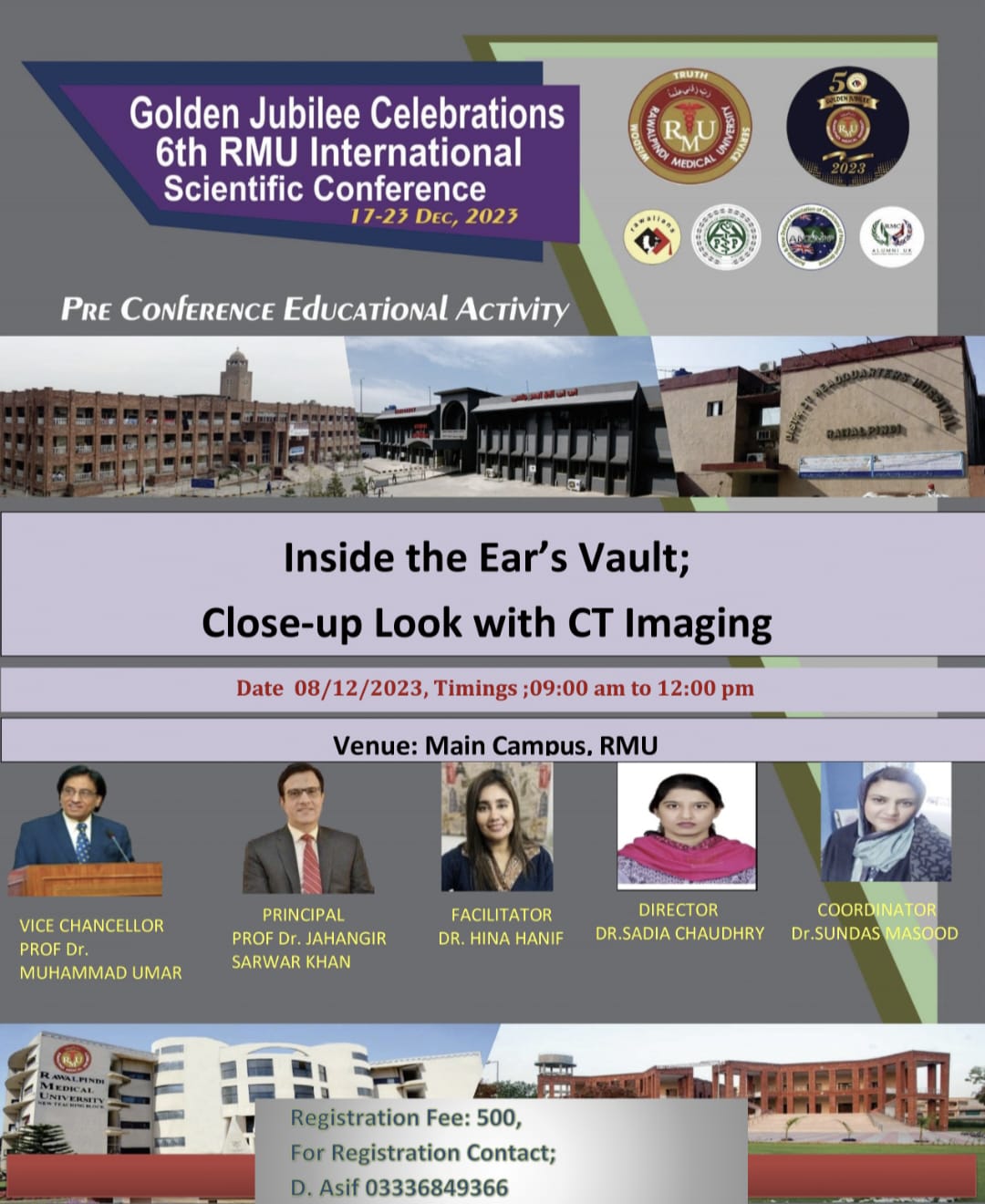
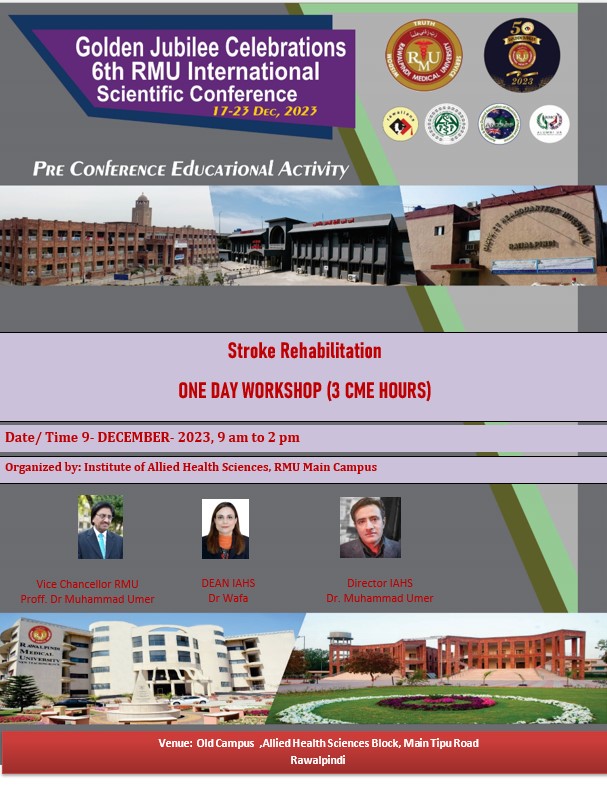
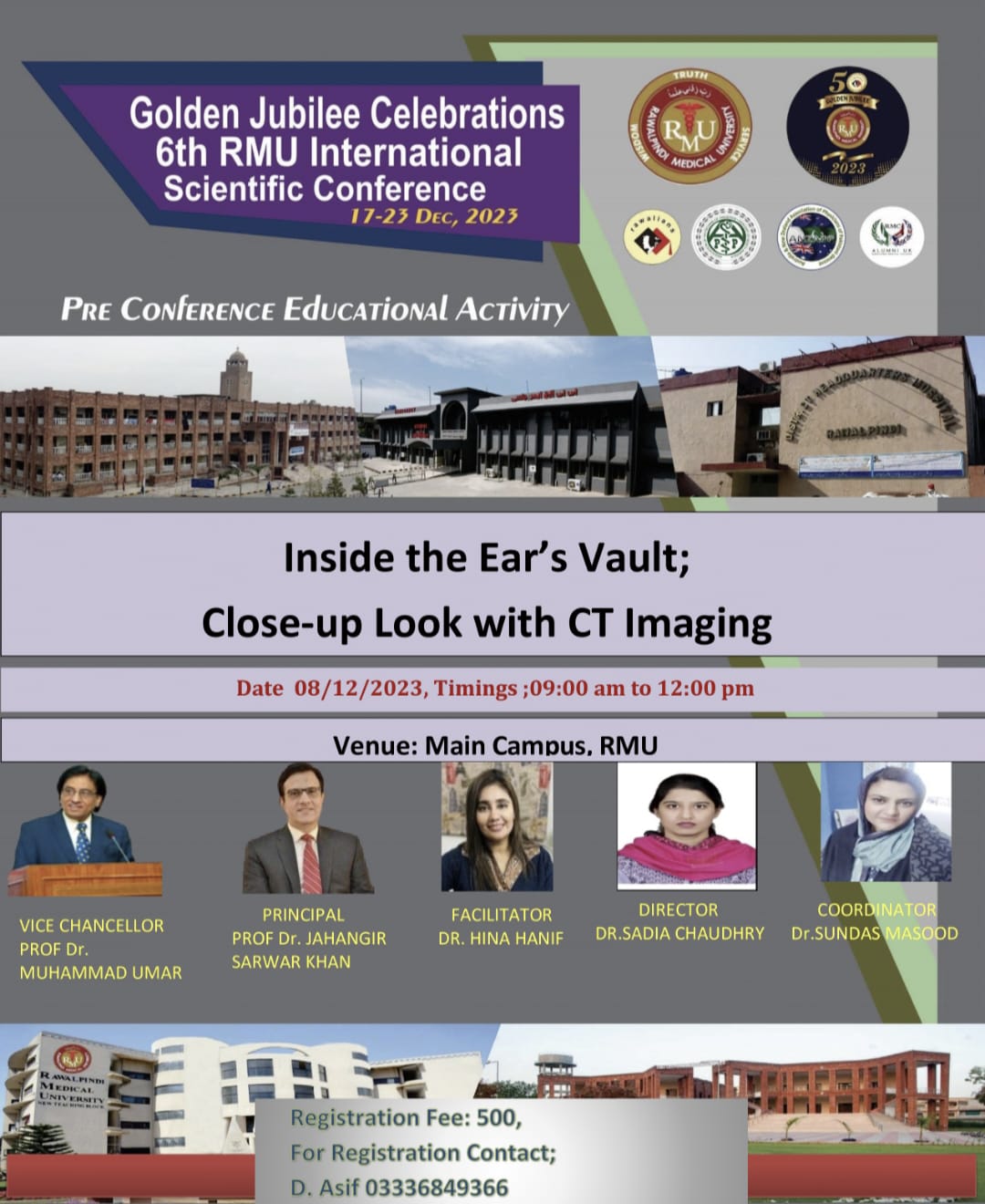
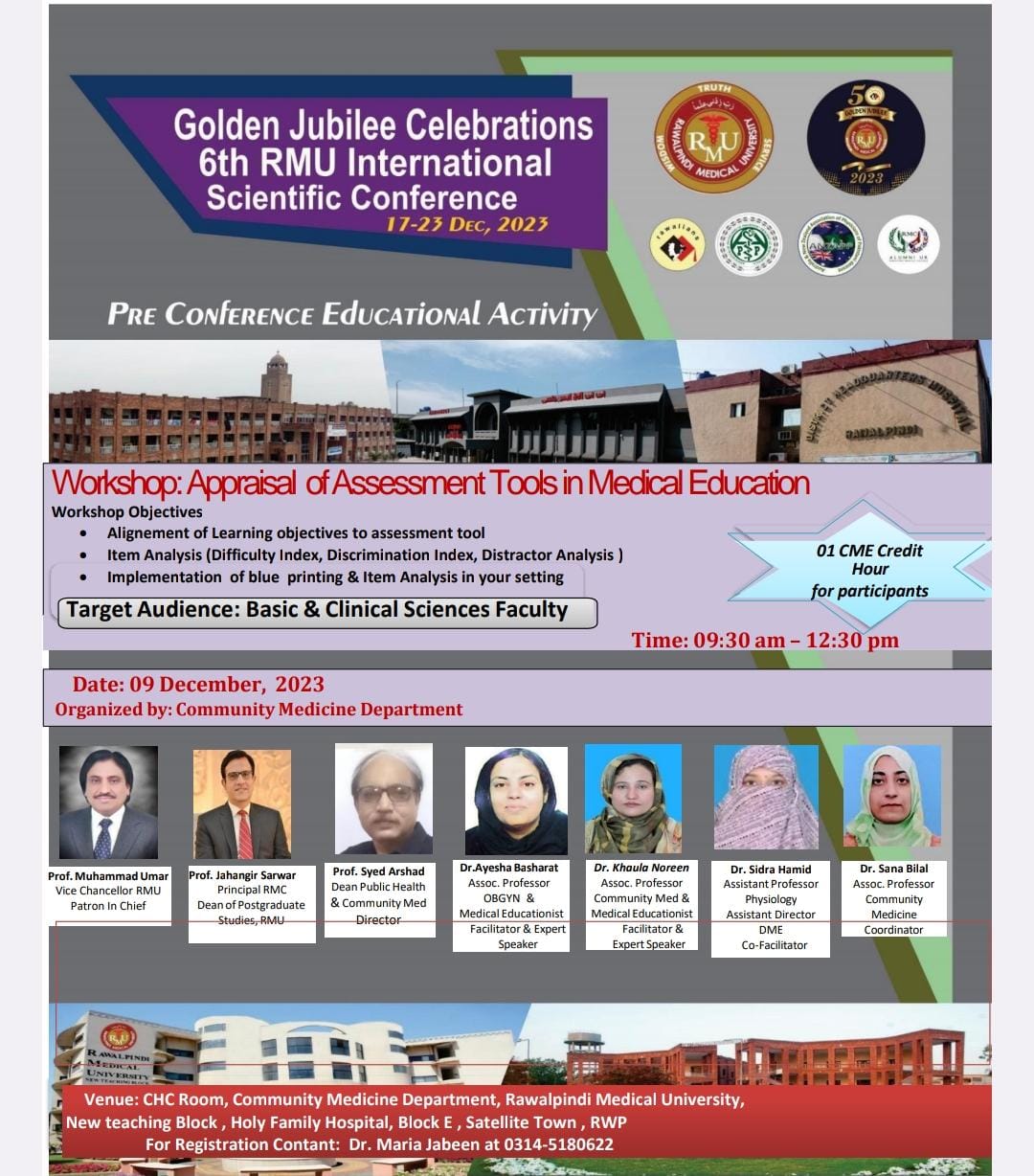
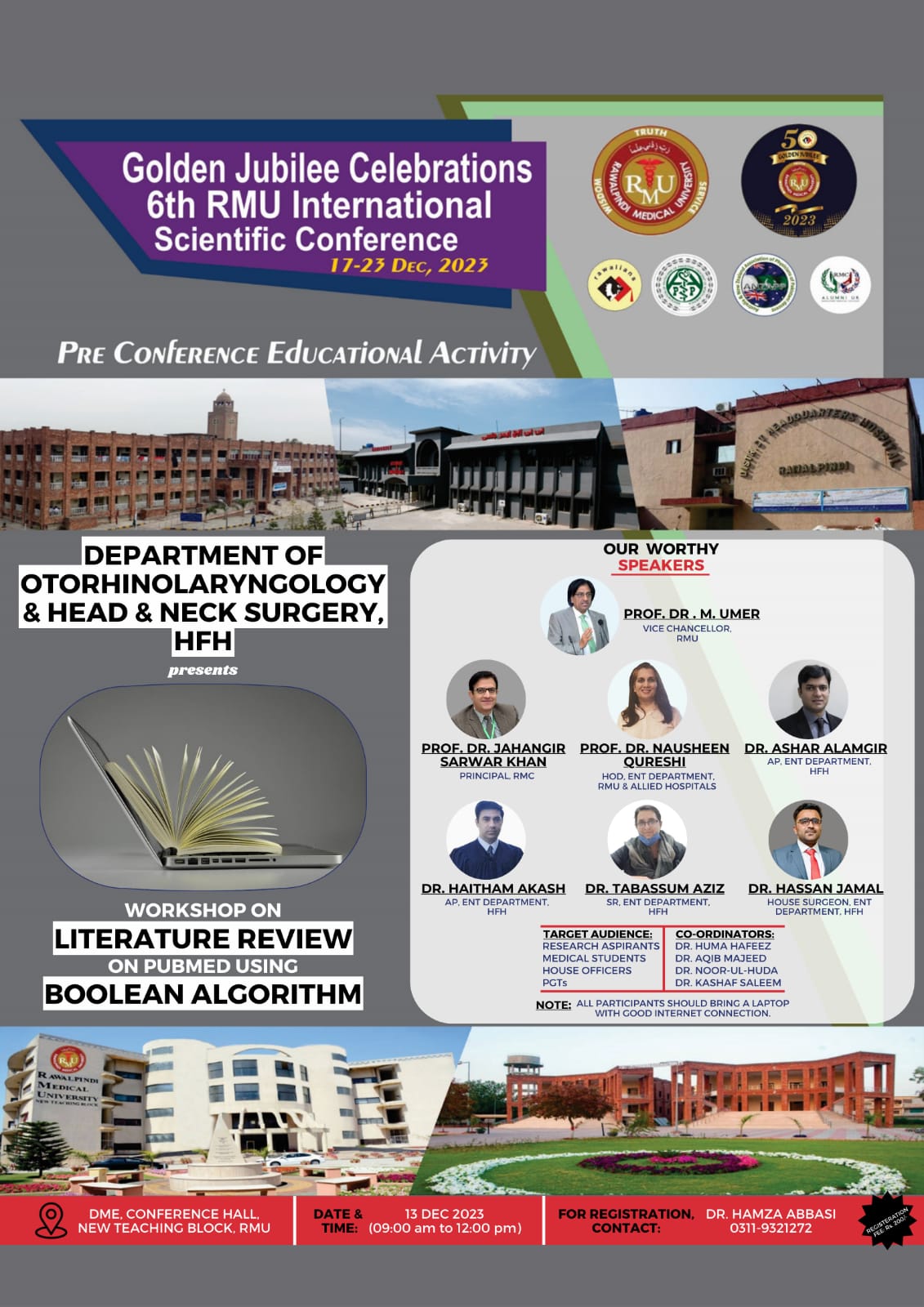
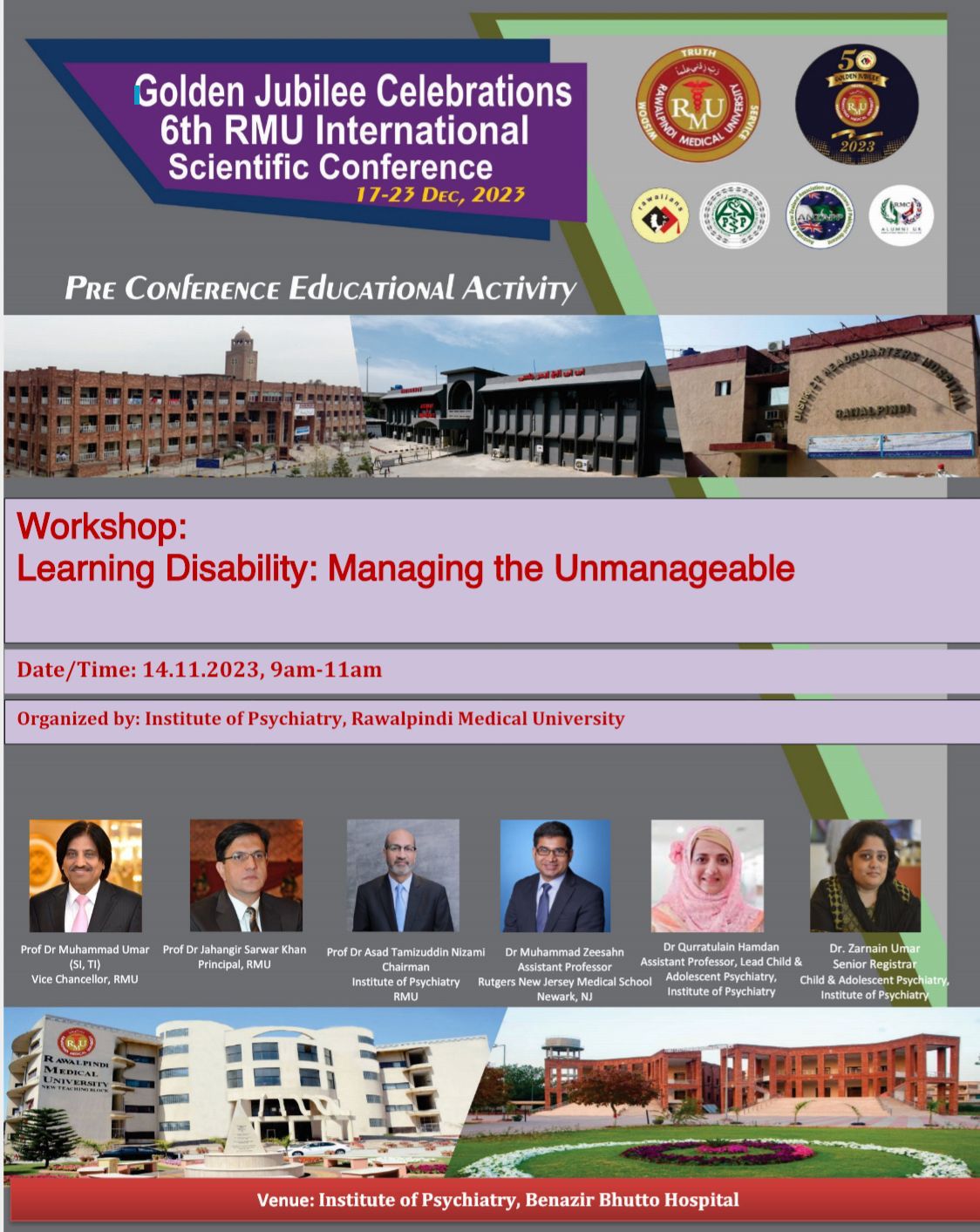
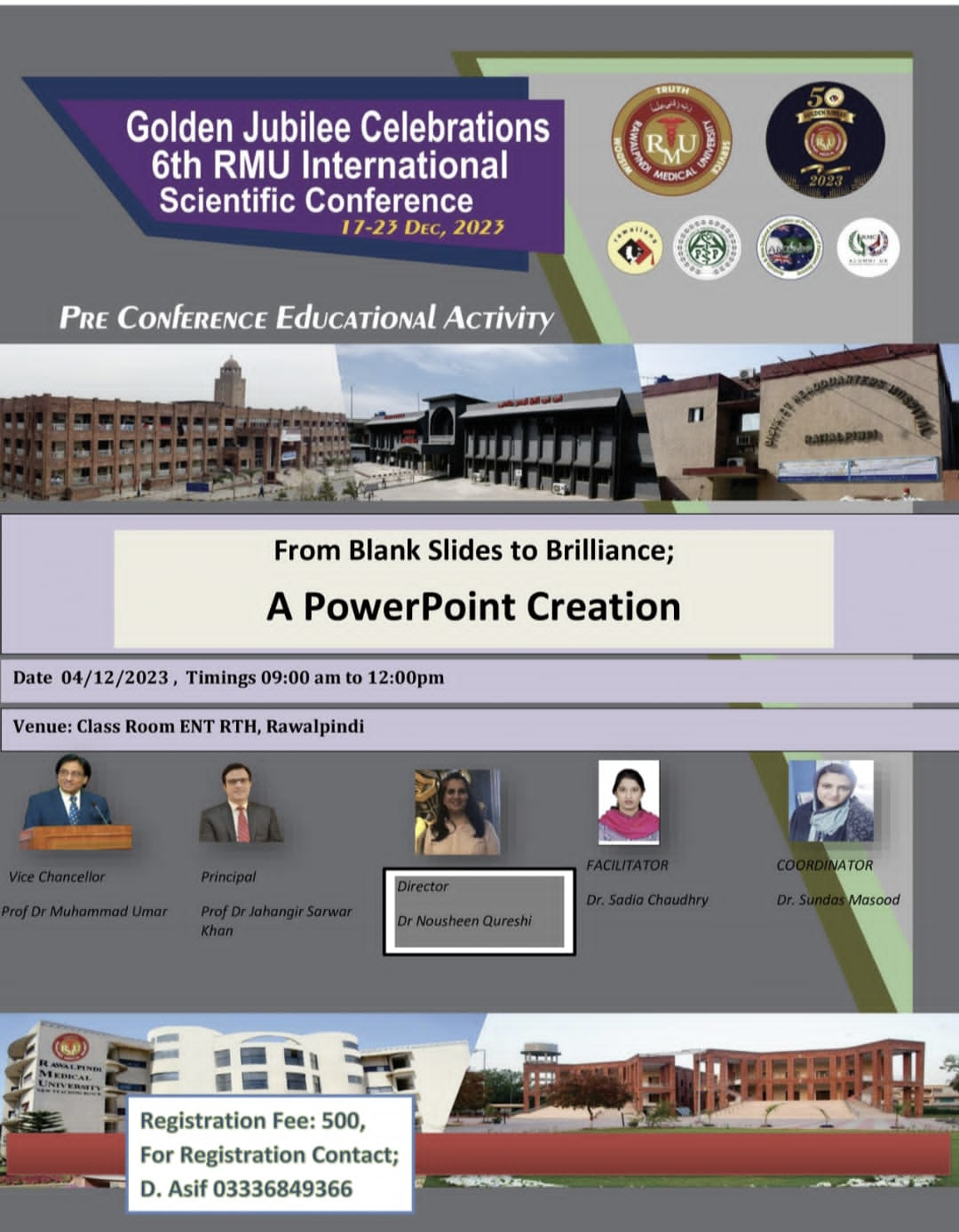
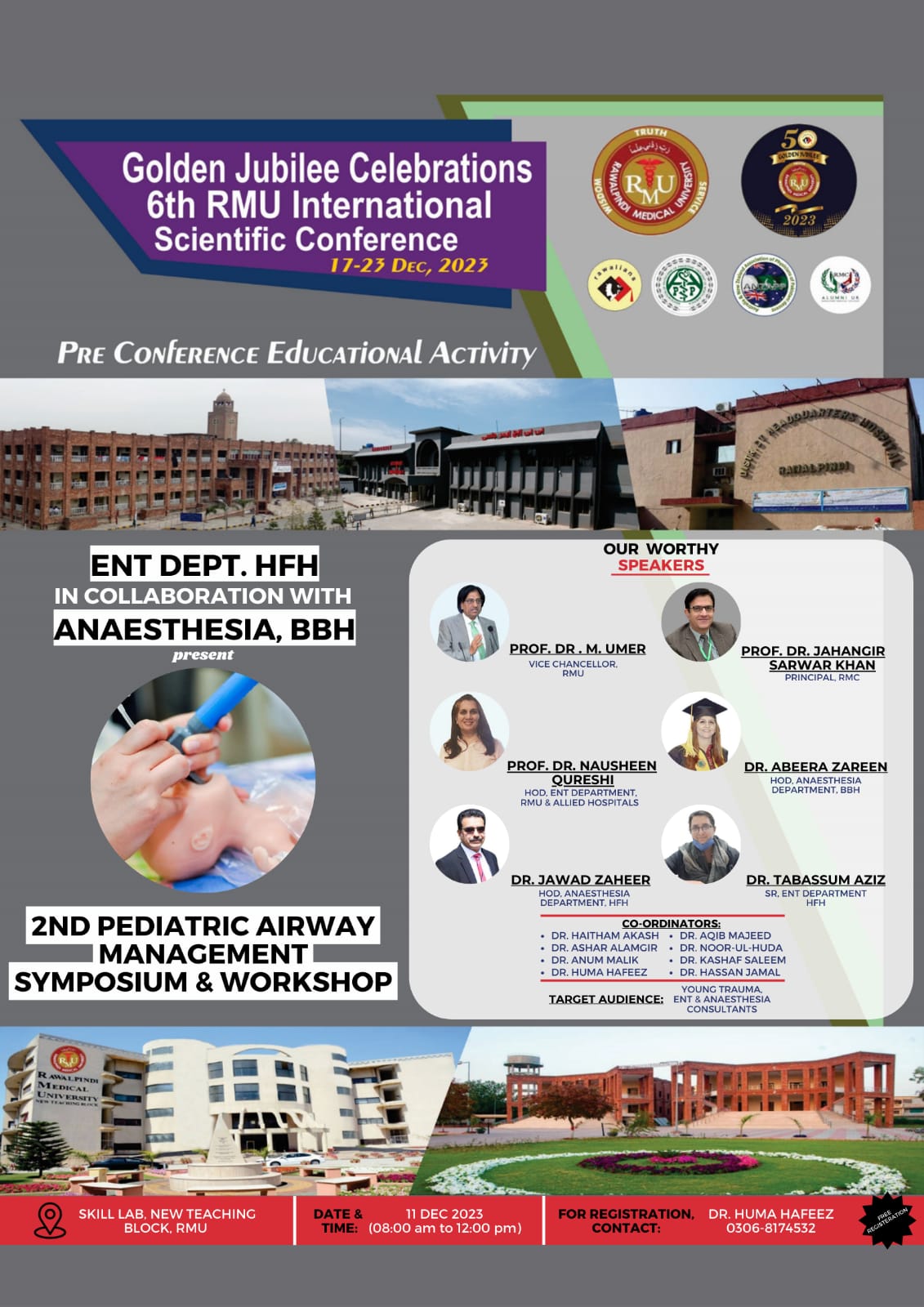
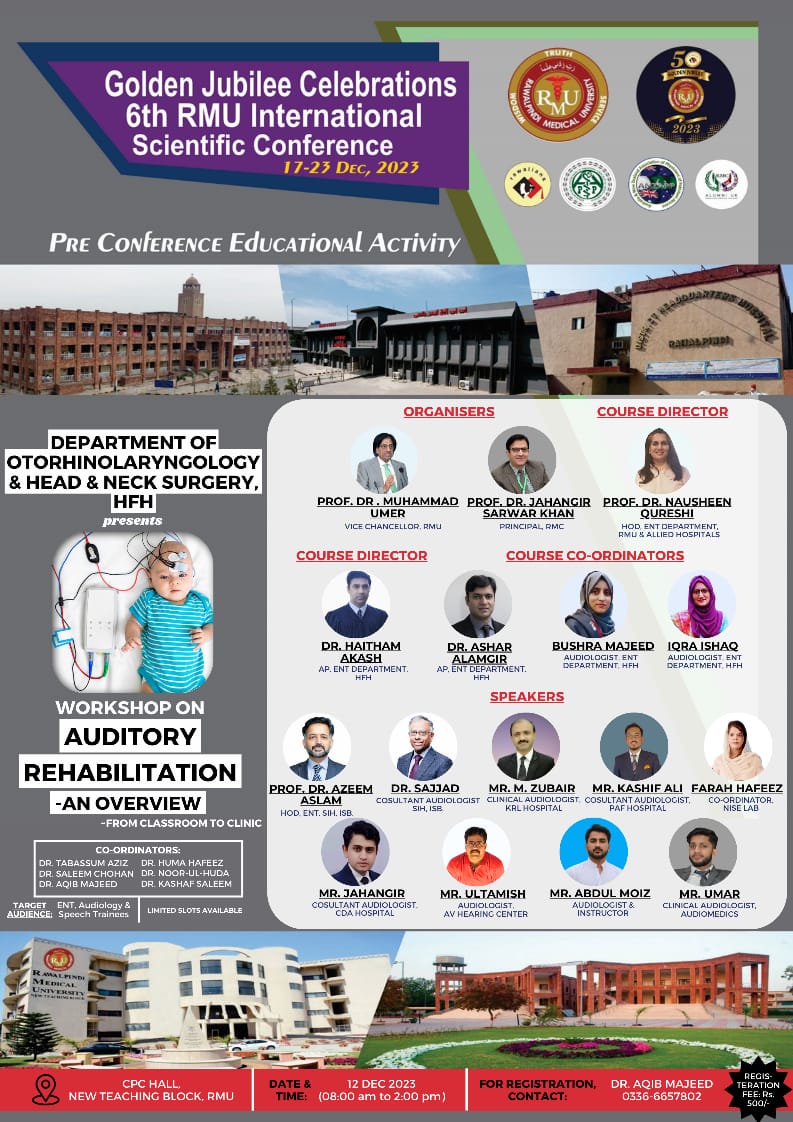
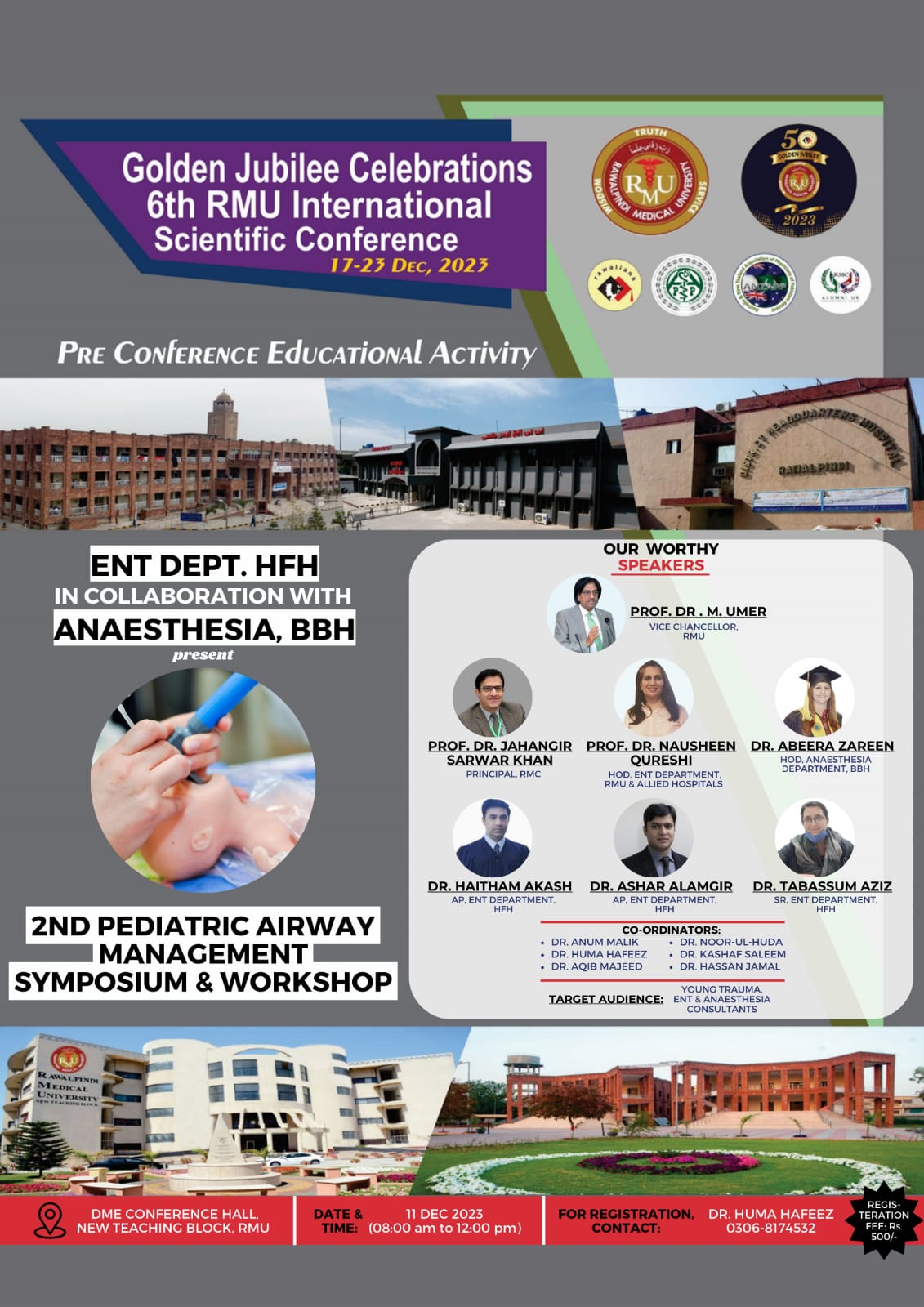
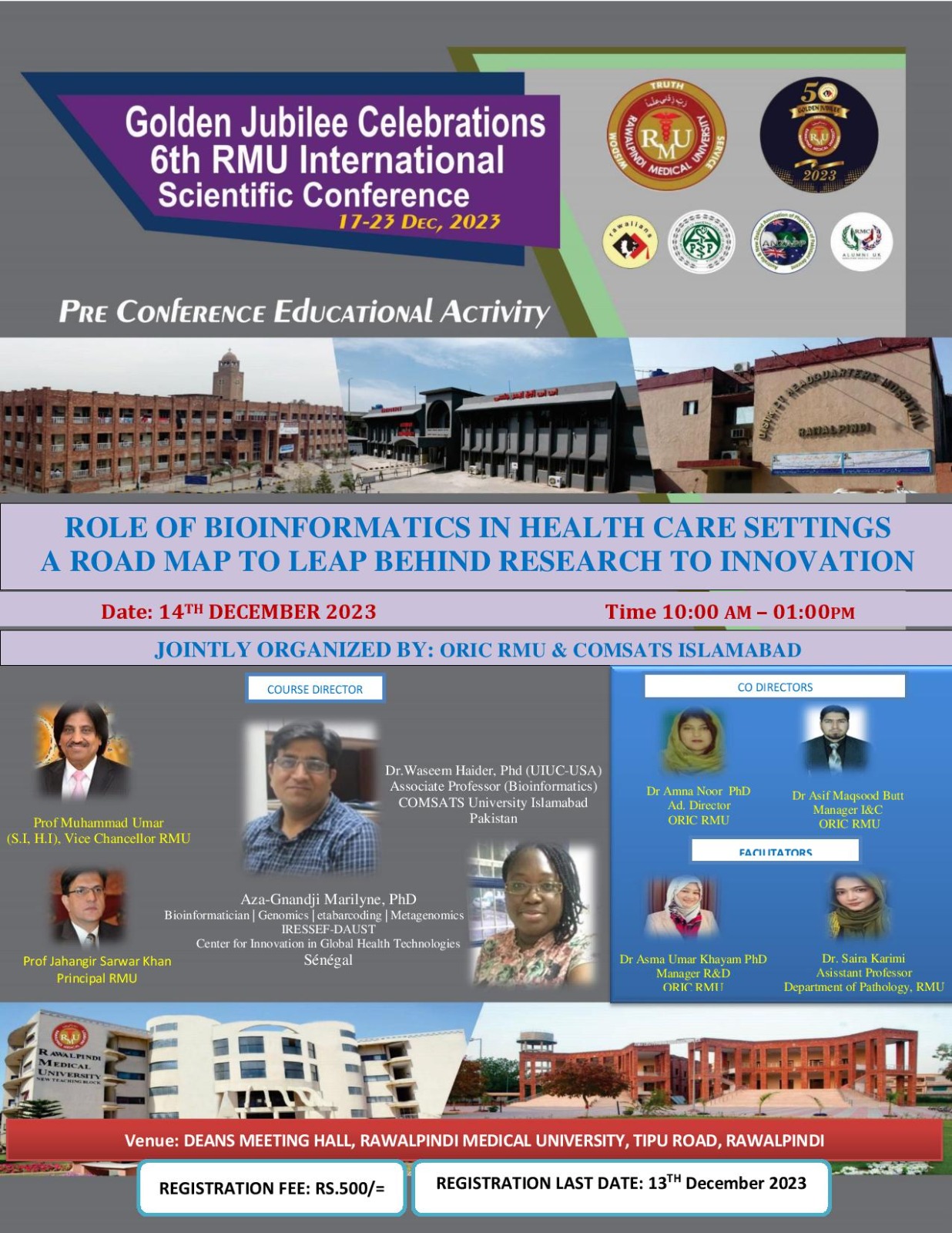
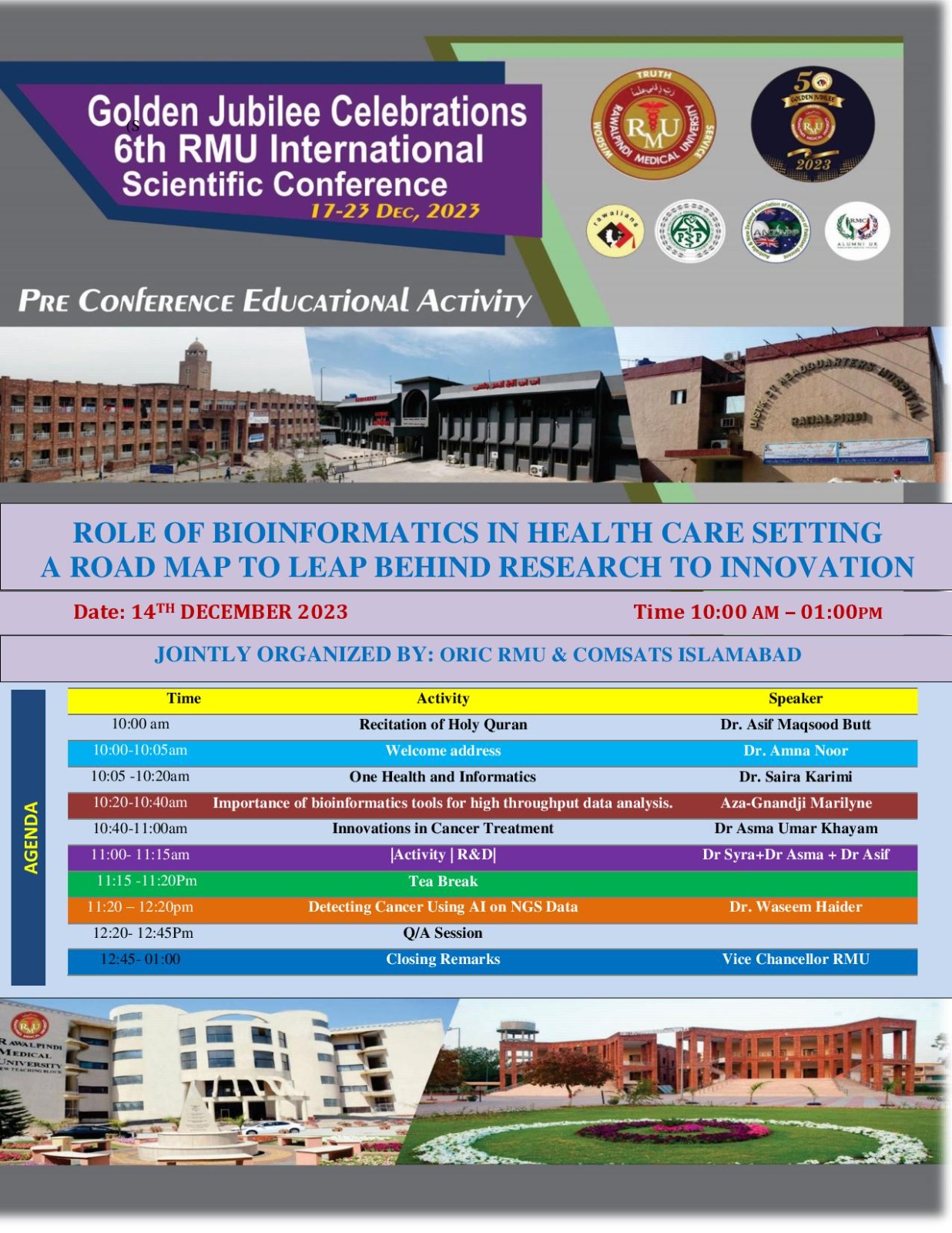
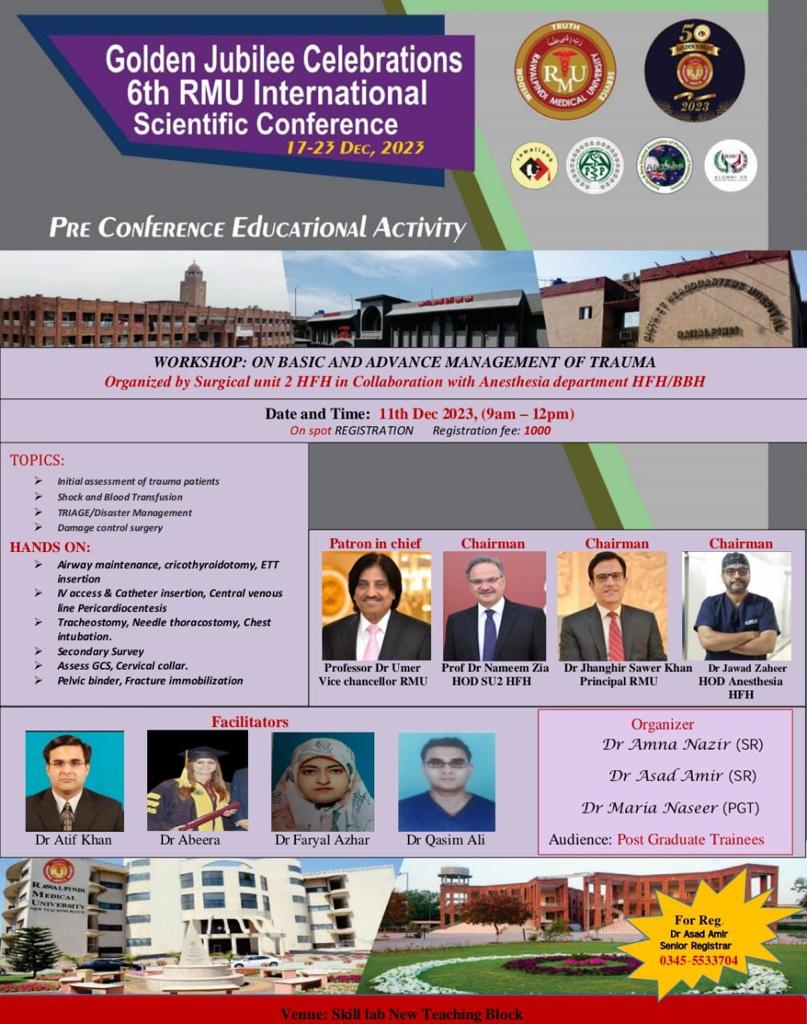
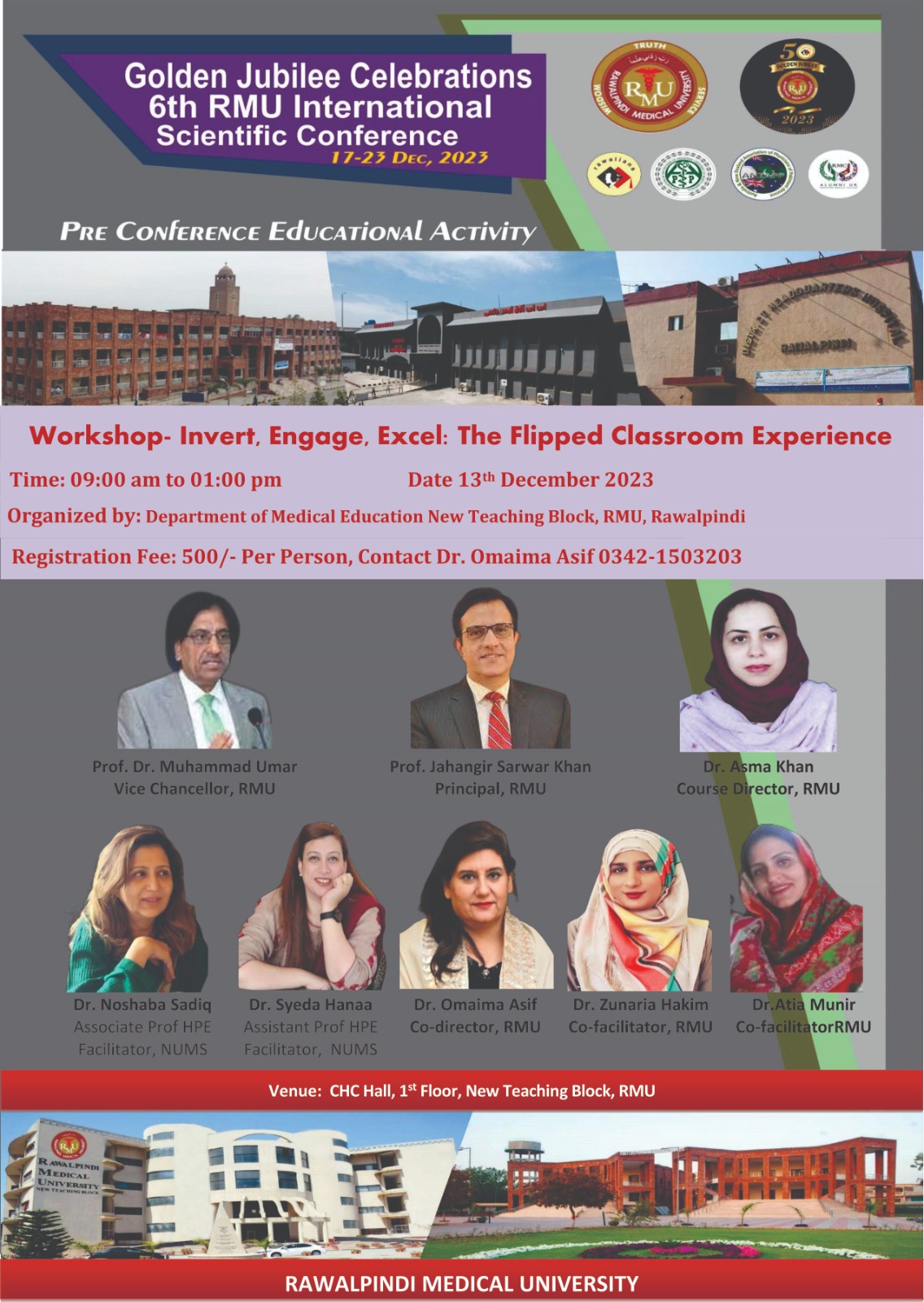
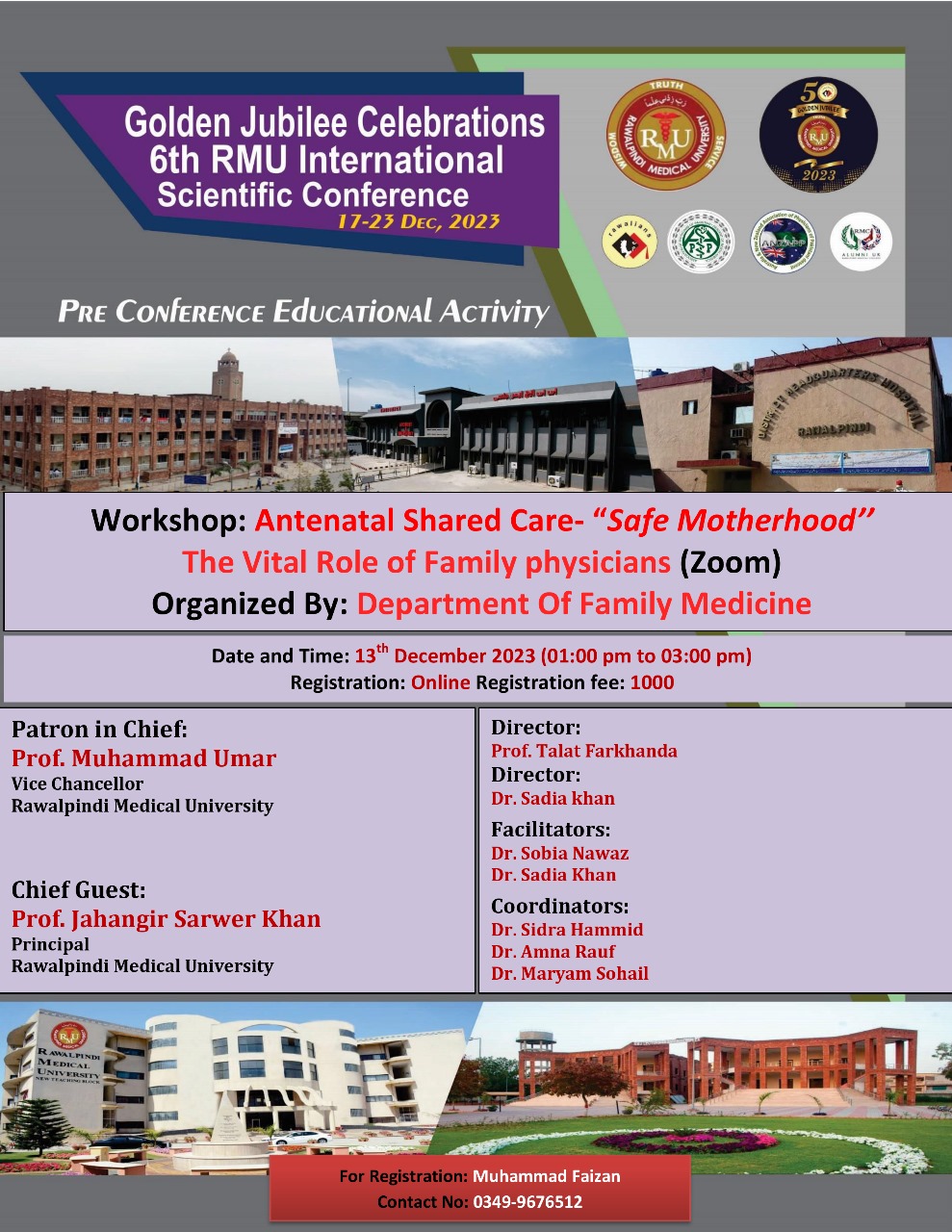
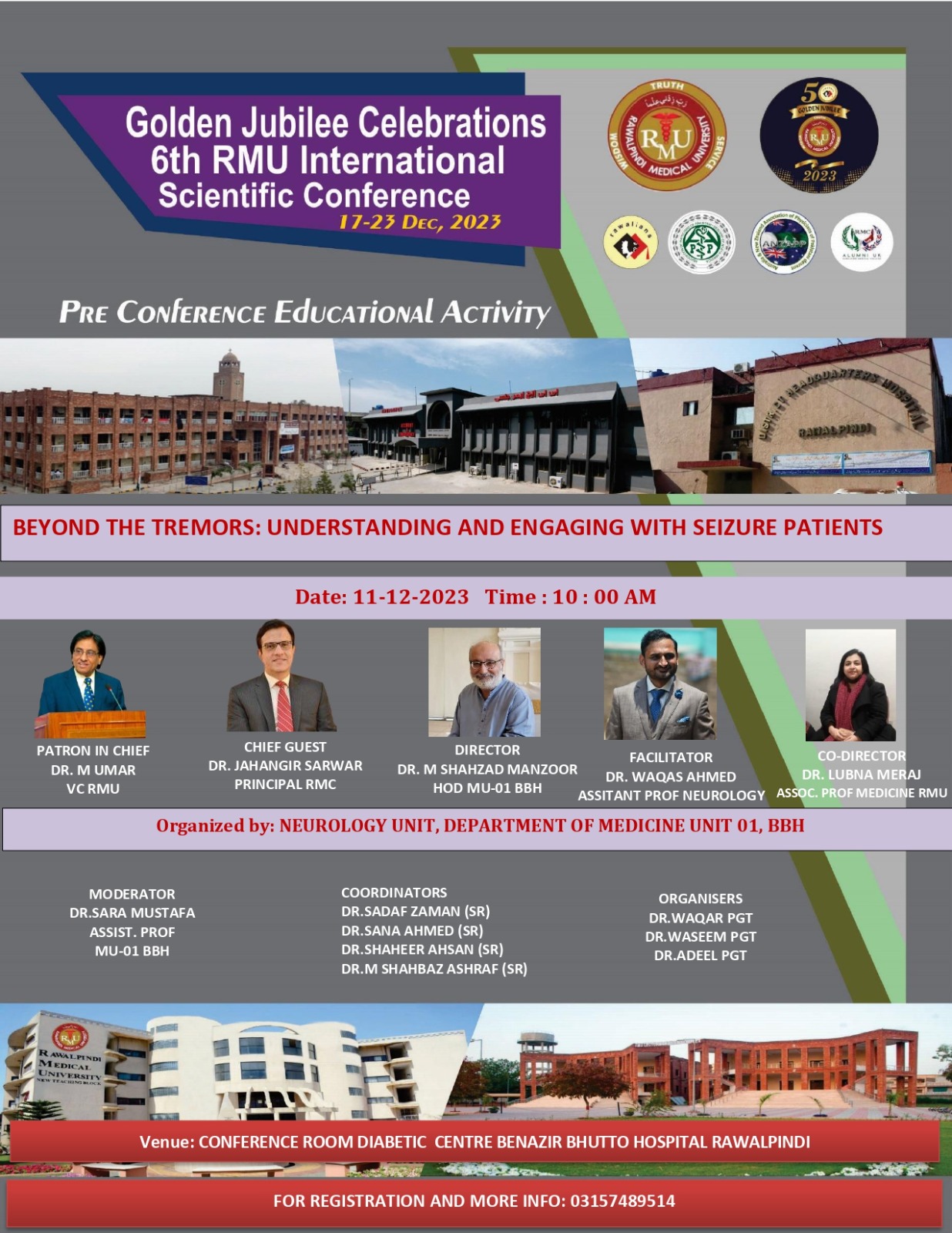
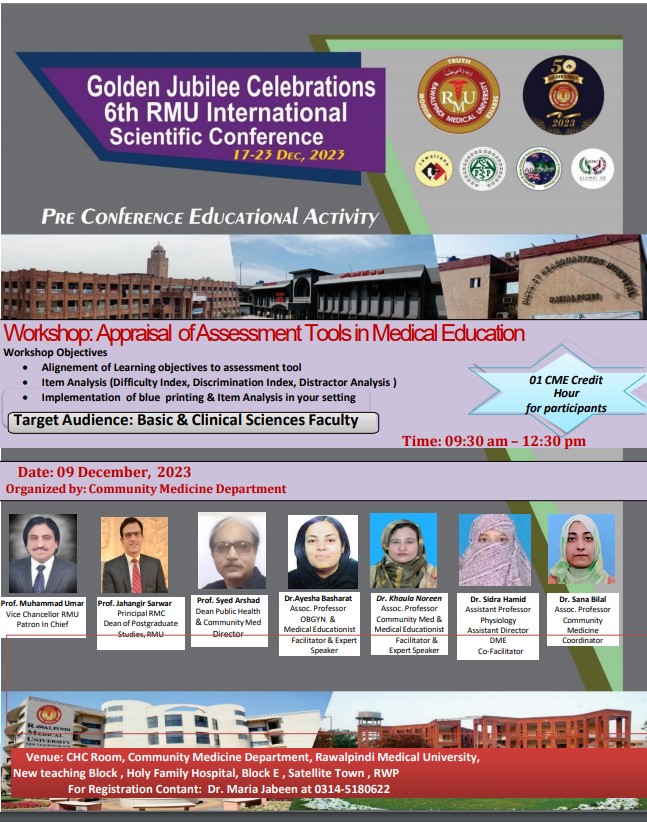
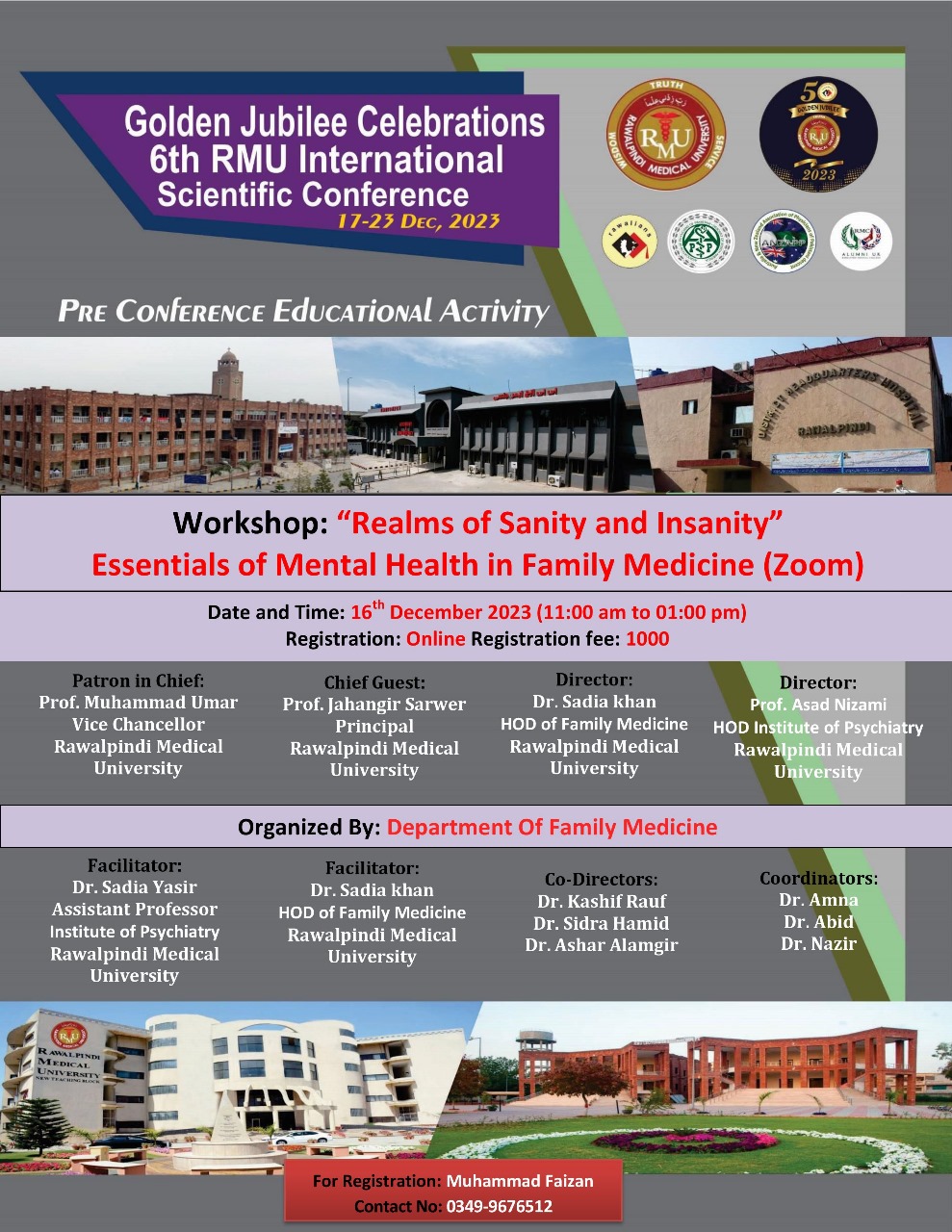
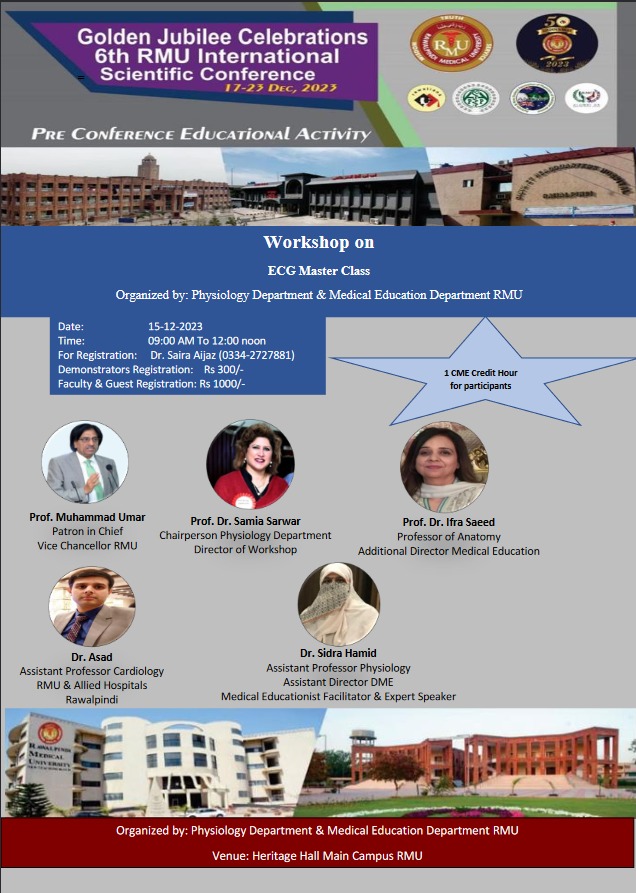
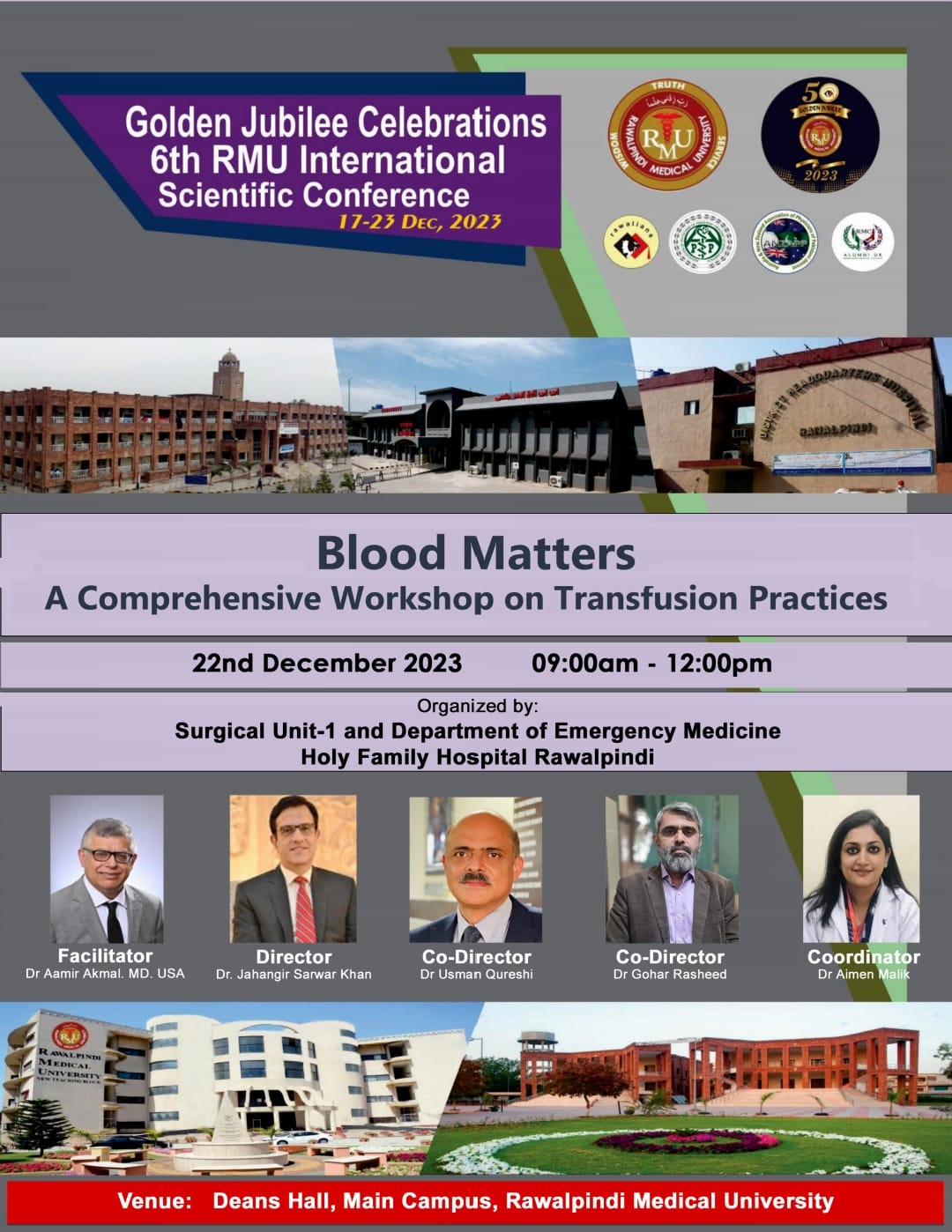
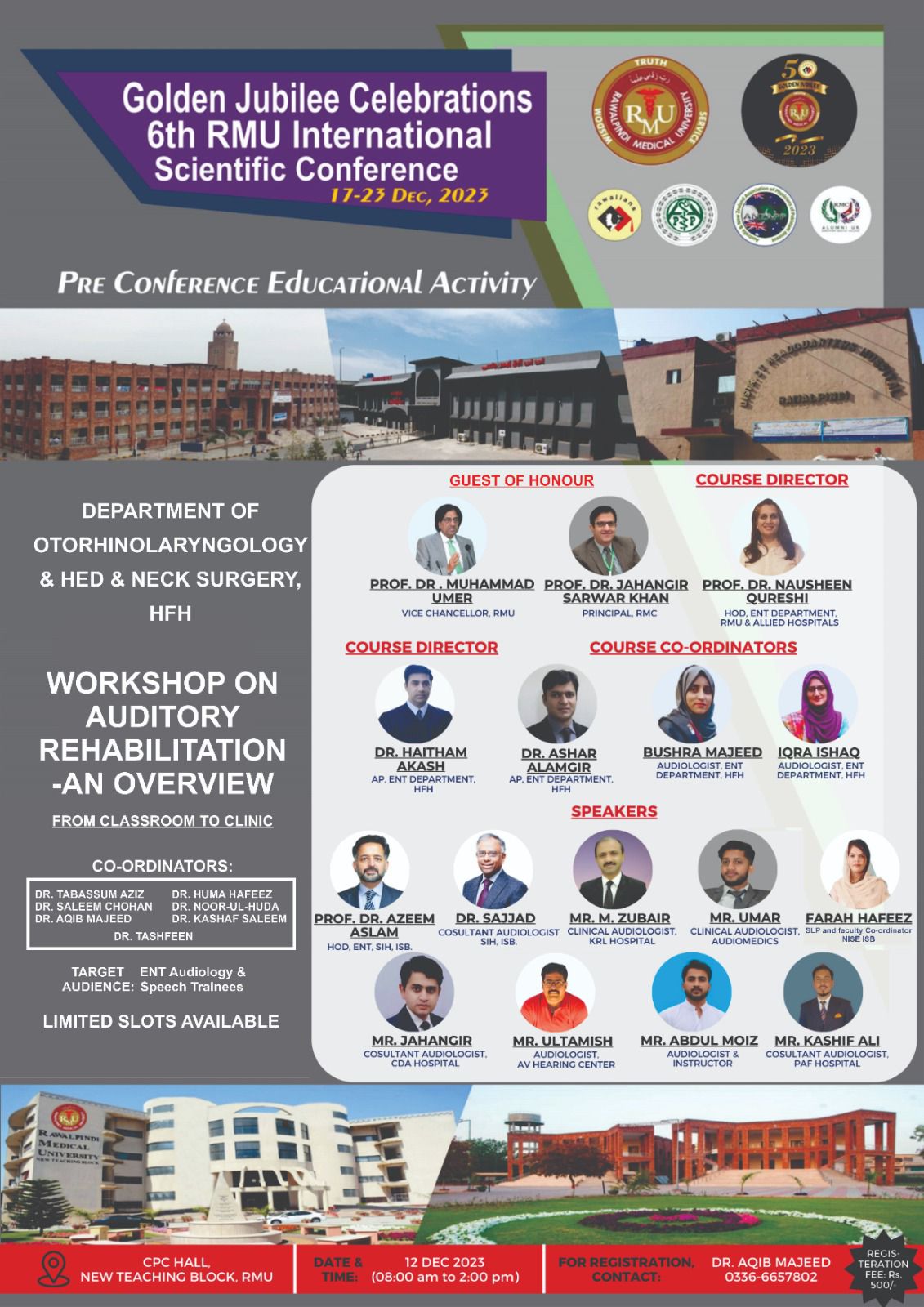
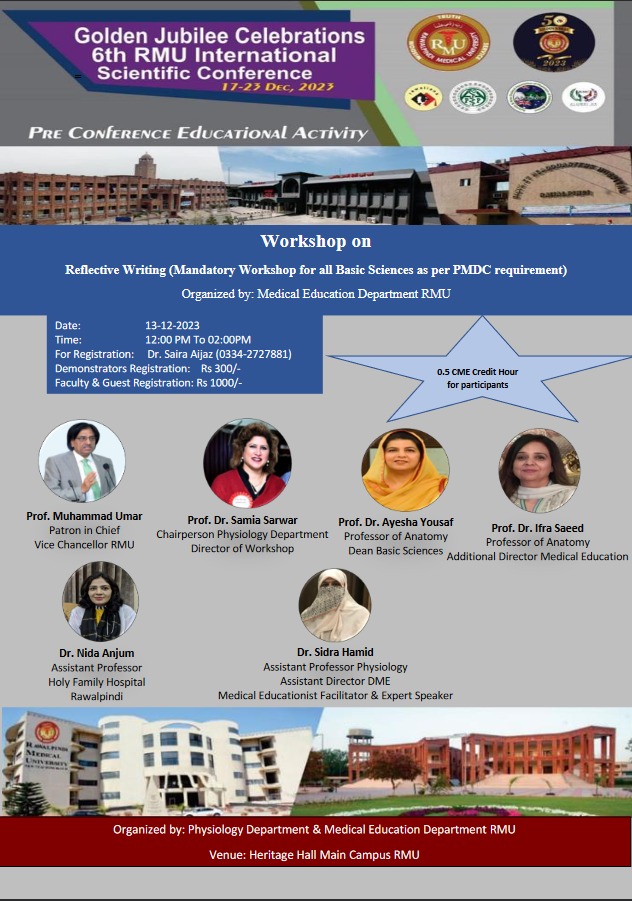
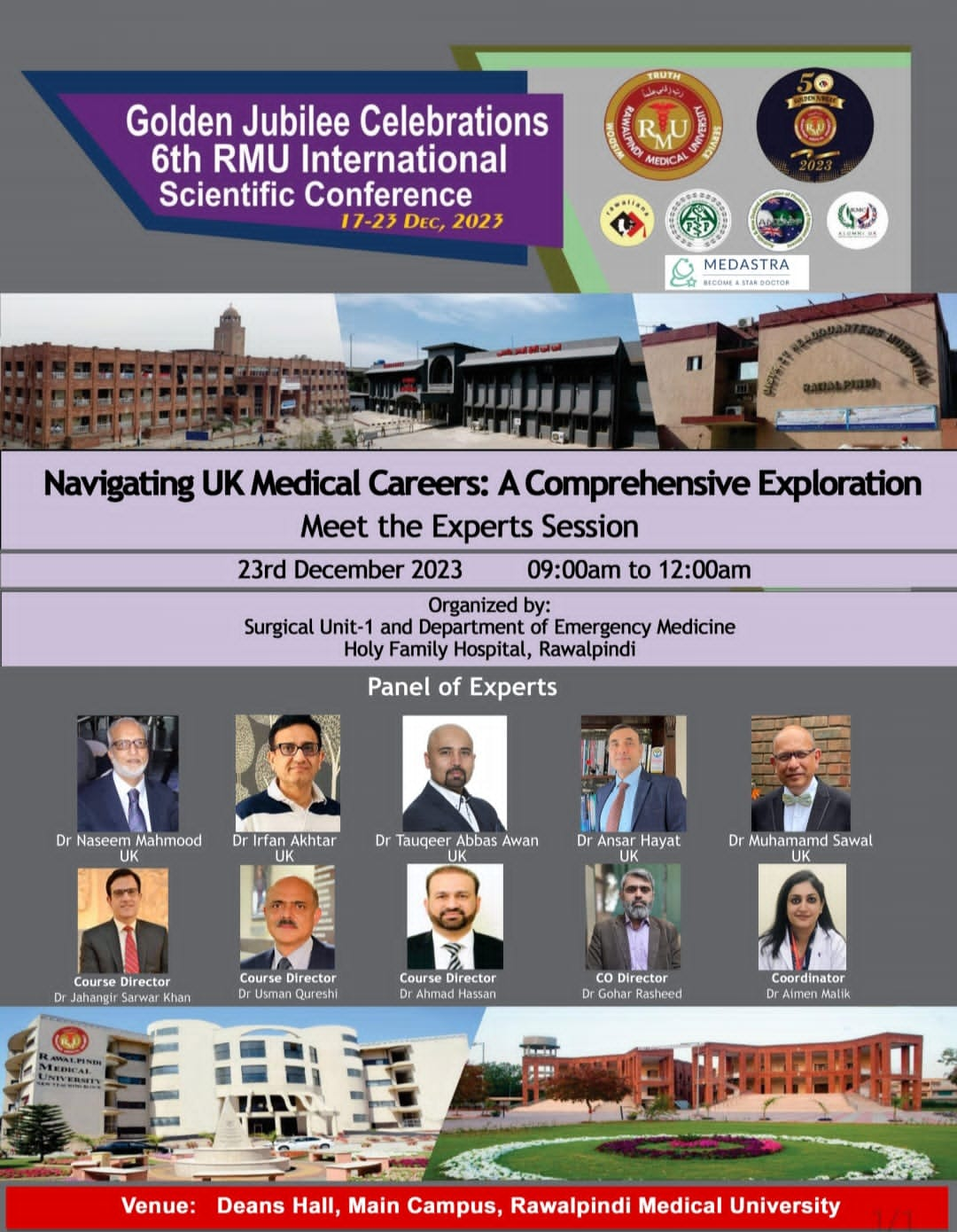
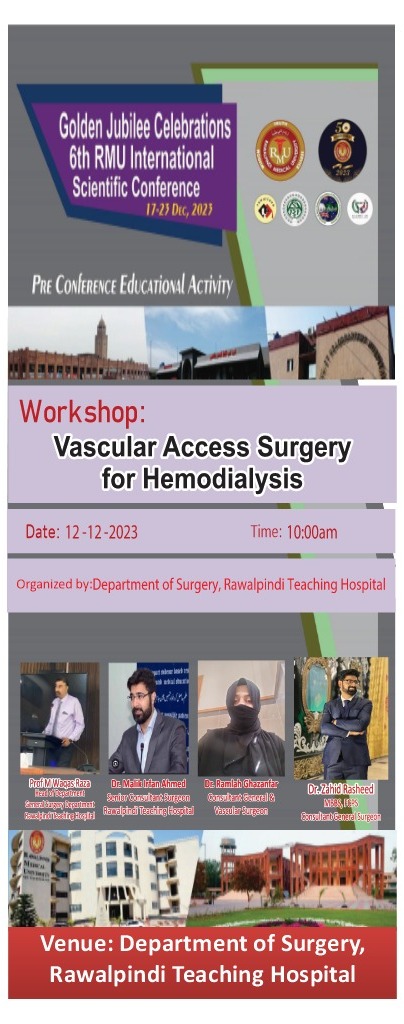
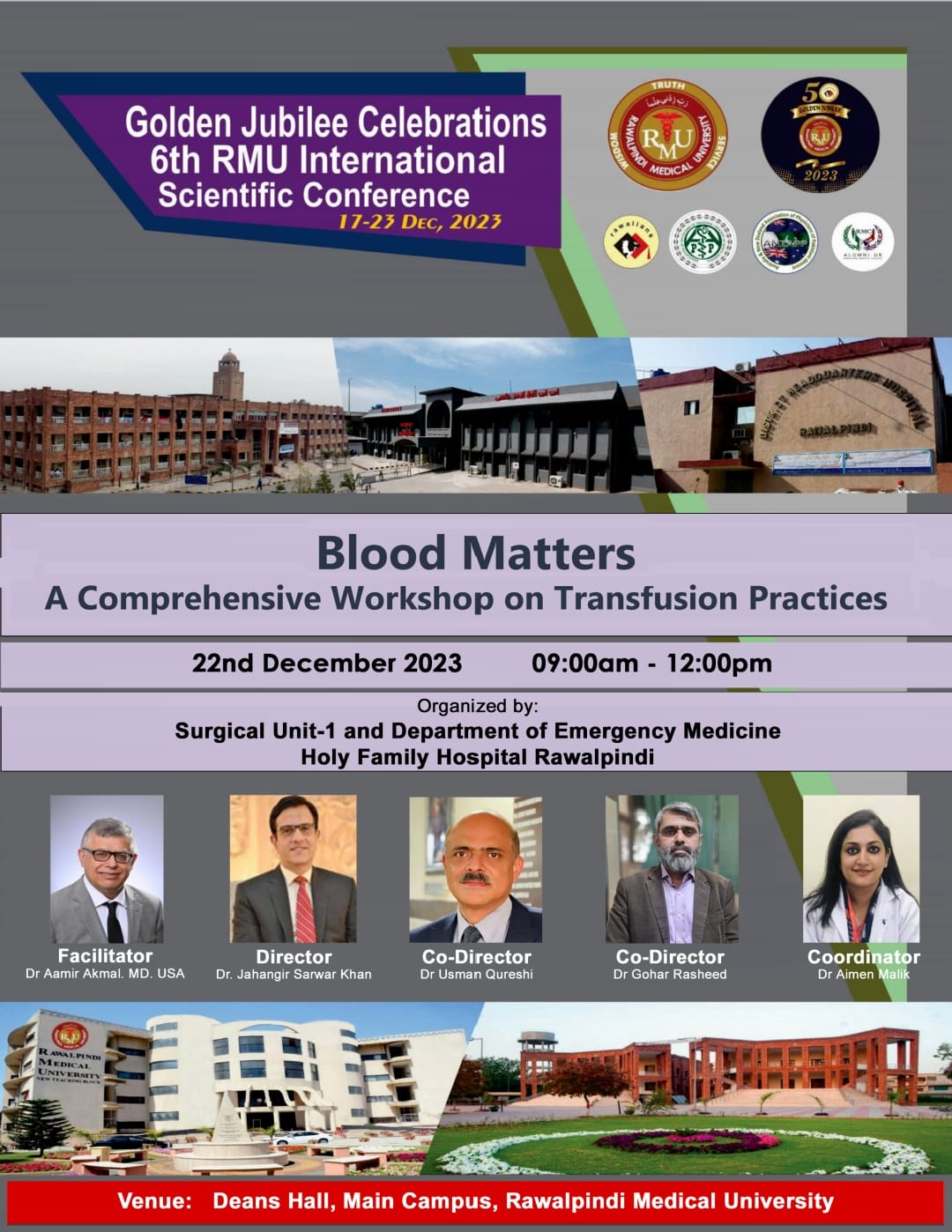
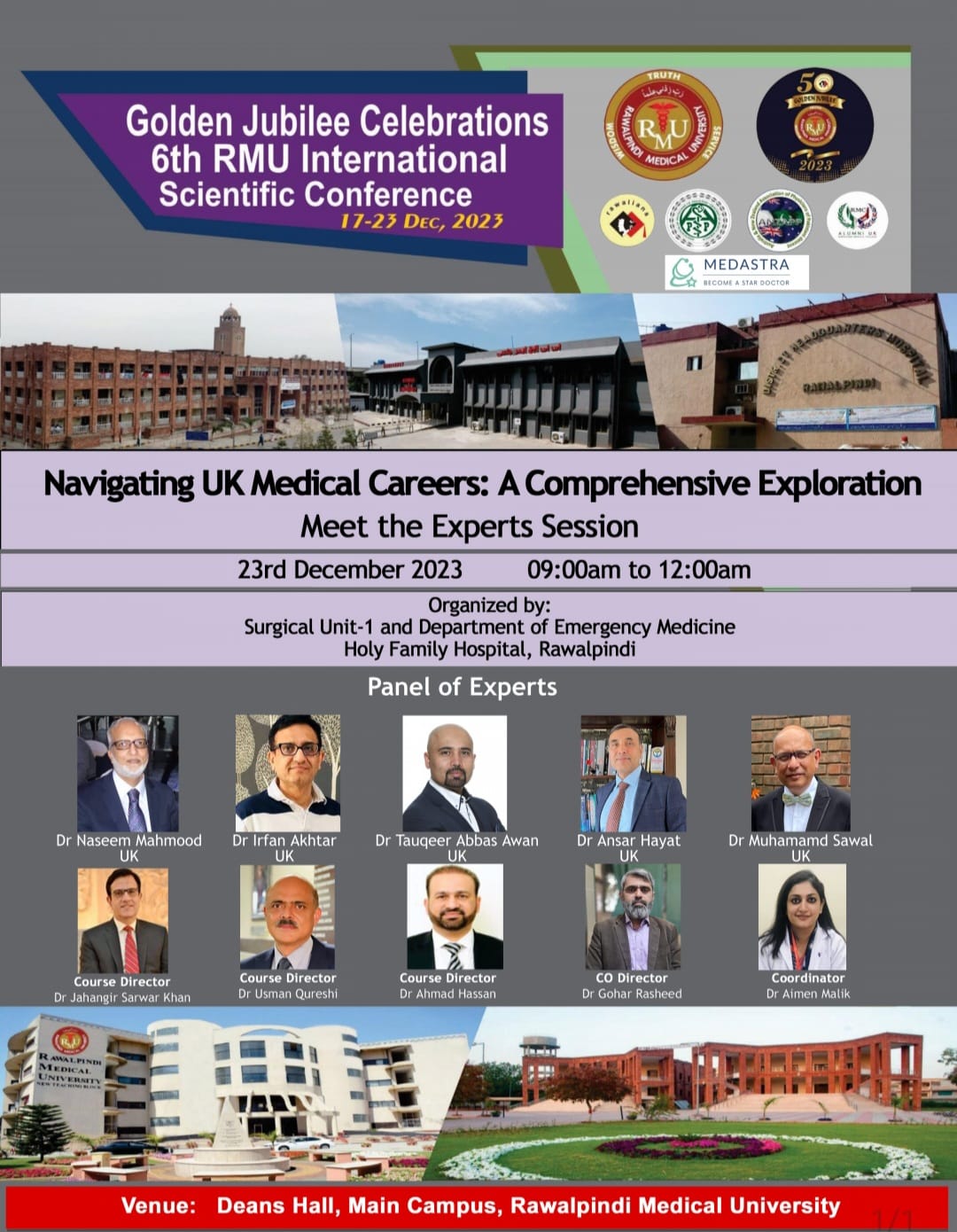
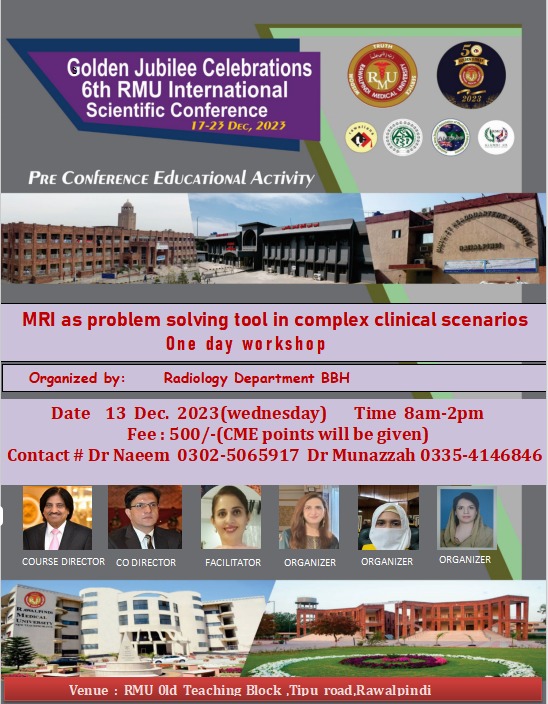
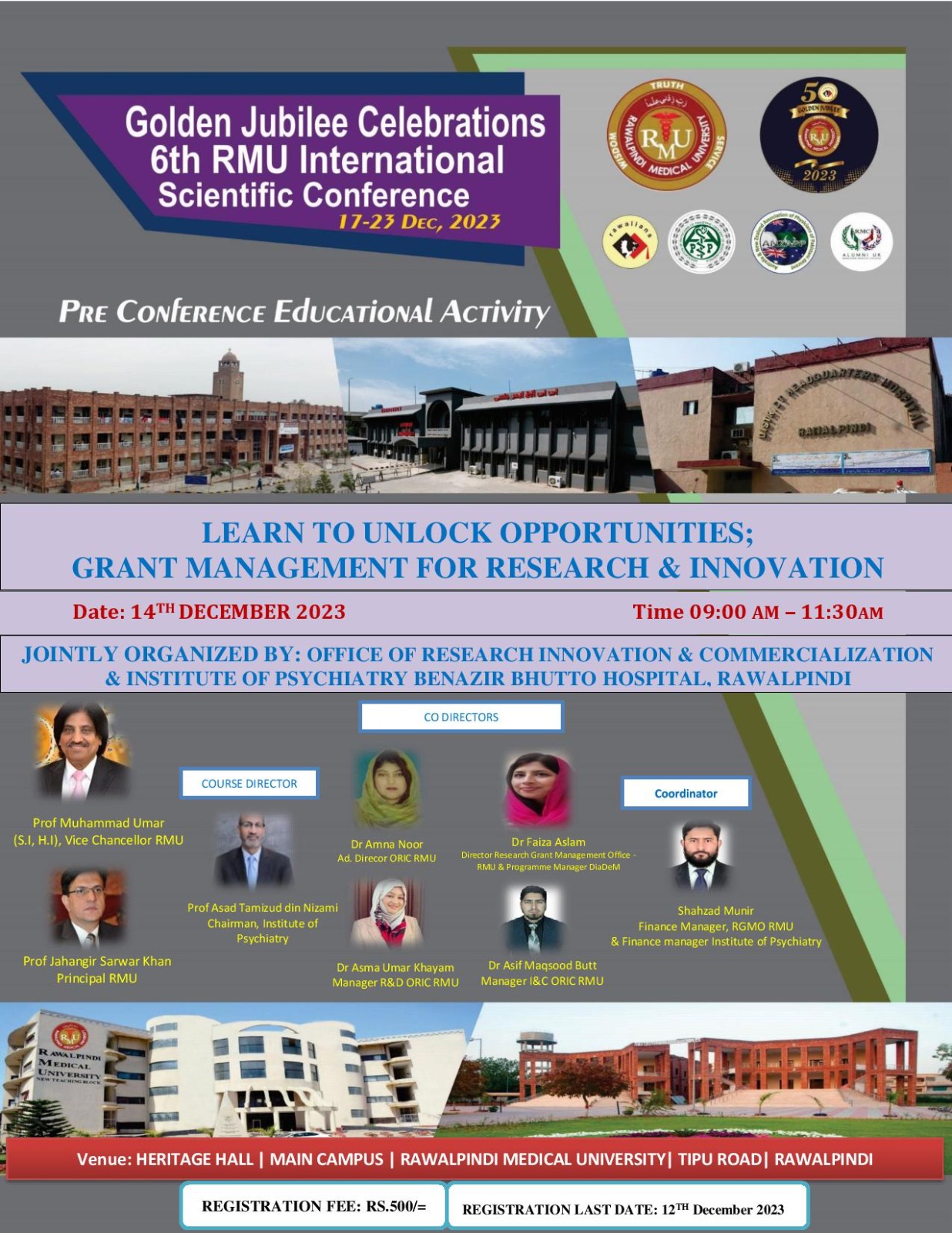
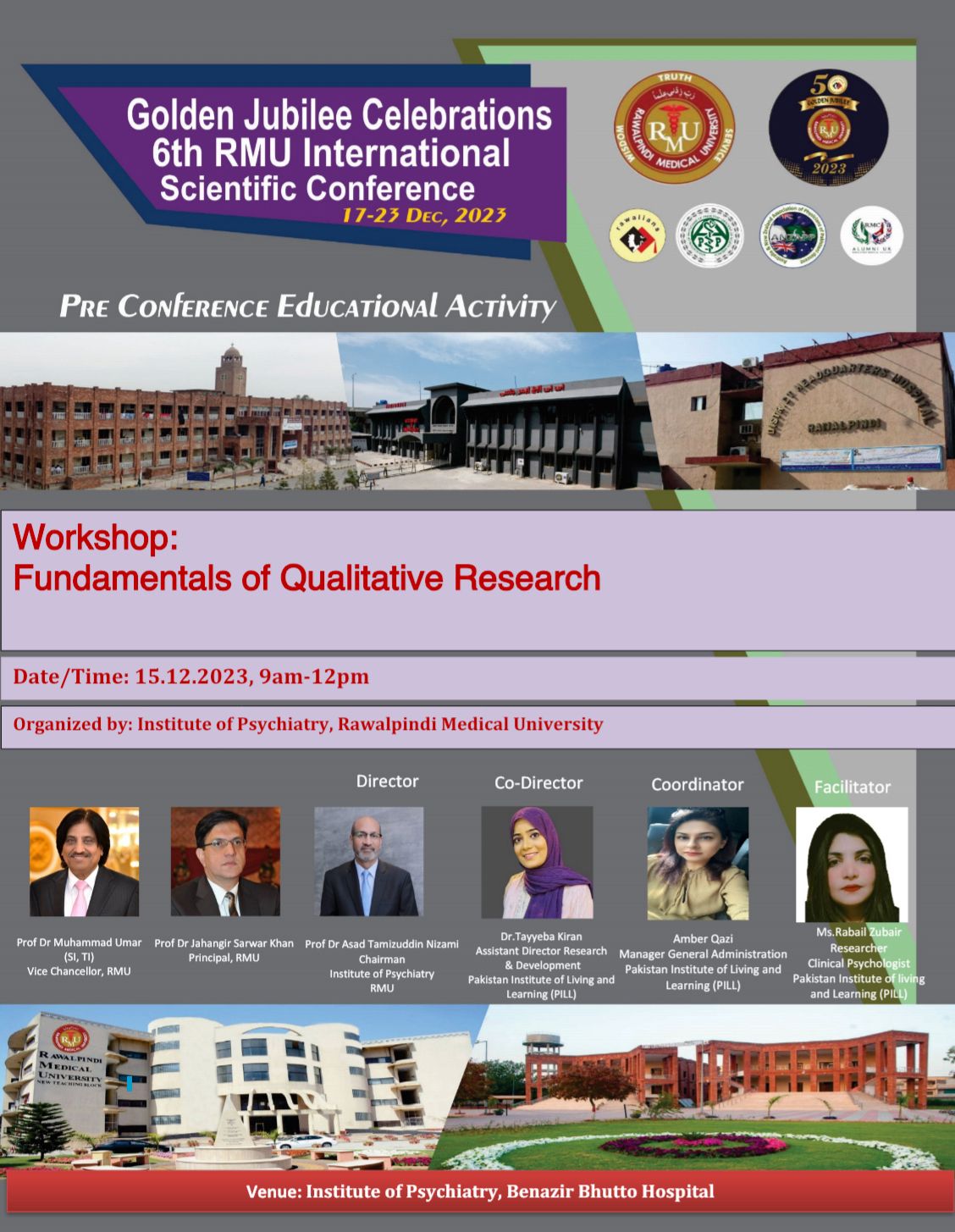
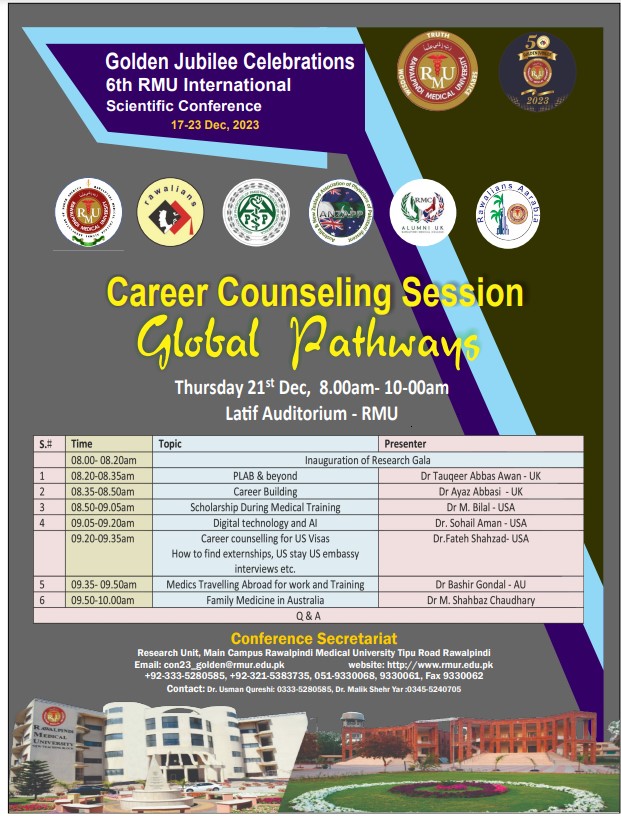
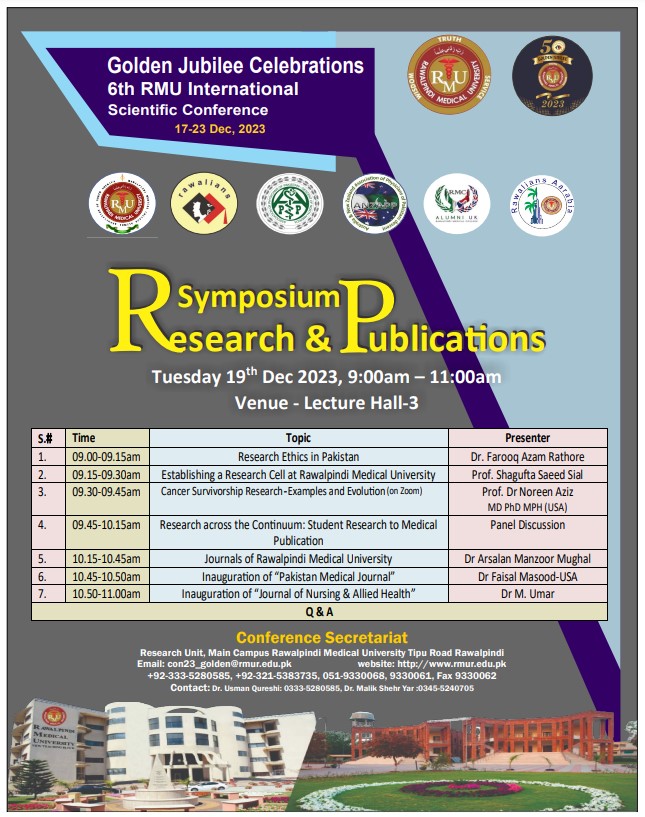
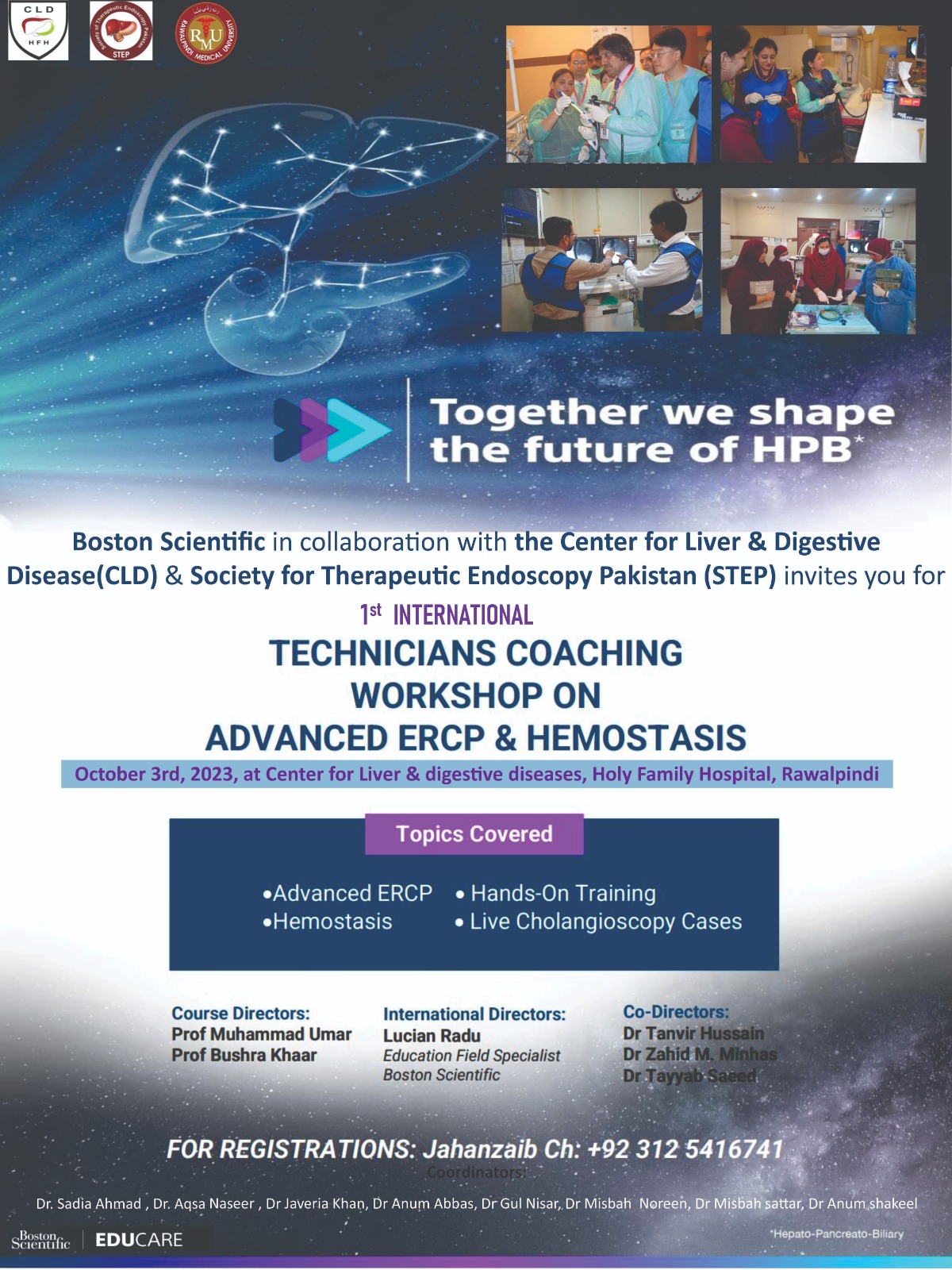
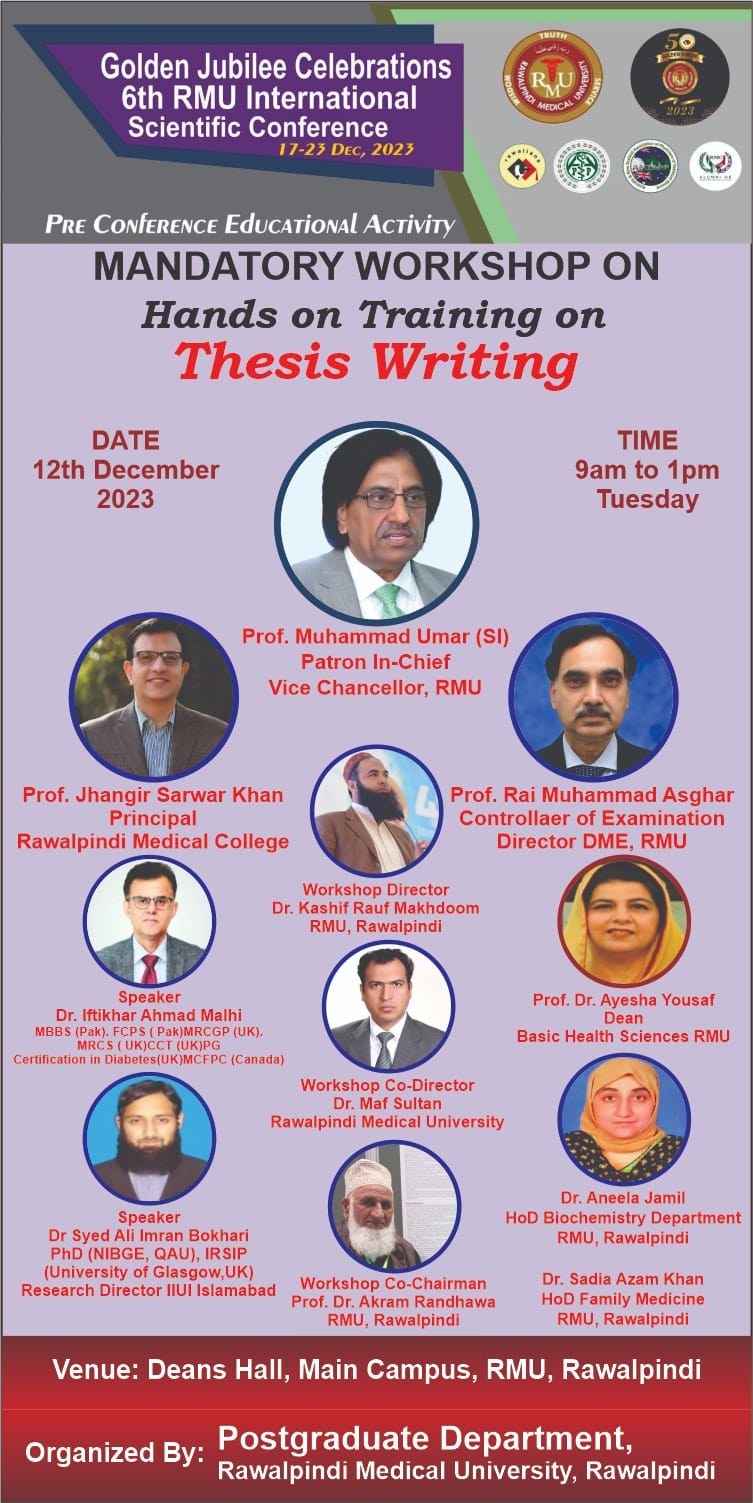
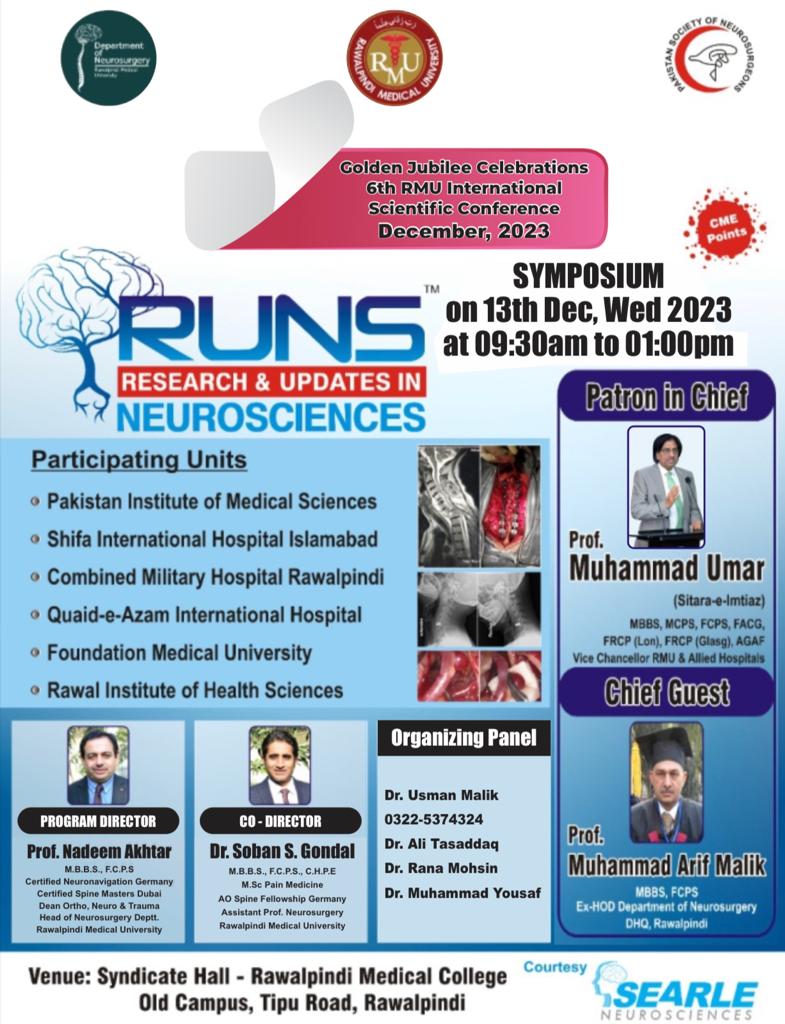
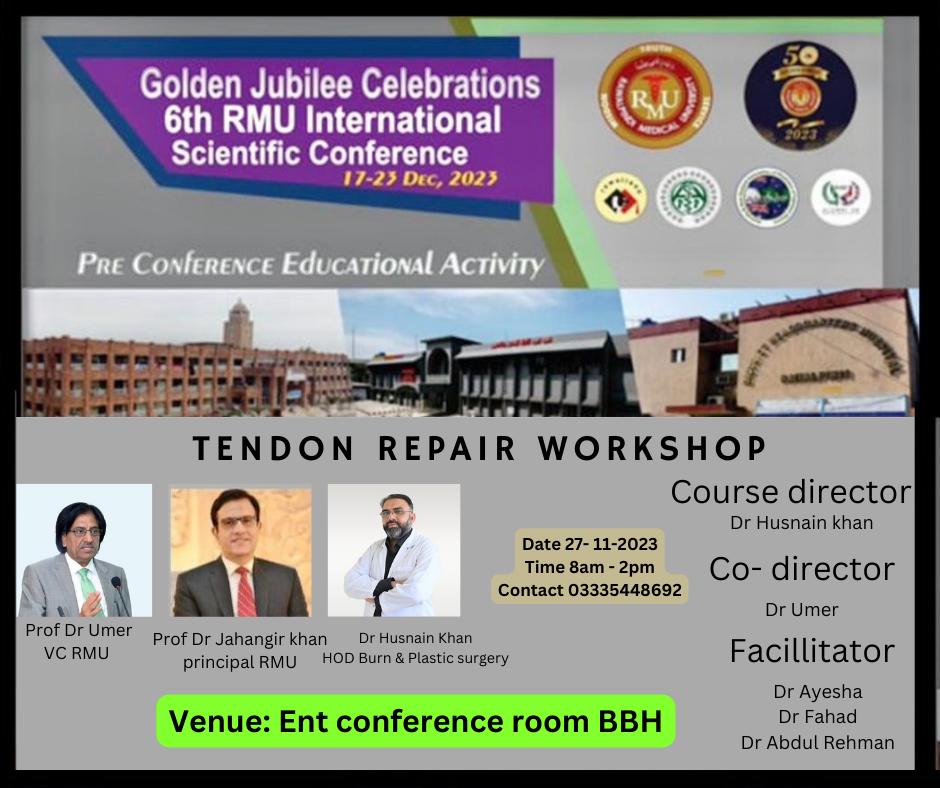
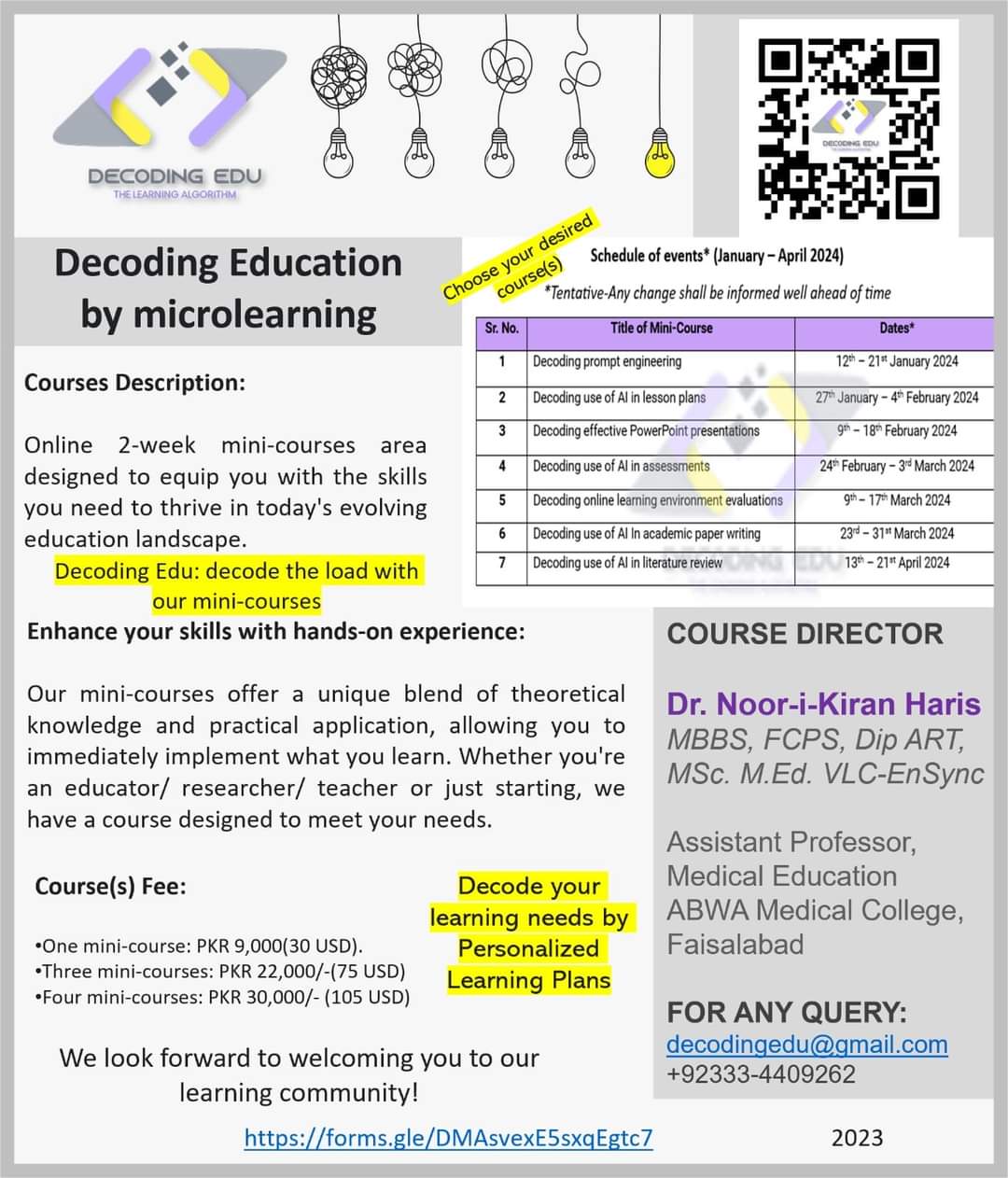
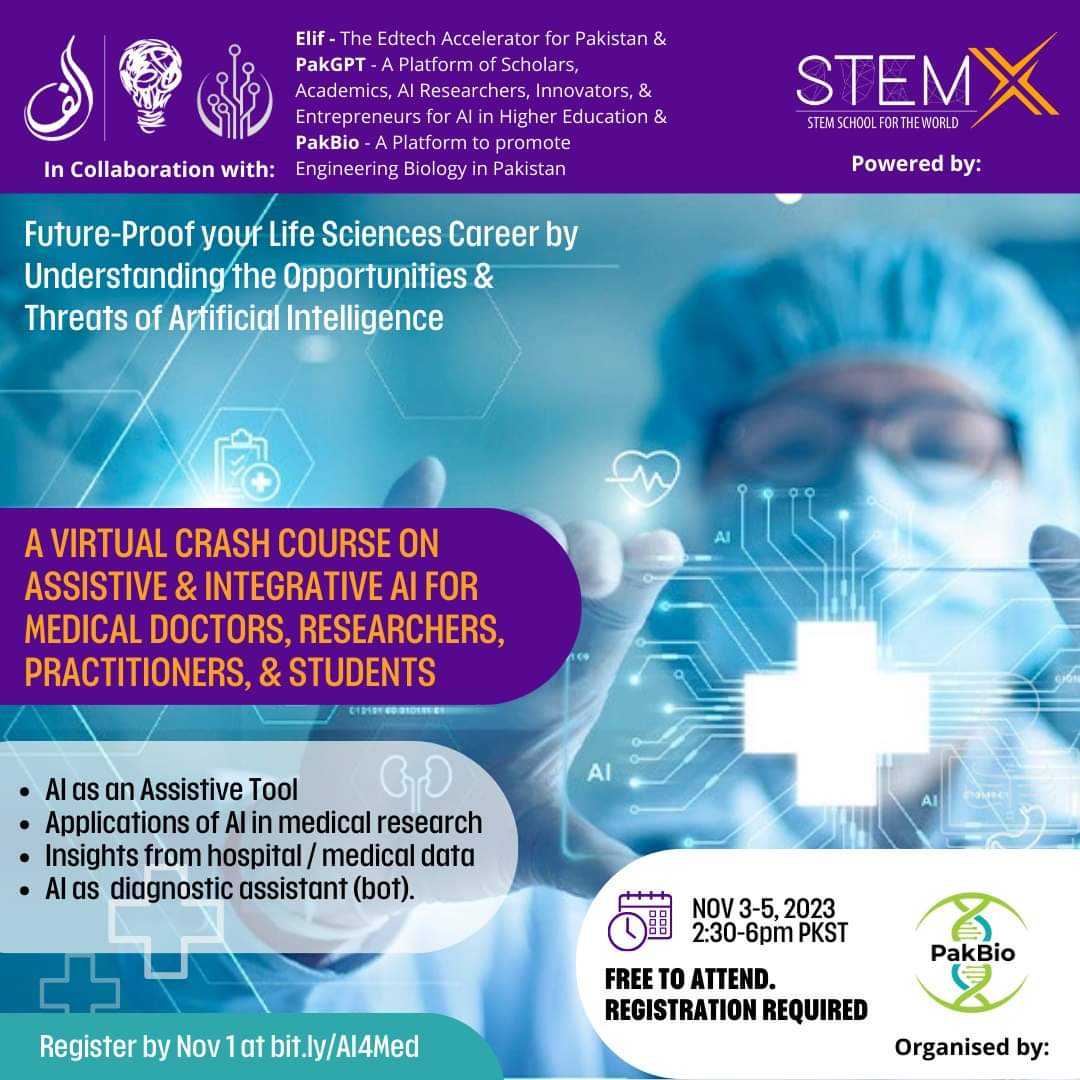
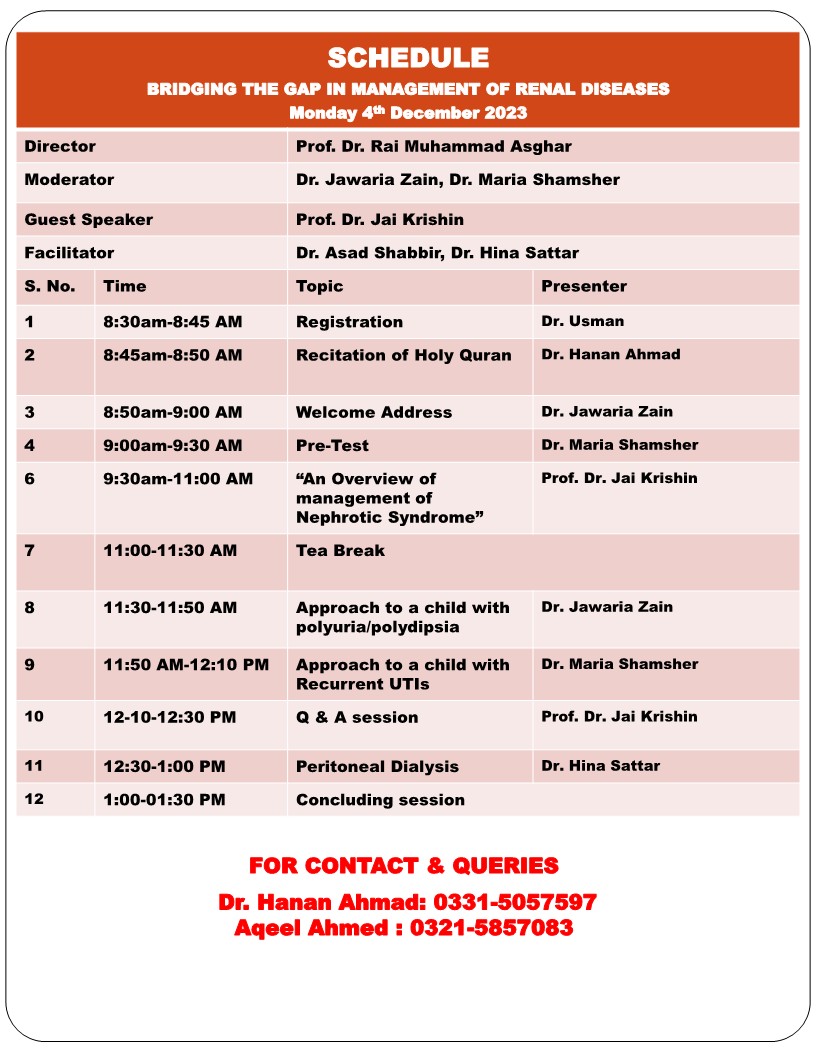
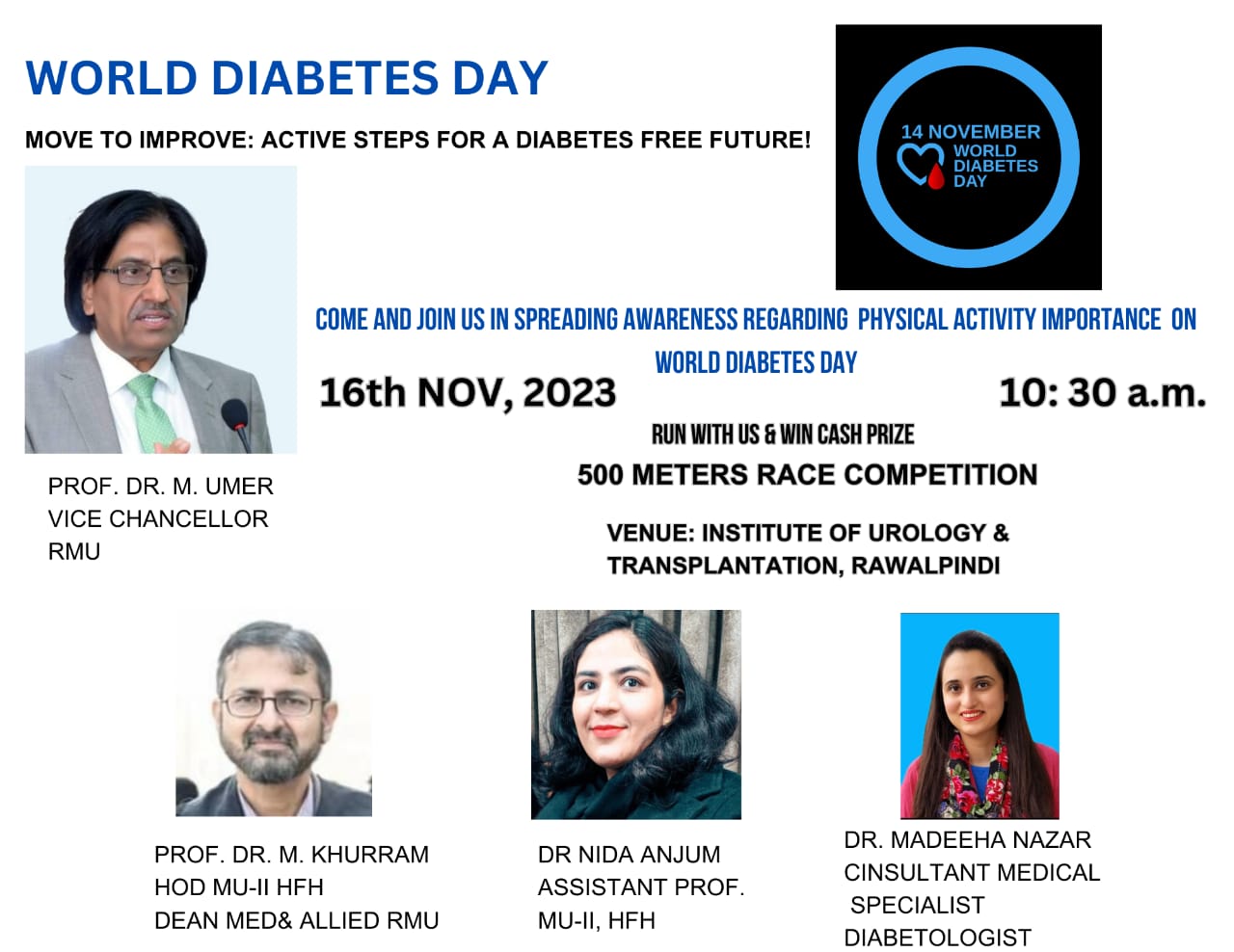

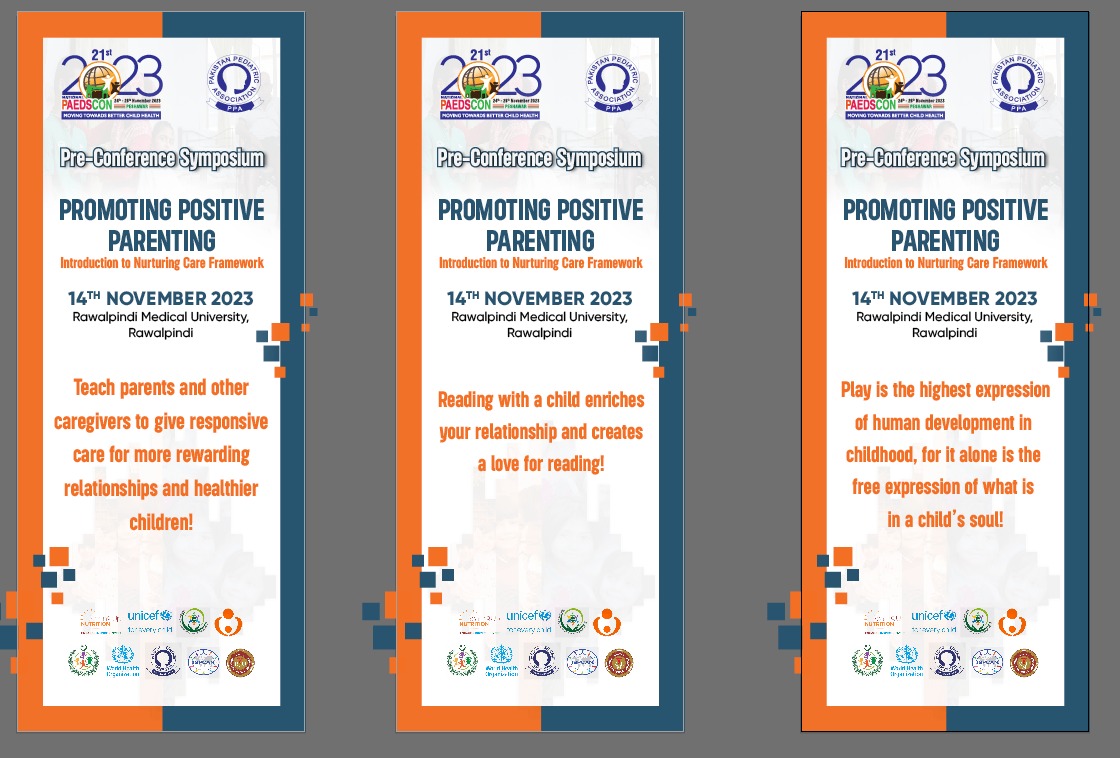
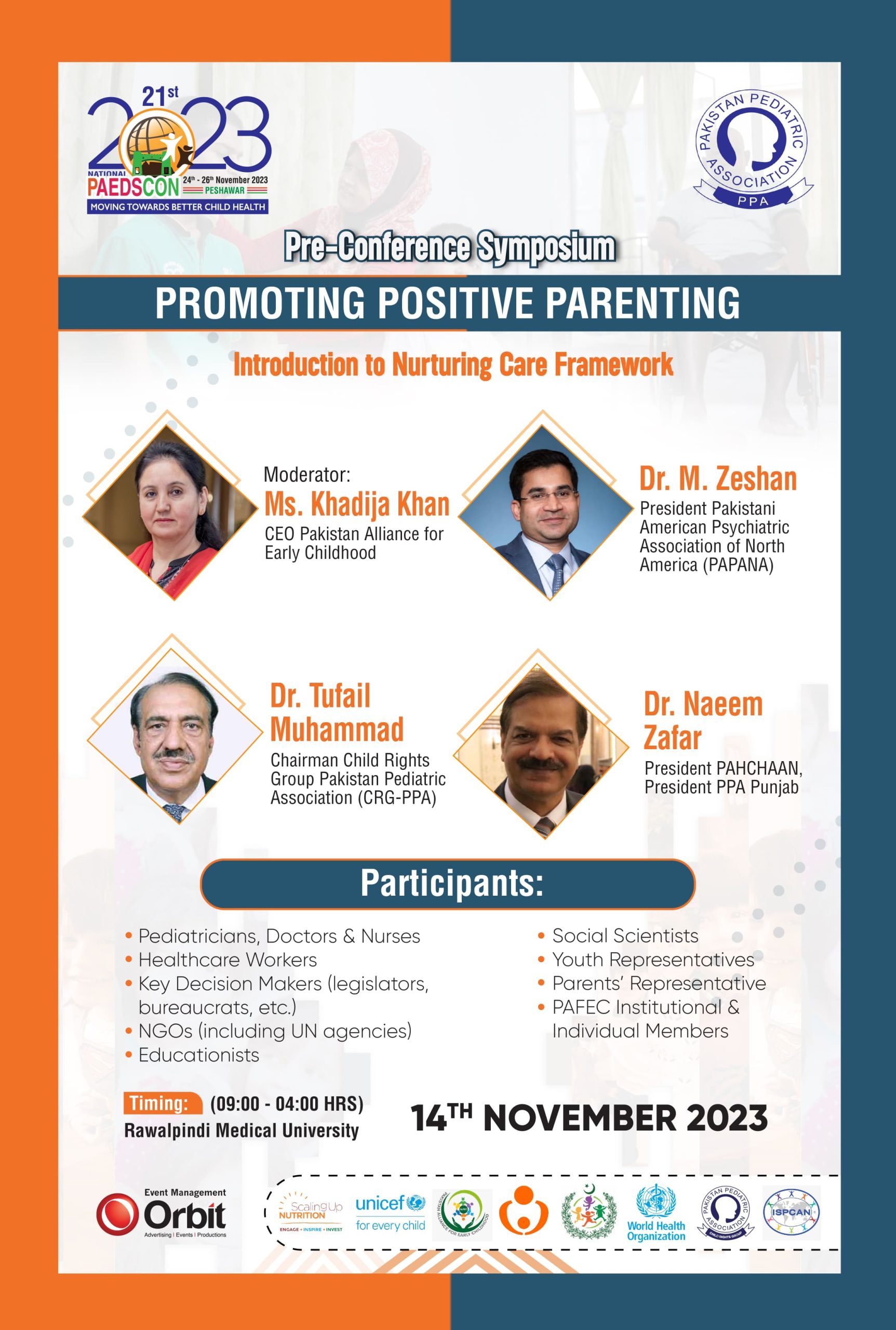
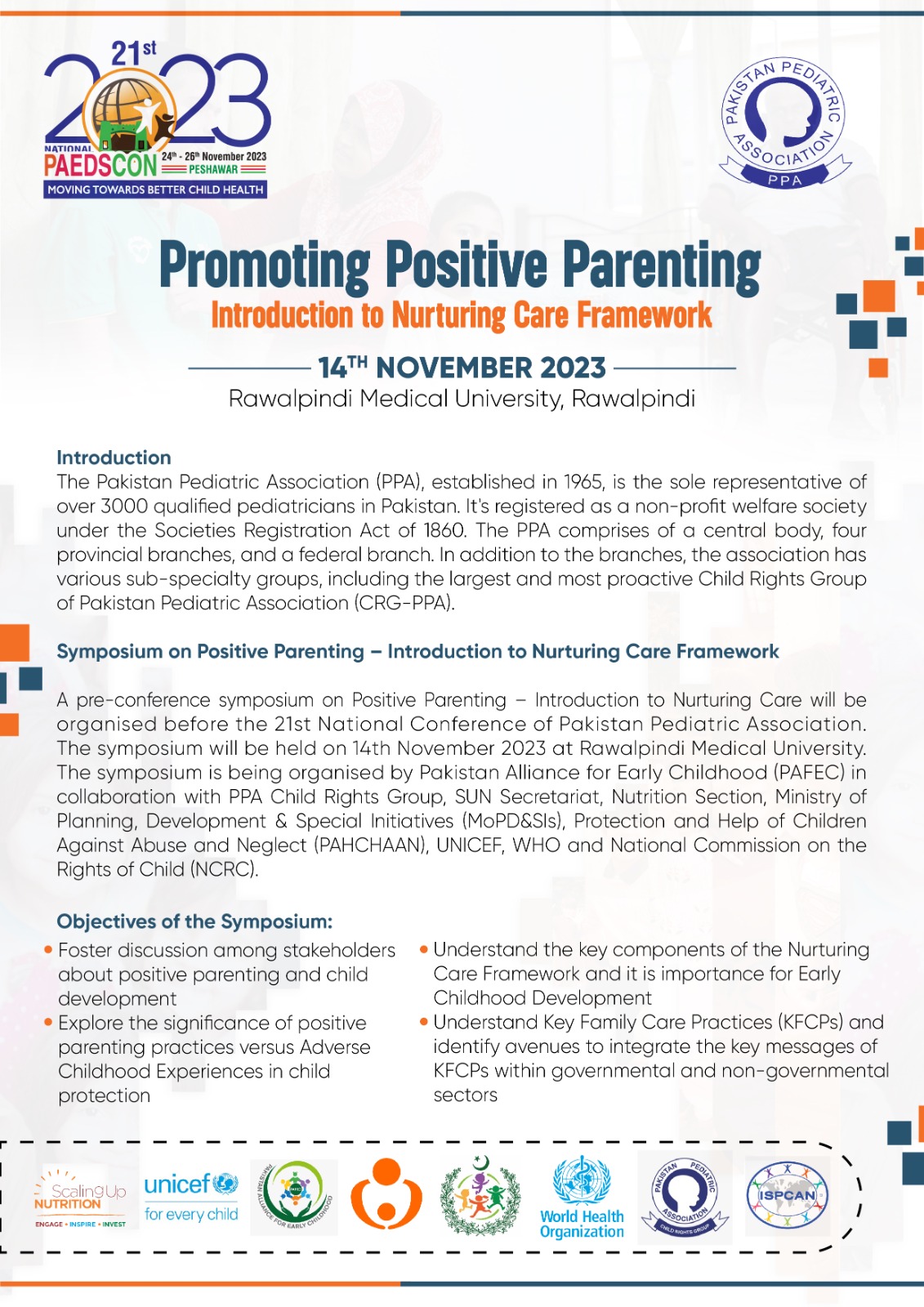
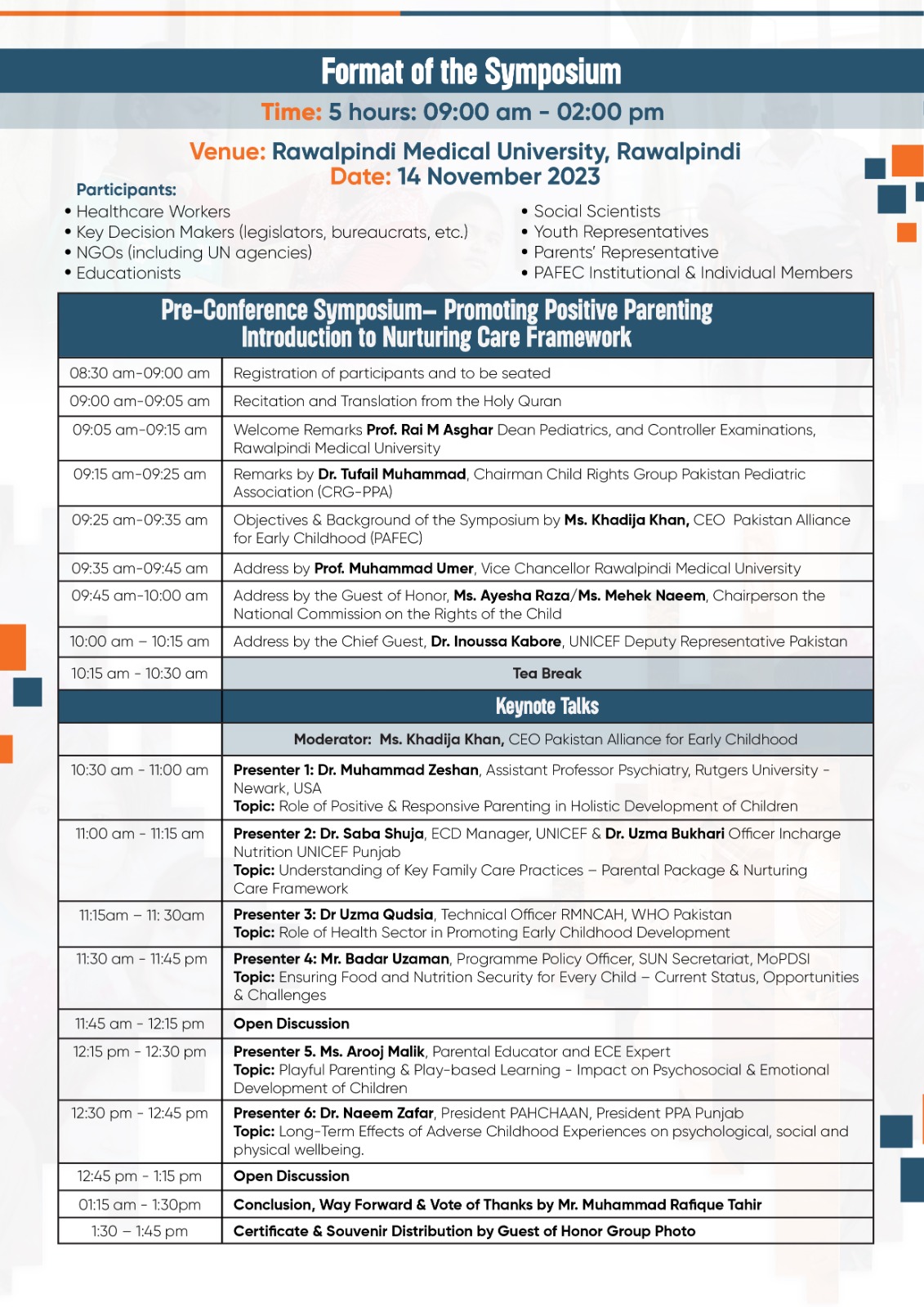
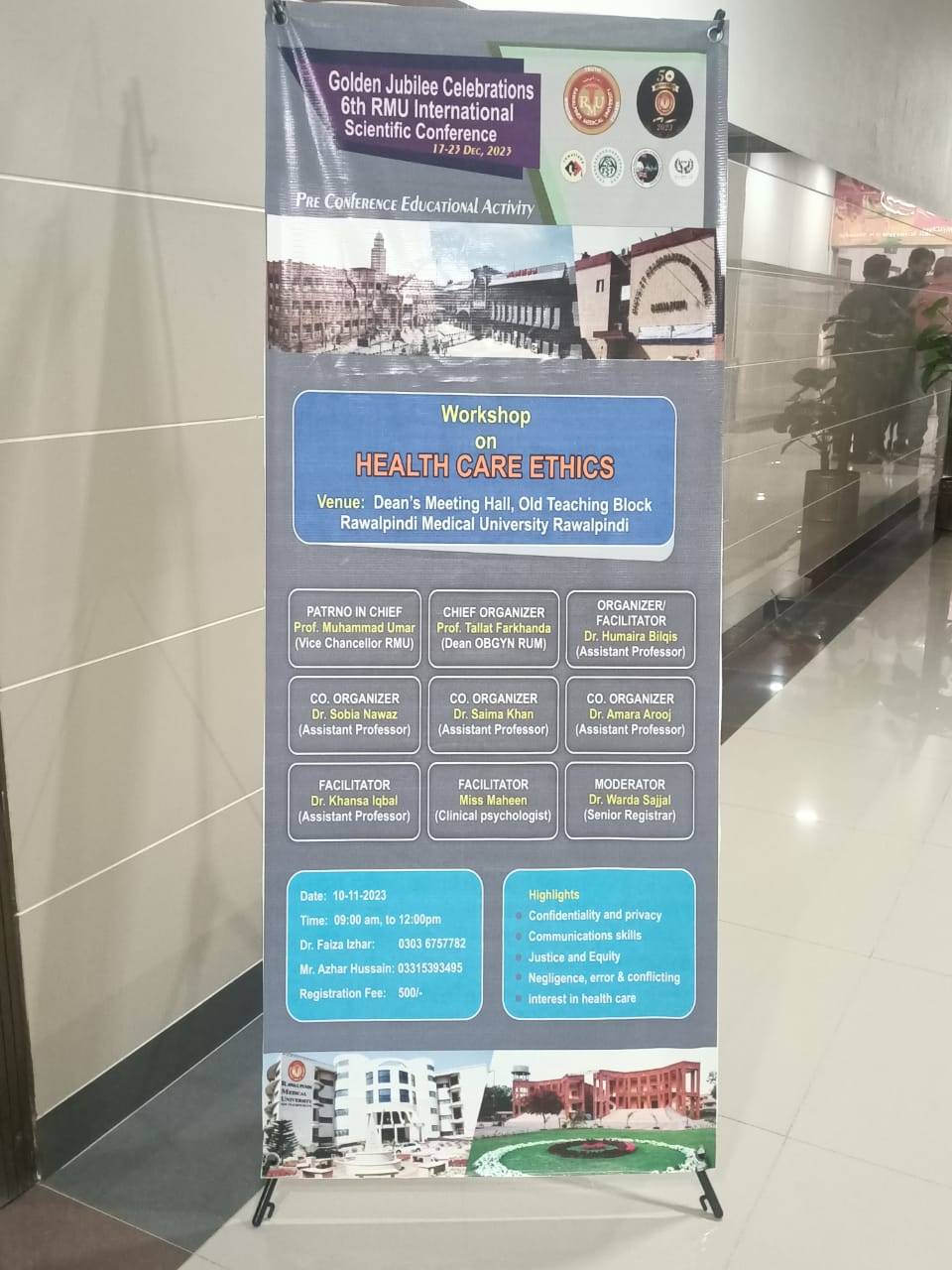
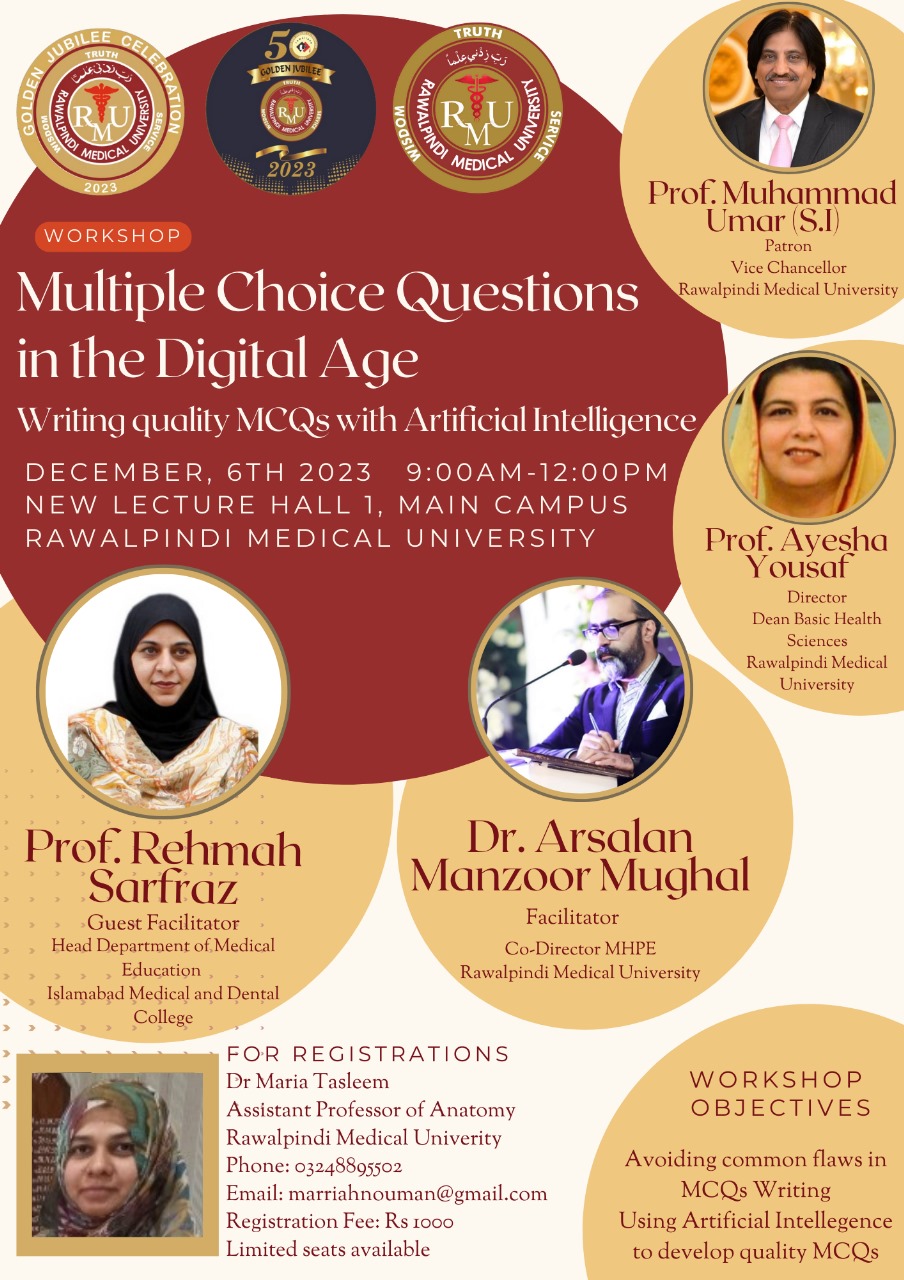
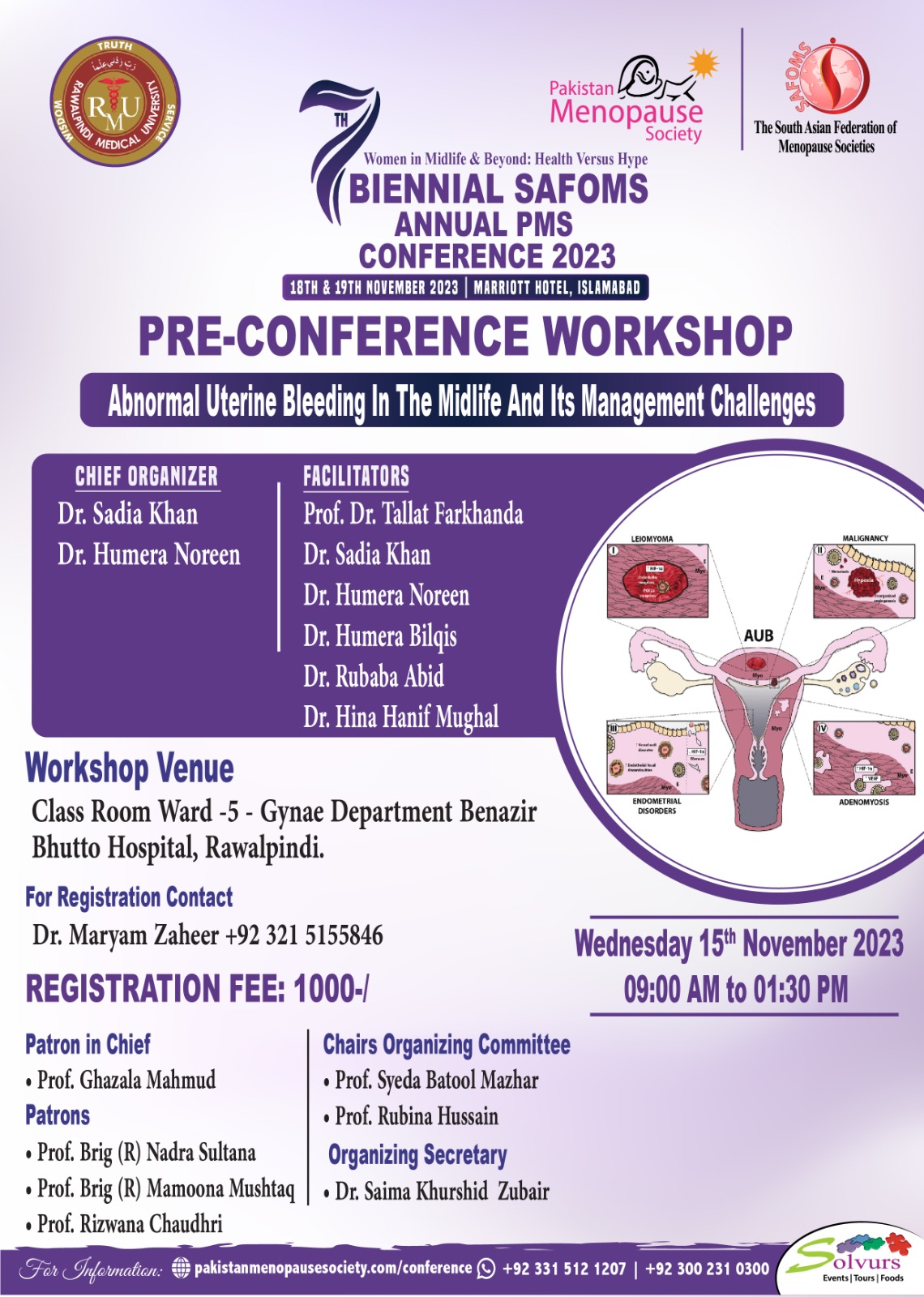
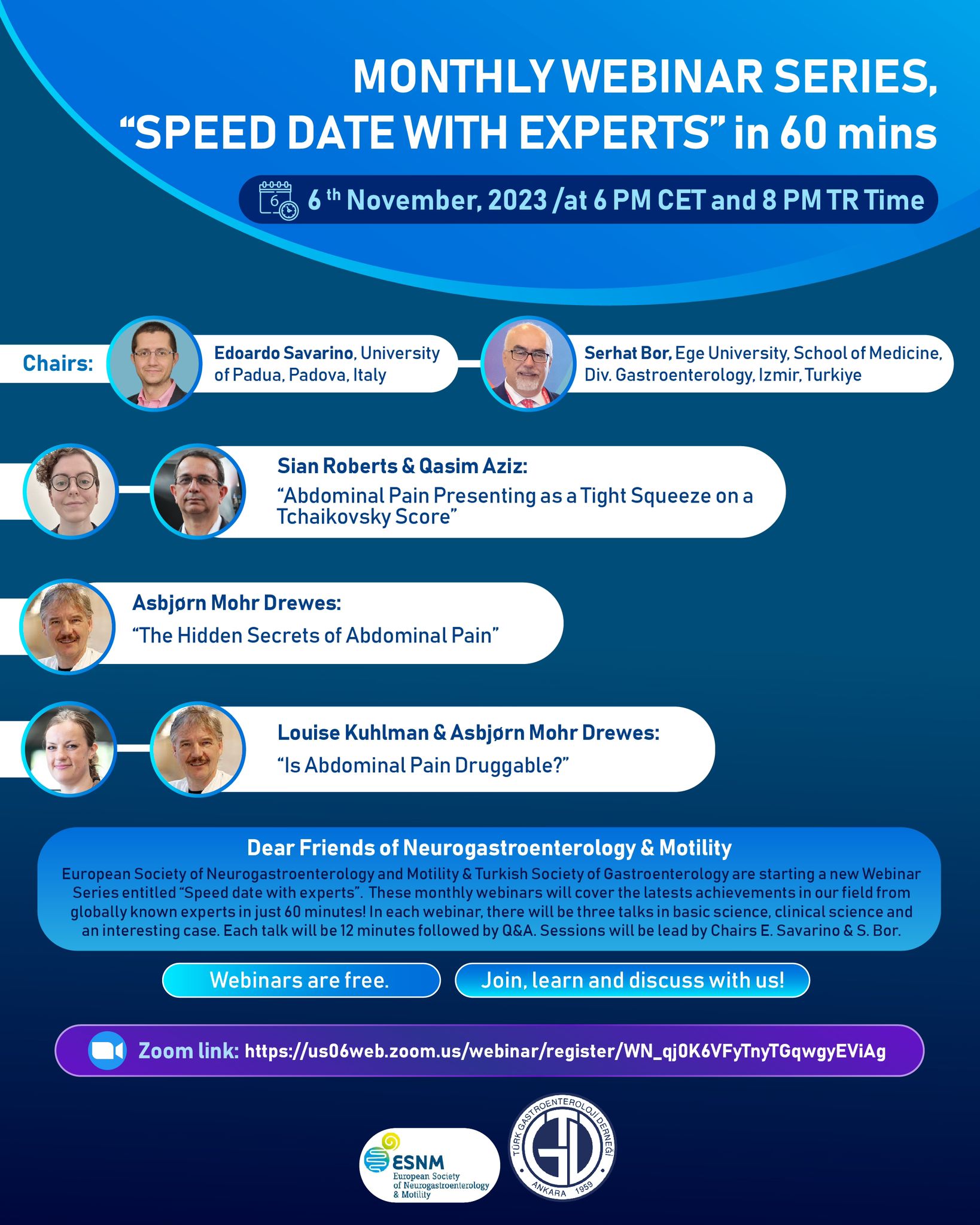
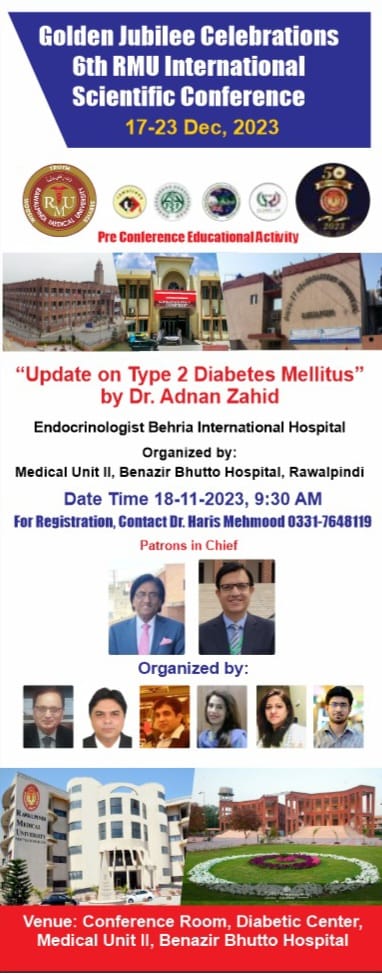
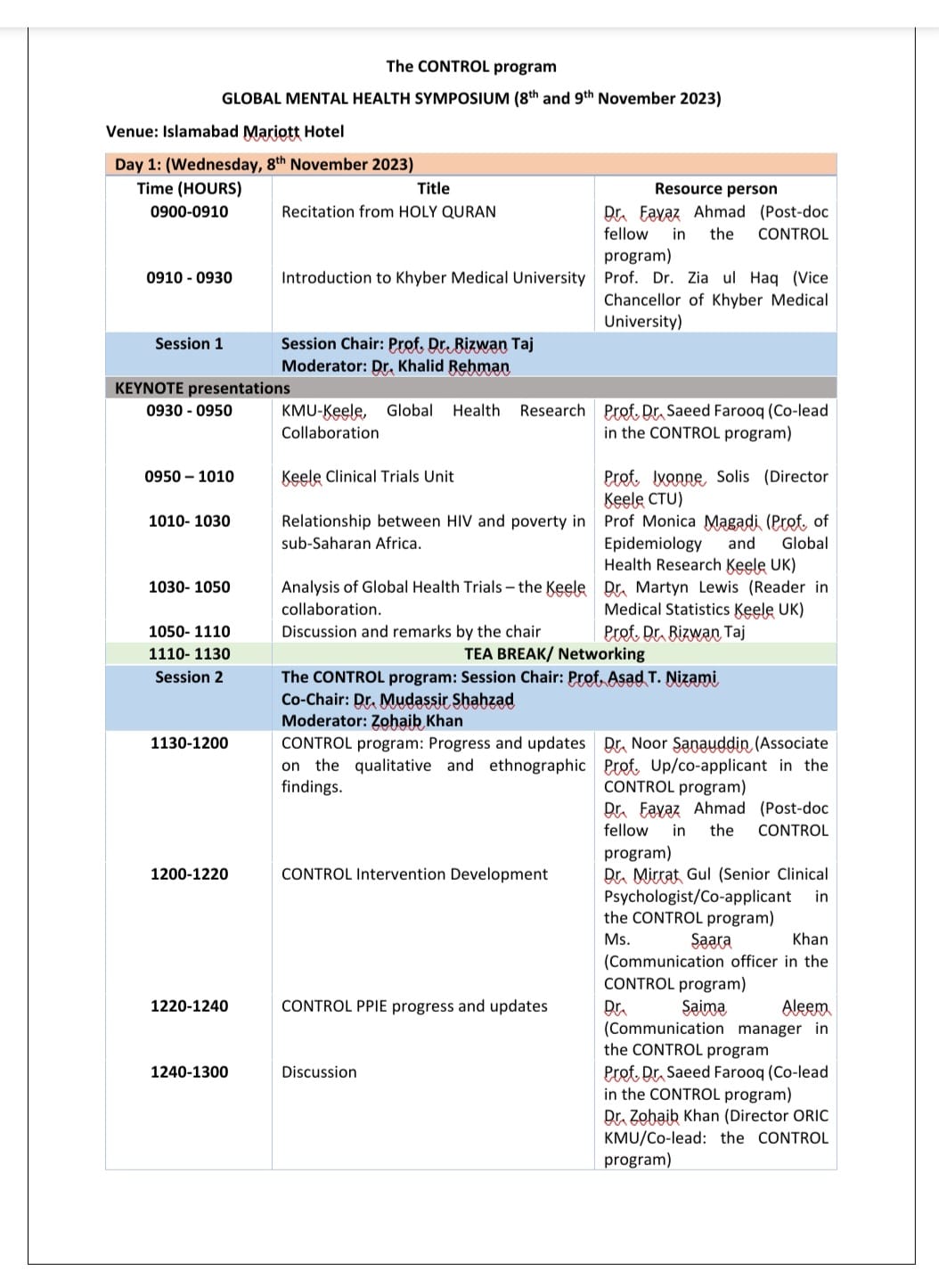
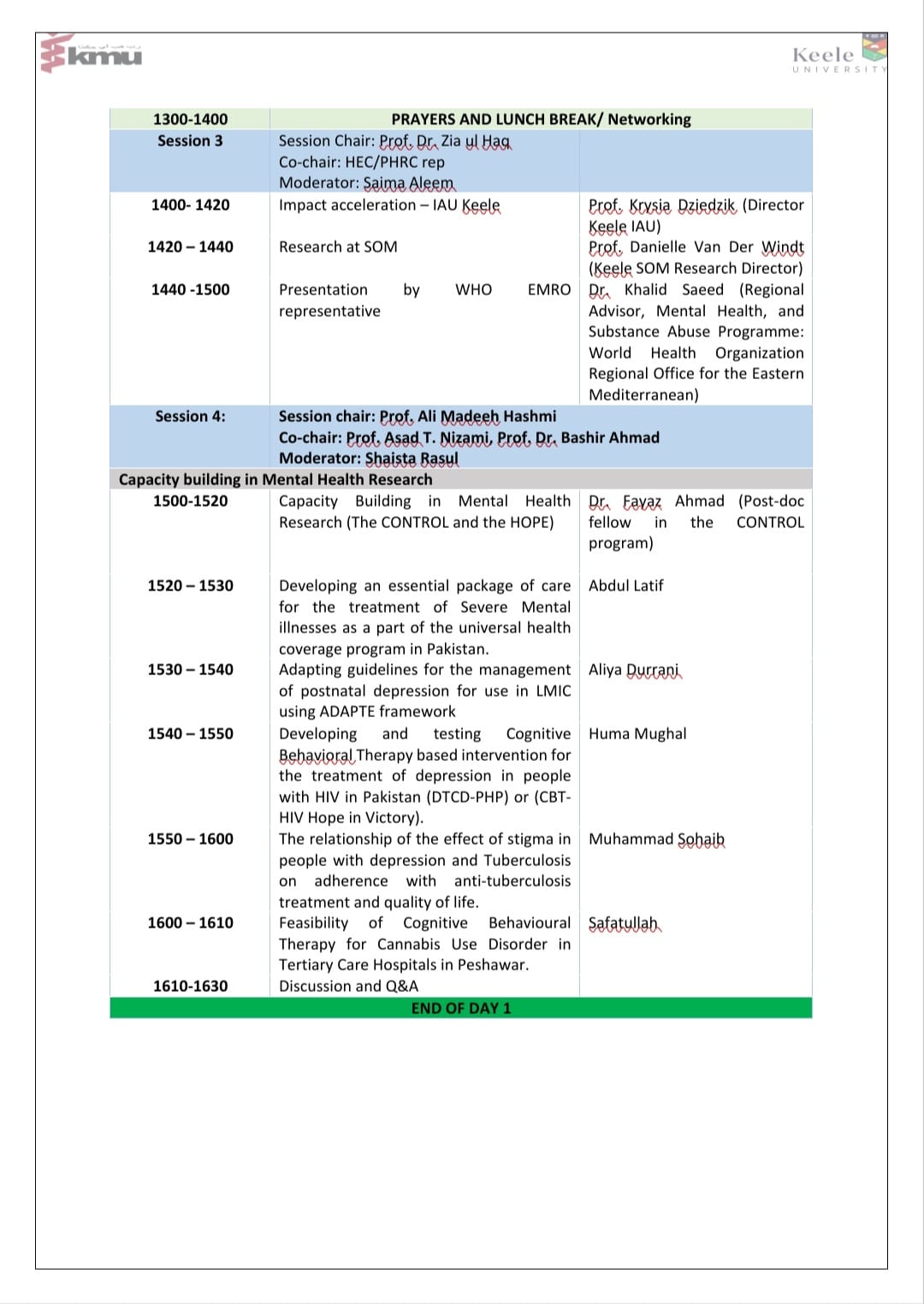
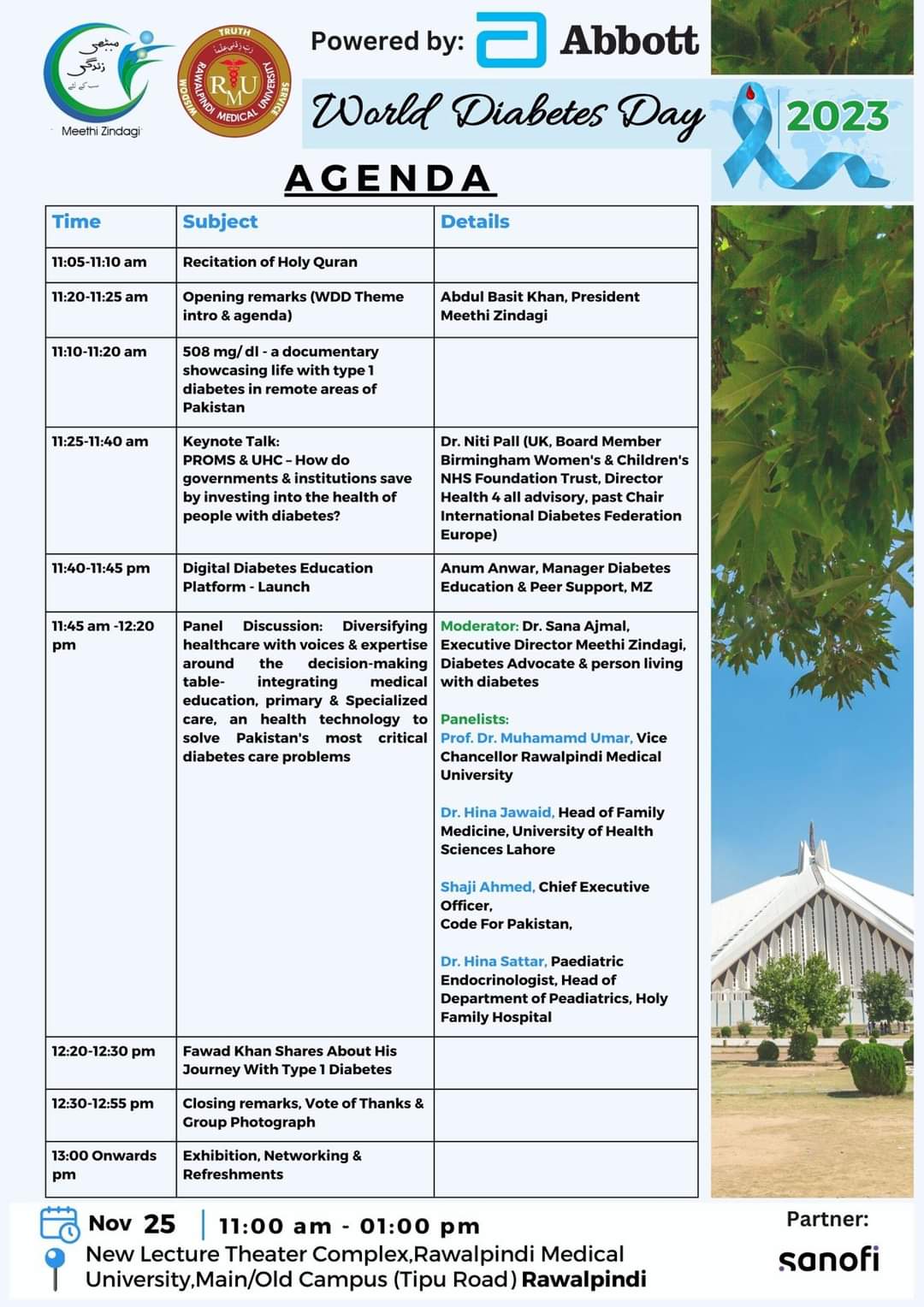


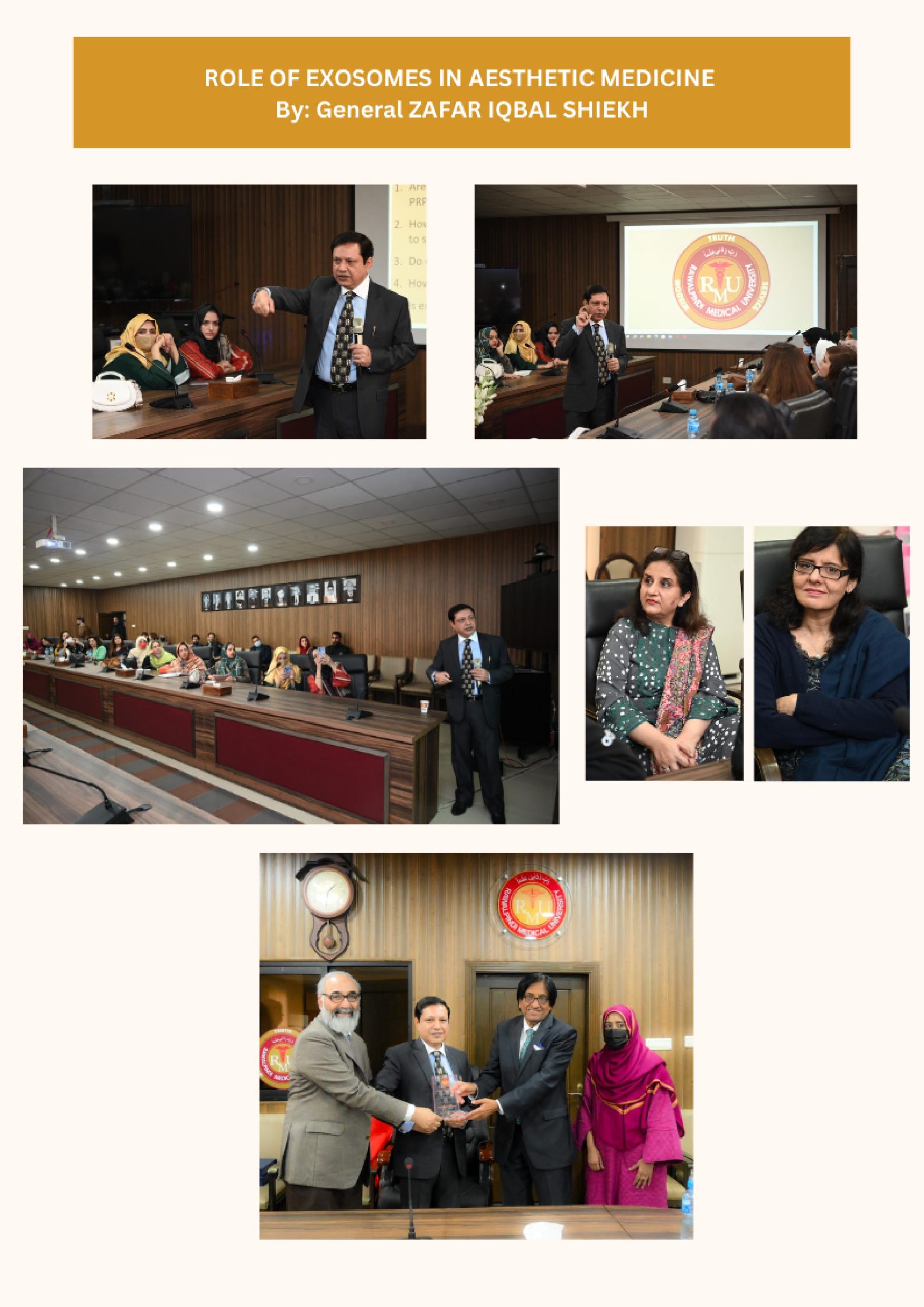


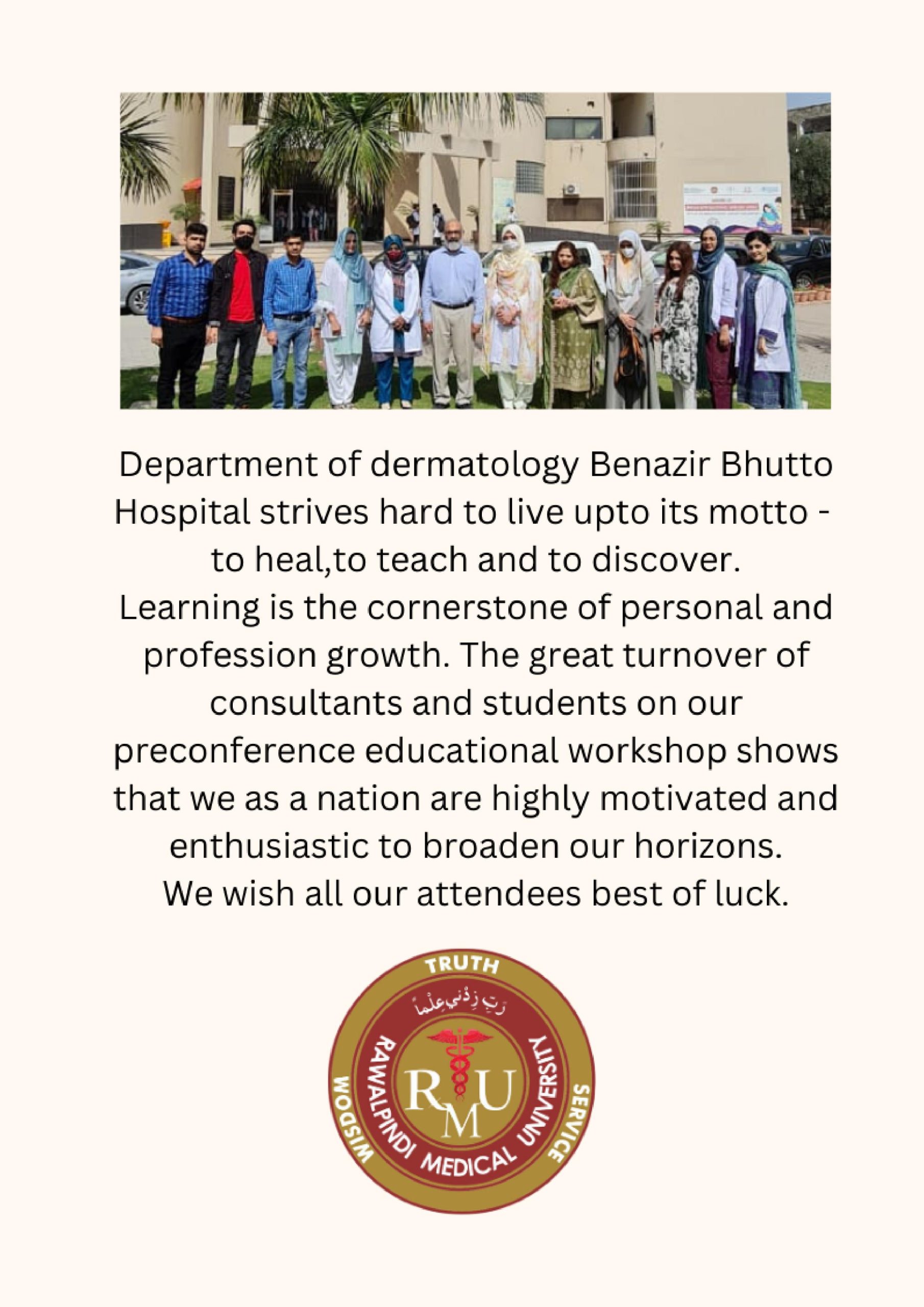
A pre-conference workshop is a specialized event or training session that occurs before the main conference or seminar. These workshops are designed to provide in-depth knowledge, hands-on experience, or training on specific topics or skills related to the theme of the conference. Pre-conference workshops are typically smaller in scale compared to the main conference and offer attendees an opportunity to delve deeper into a subject of interest.
Here are some key characteristics and purposes of pre-conference workshops:
- Focused Learning:
Workshops allow participants to concentrate on a specific subject or skill, often exploring it in greater detail than what can be covered in the main conference.
- Hands-on Experience:
Many workshops include practical exercises, group discussions, or interactive activities to engage participants and enhance their understanding.
- Skill Development:
Workshops are often geared toward skill-building, whether it’s learning a new software tool, mastering a particular technique, or acquiring a specific set of competencies.
- Expert Instruction:
Experts or practitioners in the field typically lead these workshops, providing valuable insights and guidance.
- Smaller Audience:
Workshop sessions usually have a limited number of participants to ensure a more personalized and interactive learning experience.
- Extended Duration:
Pre-conference workshops can last anywhere from a few hours to a full day or more, allowing for in-depth exploration of the topic.
- Preparation for the Conference:
Some workshops serve as a primer for the conference, helping participants gain foundational knowledge or skills that will be beneficial during the main event.
- Networking:
They also offer opportunities for networking and connecting with fellow attendees who share similar interests.
They are typically scheduled a day or more before the main conference begins, and attendees often need to register separately for these workshops, as they may require an additional fee beyond the conference registration.
Overall, pre-conference workshops are valuable components of many conferences, providing participants with an opportunity to deepen their expertise and make the most of their conference experience.
Master Class is an educational platform that offers high-quality video courses taught by experts in various fields. Each course is typically structured as a series of video lessons, accompanied by additional learning materials and resources.
The unique point of Master Class is that it provides a chance for learners to access insights and knowledge directly from some of the world’s most accomplished individuals in their respective fields. Each class is professionally produced and offers a mix of practical lessons, personal anecdotes, and insights that go beyond traditional classroom education.
Here are some key features and aspects of Master Class:
- Master Class features instructors who are some of the most accomplished and well-known individuals in their industries.
- Each Master Class may include content having video lessons that are professionally produced to provide a visually engaging and informative learning experience.
- Master Class covers multiple aspects of a topic in depth
- Master Class provide opportunity for interactive discussion on topic , when allowed by teacher.
- Master Class provides opportunities for students to connect with fellow learners physically/ online , fostering a sense of belonging and collaboration.
A “meet the experts” session is an event or opportunity where individuals can interact with and learn from experts in a specific field or subject. These sessions are typically organized to provide a platform for knowledge sharing, networking, and asking questions.
Here’s how a meet the experts session might work:
- Organizers invite experts who are well-versed in a particular topic or subject matter. These experts could be professionals, researchers, practitioners, or thought leaders with extensive experience and knowledge in their respective fields.
- The format of the session can vary depending on the goals and objectives. It could be a panel discussion, a workshop, a Q&A session, a webinar, or a conference.
- Participants often referred to as attendees or learners, have the opportunity to interact with the experts. They can ask questions, seek advice, share their own experiences, and engage in discussions related to the topic.
- Meet the experts sessions can cover a wide range of topics.
- These sessions often provide networking opportunities for attendees to connect with both the experts and fellow participants. This can be valuable for building professional relationships and expanding one’s network.
- Attendees can gain valuable insights, knowledge, and practical advice from experts in the field. It’s an opportunity to learn from the best and stay up-to-date with the latest trends and developments.
- Depending on the format, meet the experts sessions can be held in person, virtually, or in a hybrid format, making them accessible to a wider audience.
- After the event, organizers often seek feedback from participants to assess the session’s effectiveness and make improvements for future sessions.
These sessions are valuable for both experts and attendees. Experts can share their knowledge and insights, while attendees can learn from experts, network with peers, and gain a deeper understanding of a particular subject. Meet the experts sessions are commonly organized by educational institutions, industry associations, conferences, and professional organizations
The term “symposium” has its origins in ancient Greece, where it referred to a social gathering where participants would discuss various topics, often accompanied by food and drink. In modern times, symposia have evolved to encompass a wide range of formal gatherings focused on knowledge sharing and intellectual discourse.
Symposia often involve presentations, lectures, debates, and discussions among participants who share their expertise or research findings. Symposia can be organized by academic institutions, professional organizations, research groups, or companies, depending on the context and purpose of the gathering.
They provide a platform for networking, learning, and collaboration within a particular field or community. Symposia can be organized in various settings, such as academic institutions, research organizations, professional associations, or even as part of cultural and social events.
The format and structure of a symposium can vary, but they generally aim to facilitate in-depth discussions and the exchange of knowledge among participants. Symposia are an important part of the academic and professional community.

